|
|
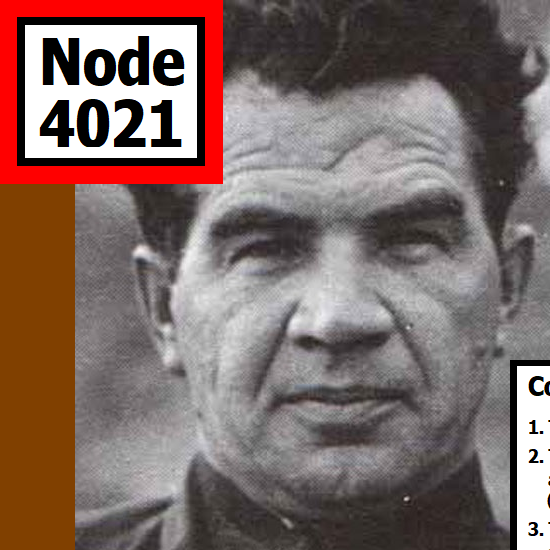
|
|
the Chuikov Node Generator on:
Saturday, March 13, 2021 -- 11:56:43 AM
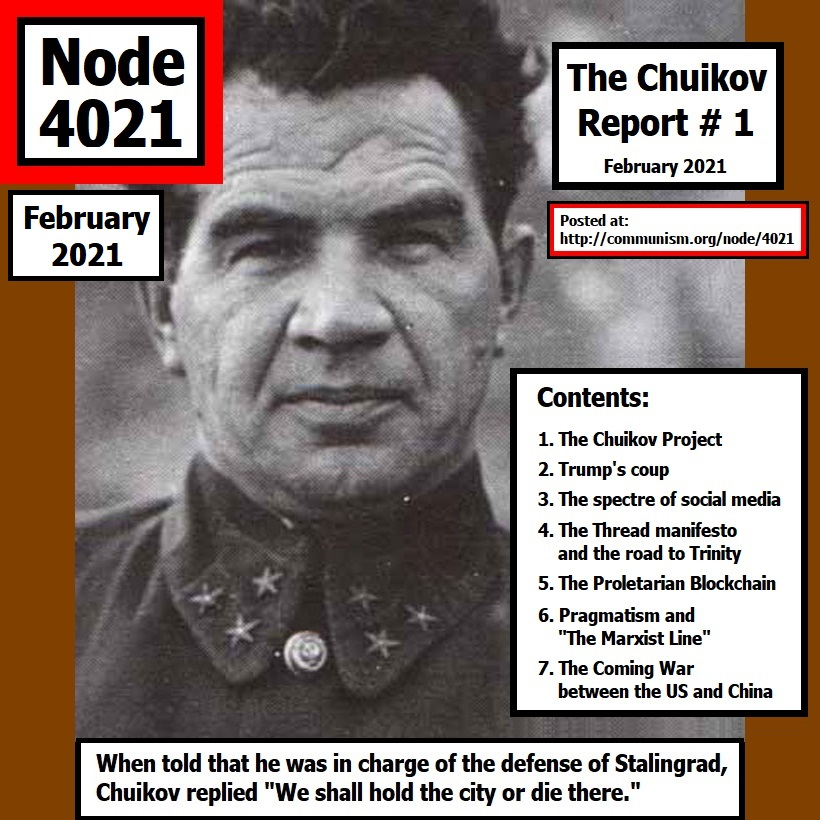

Stalingrad 1942 .. 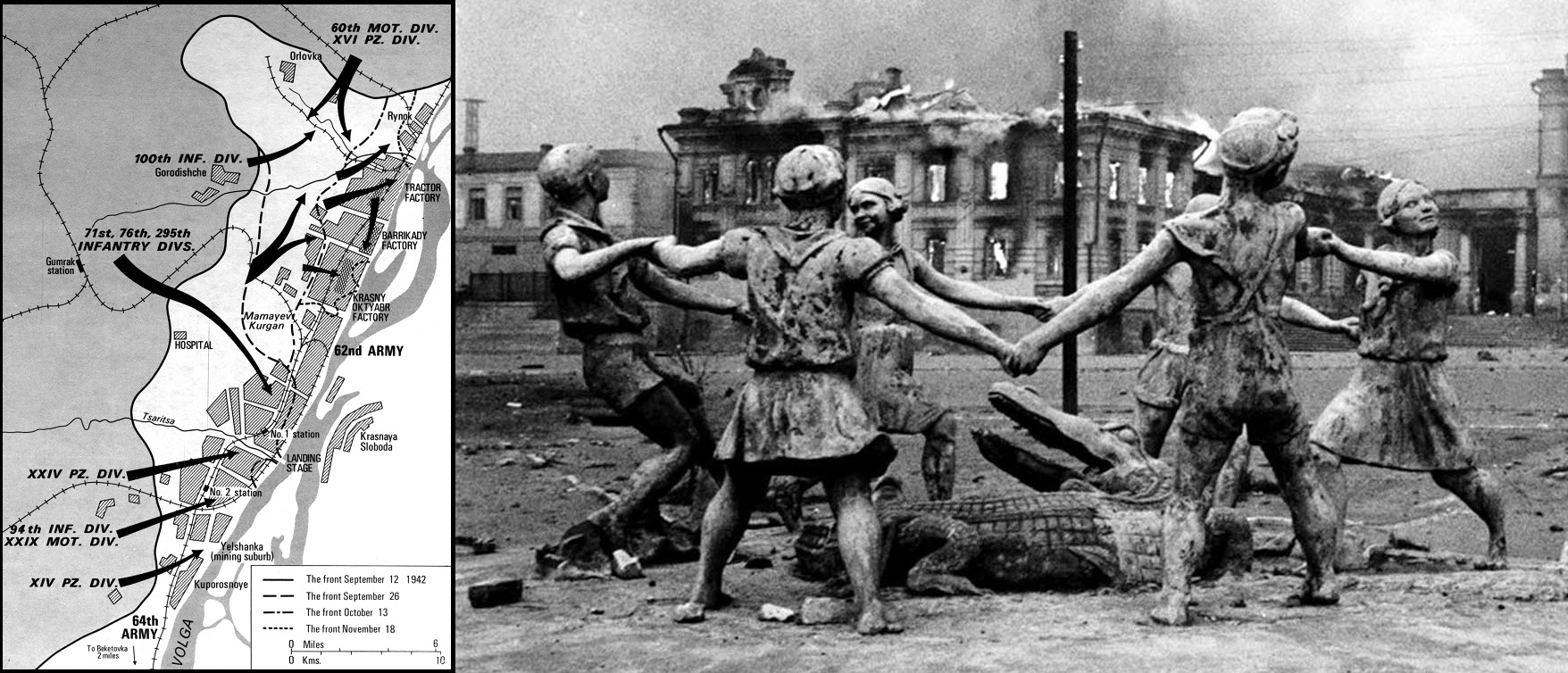
and the battle of Stalingrad 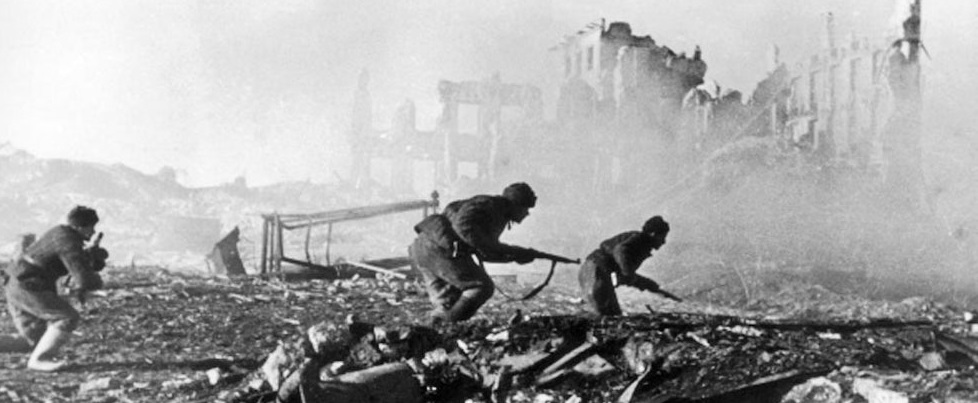
|
__/ __/ __/ __/ __/ __/ __/ __/ __/ __/ __/ __/ |
||
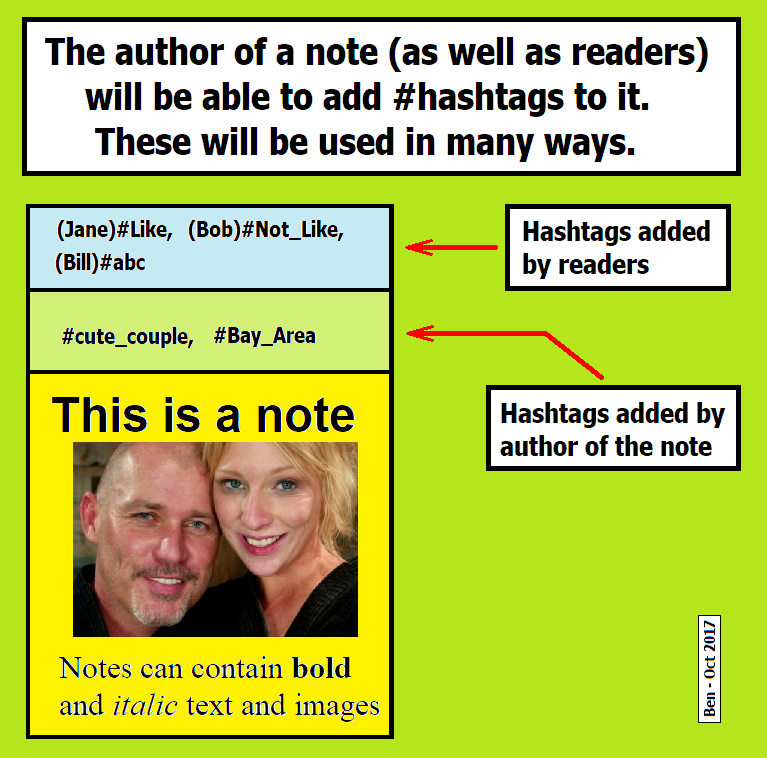
of Spartacus Ex Machina 



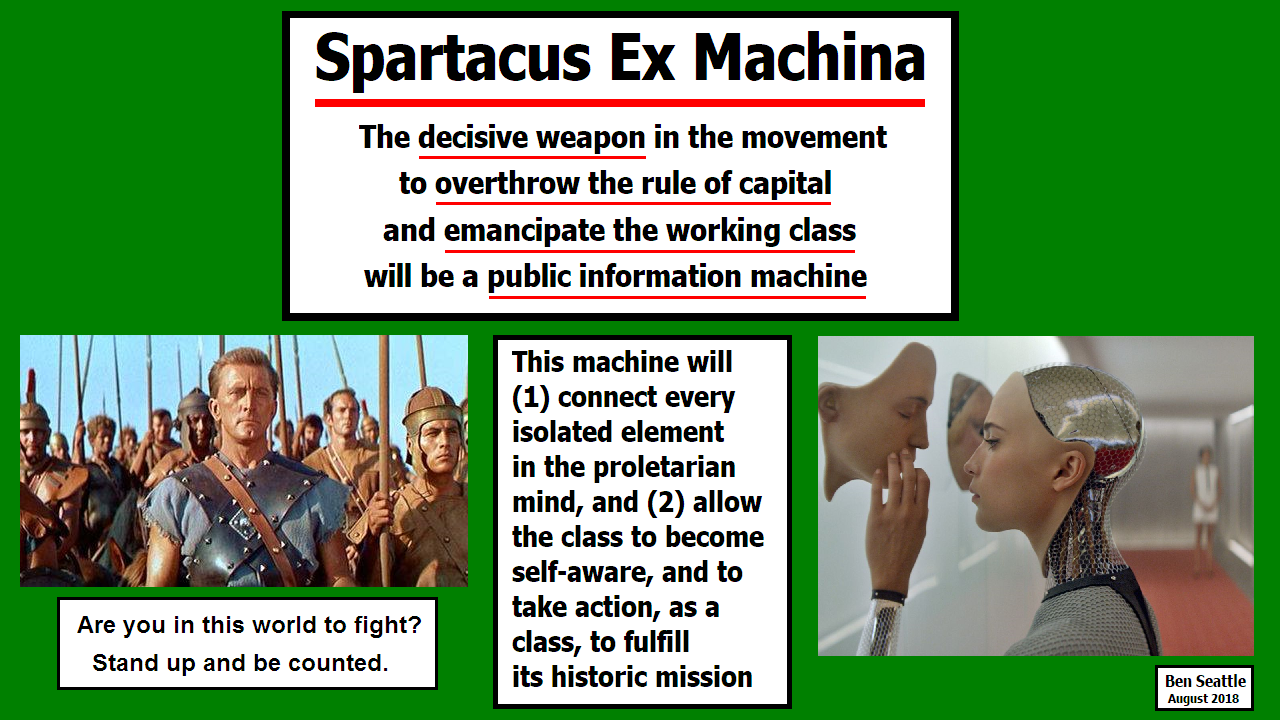
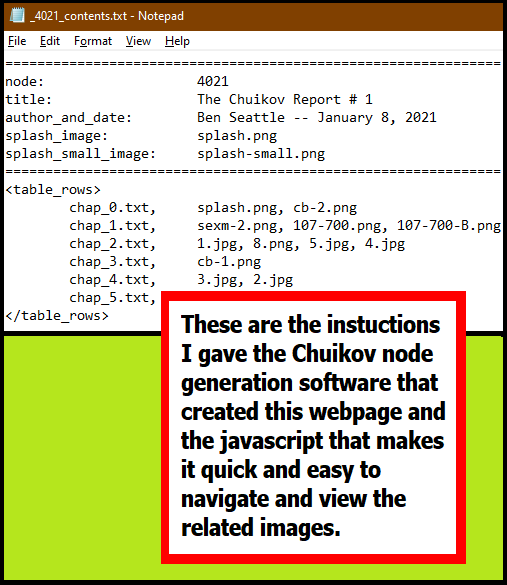
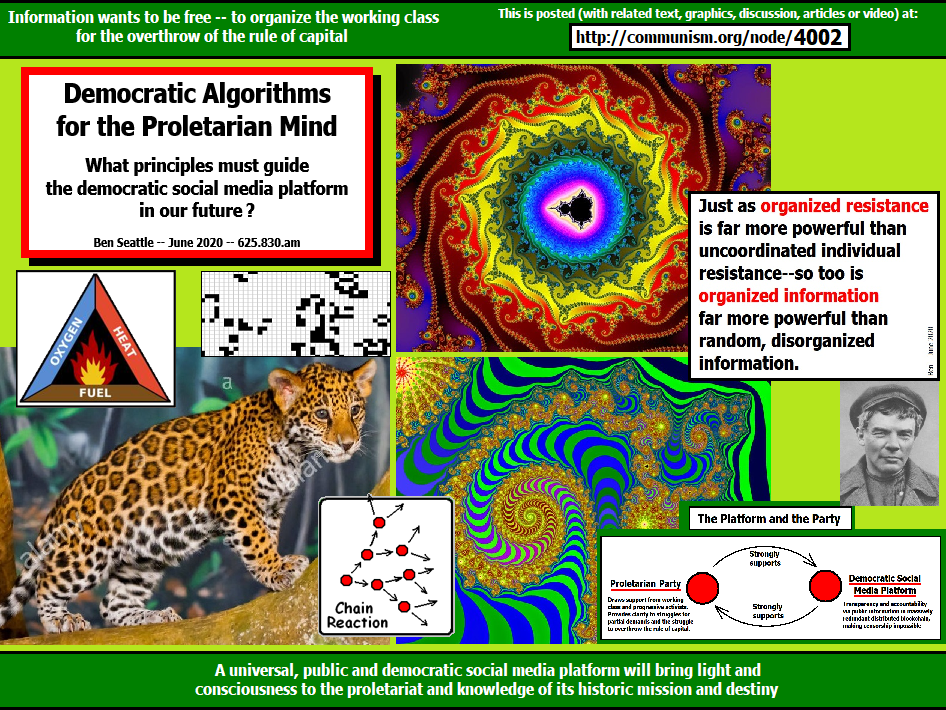
Democratic Algorithms for the Proletarian Mind 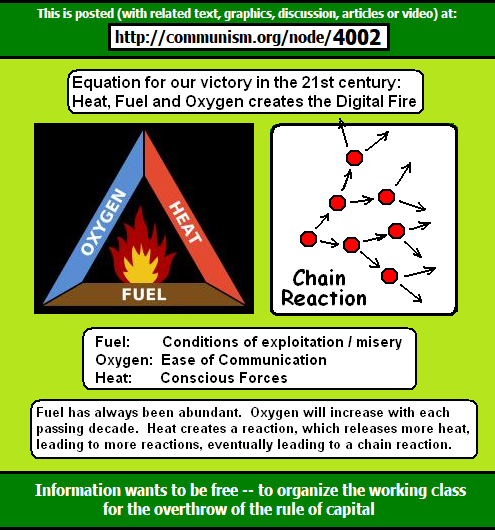
(below) Node 4005 -- Red and Green Projects -- work and play 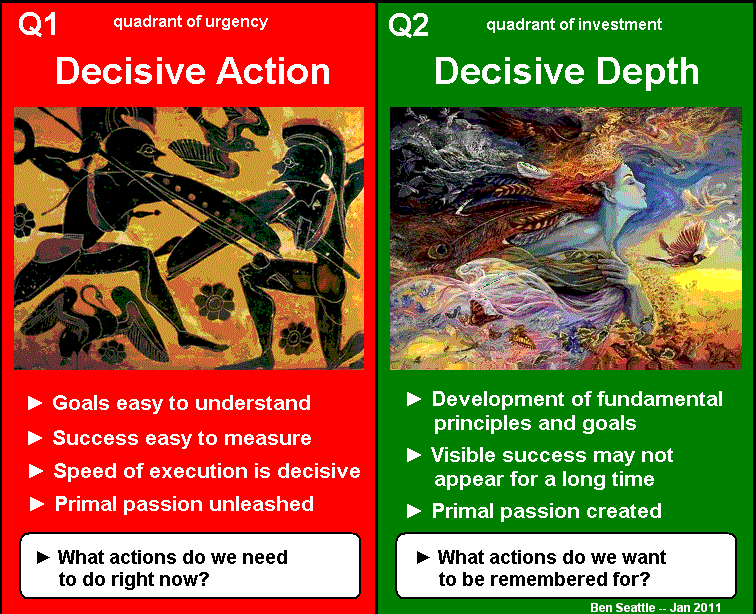
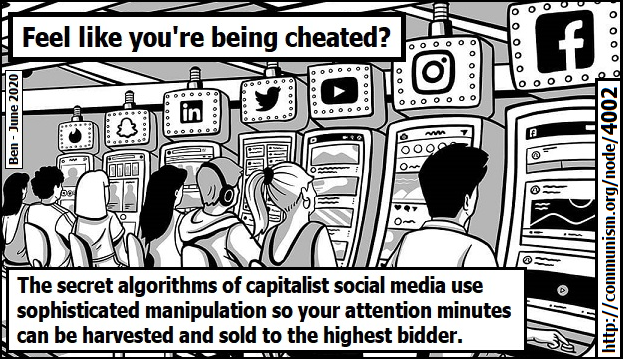
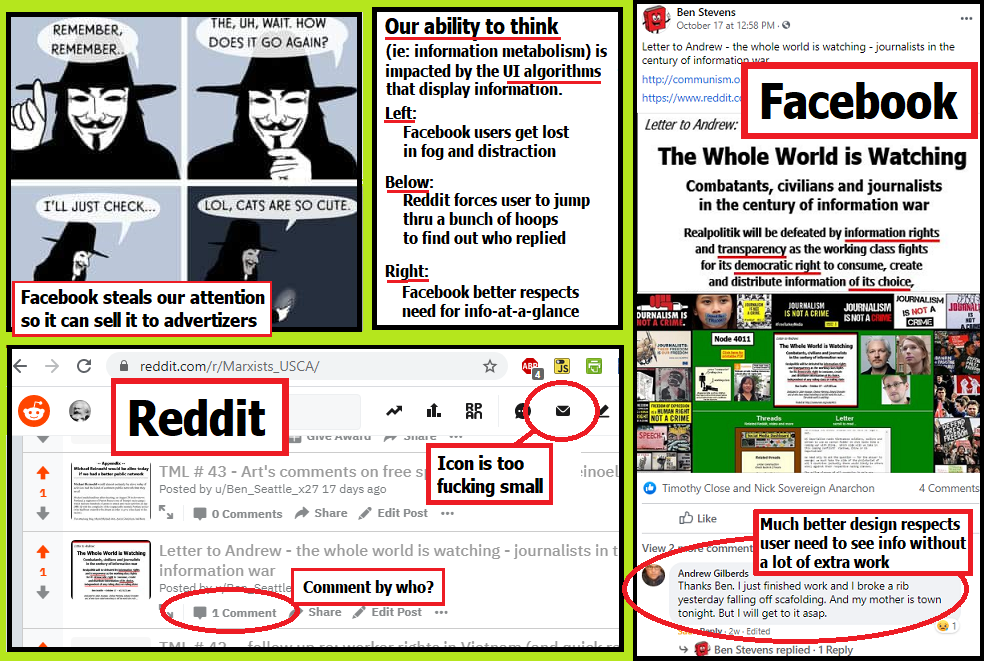
The big commercial software platforms fuck with us in countless ways. They make important information hard to find and place a heavy tax on our attention. .. (below) Users must control the algorithms instead of algorithms controlling the users 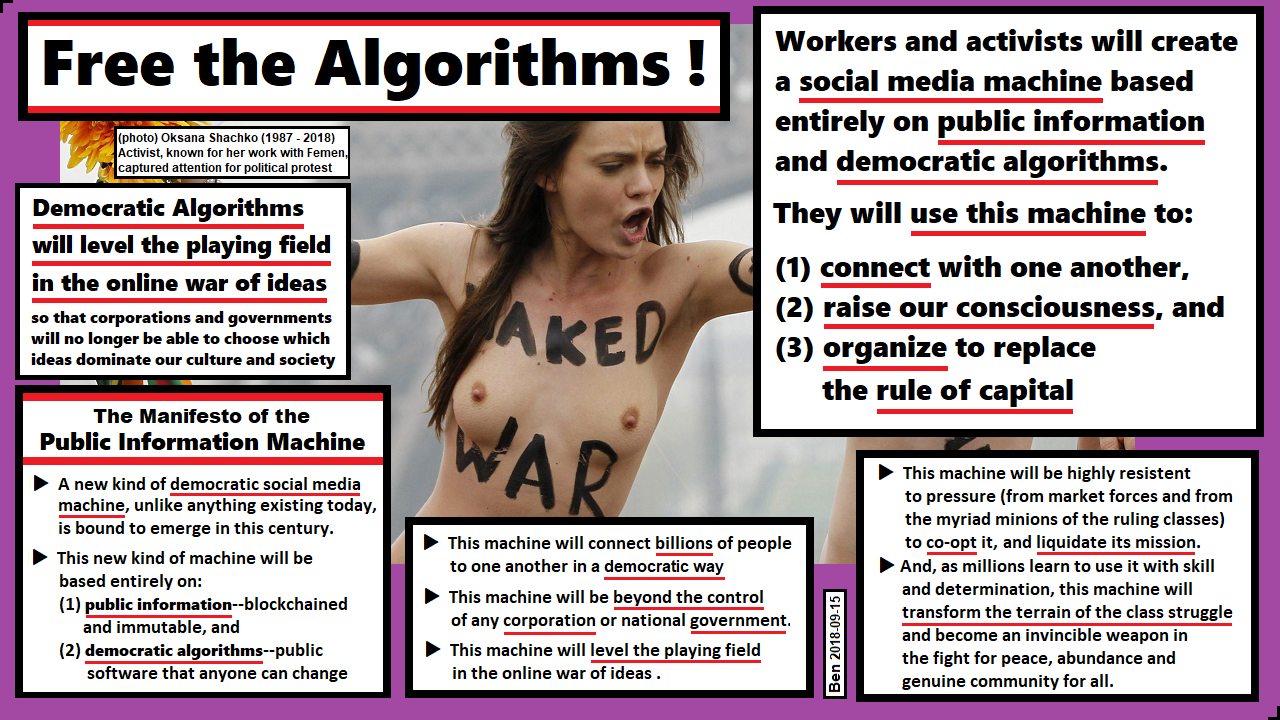
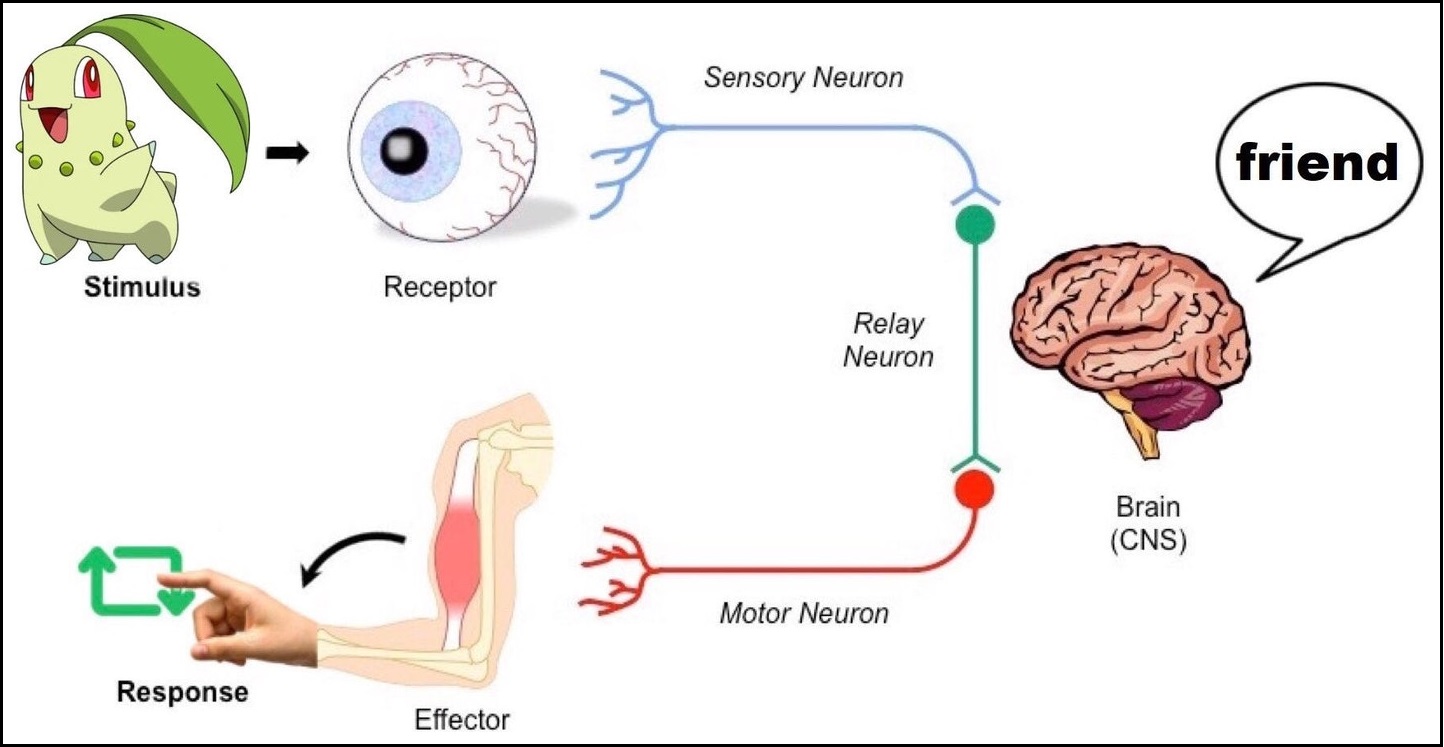
central nervous systems in nature 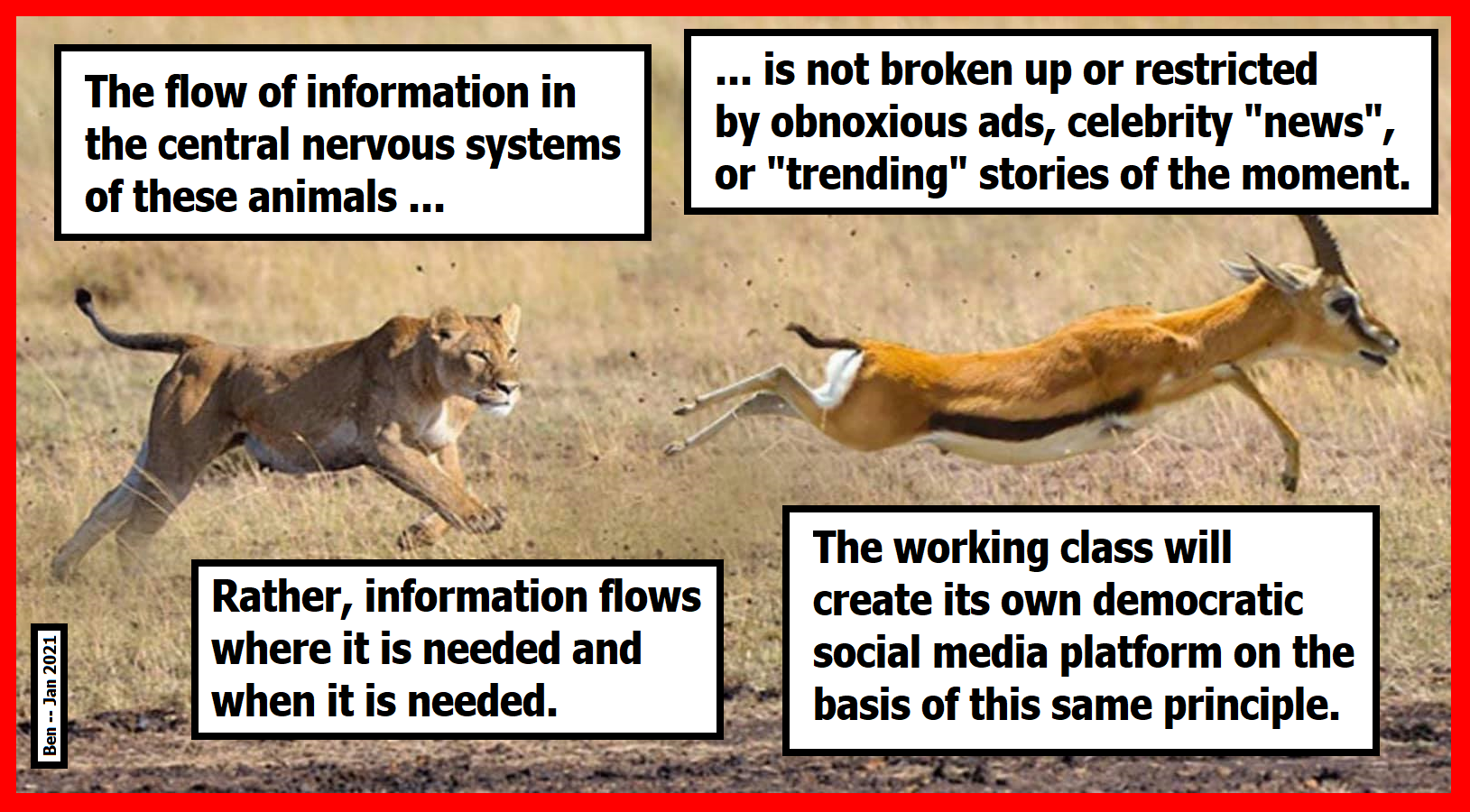
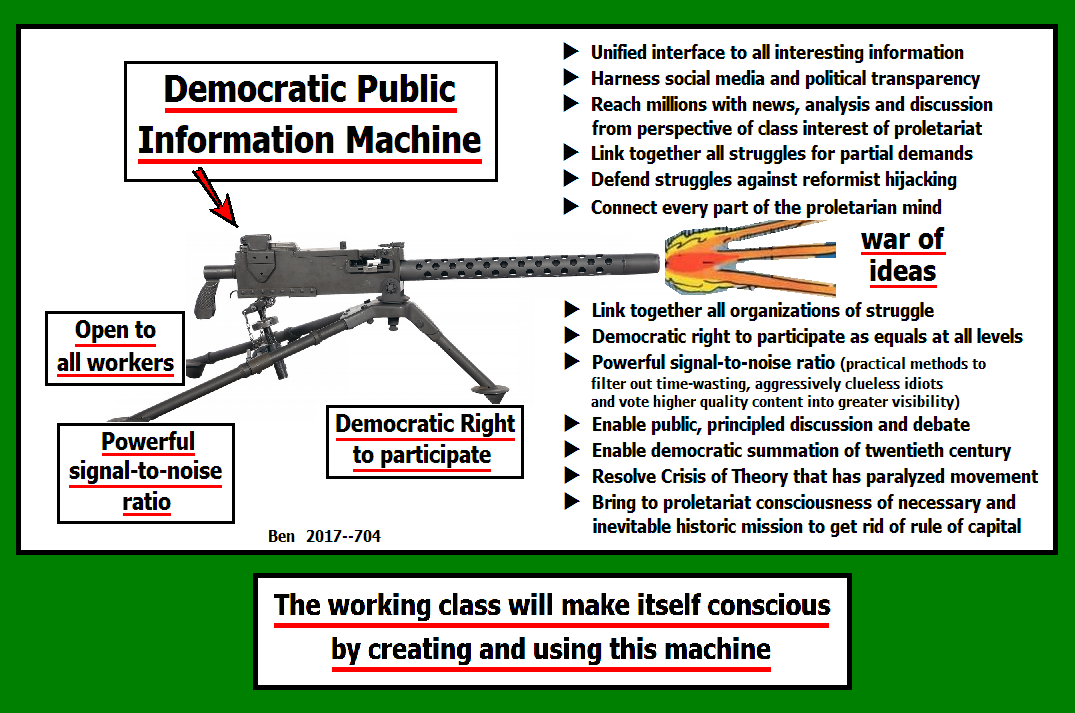

an information machine, from Node 4012 Ben Seattle's comments on the Komrade discussion forum 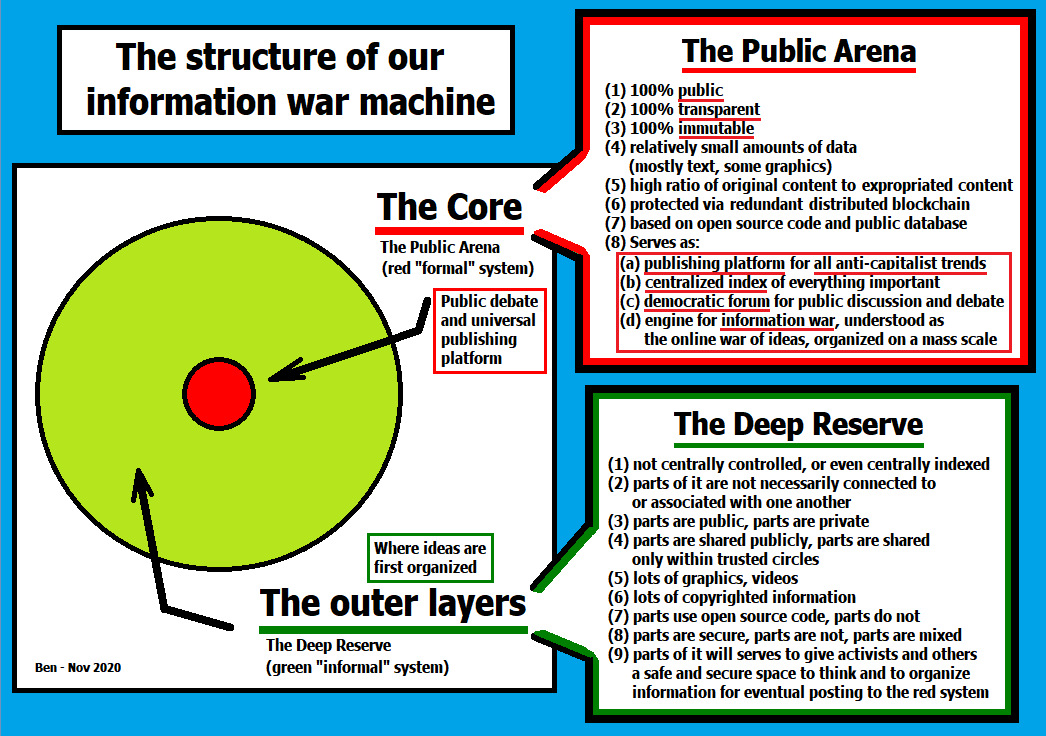
|
 to serve the proletarian revolution  I am creating a software app that I am naming "Chuikov" (as a dedication to the guy who was in charge of the defense of Stalingrad). (1) Chuikov will help users write and organize notes, of all kinds, and to combine these notes into other notes. Notes will contain text, images, links, tags, tables, scrollable content--and (of course) other notes. In this way--Chuikov will function as a personal information manager. (2) Users will also be able to use these notes to create packages of public content (that I call "nodes") to be posted at a location in common with other Chuikov users (probably at communism.org). In this way--Chuikov will function as a publishing platform. (3) Chuikov will help users to easily find, filter, organize, read, and respond to other public nodes by other people. In this way--Chuikov will function as a social media platform. of independent platforms (4) In this sense, even if it was crude, even if the platform was limited to 10 users, Chuikov would have potential to show activists that there is a new way of organizing and making use of information. If successful, on these terms, the ideas inherent in the platform may help to guide the evolution of an emerging generation of prototype platforms that will eventually connect with one another and (over time) coalesce into a new kind of democratic social media platform, with algorithms that are chosen by (or created by) the user. In any event, this is my intent. (5) At the least (if nothing else) Chuikov can serve as an experimental platform designed to investigate the usefulness of certain kinds of design principles used to retrieve, display, recombine, or otherwise leverage information. (6) For many years, I have been advocating to political activists that they should be considering the potential of a common democratic social media platform. (7) A common democratic platform would be built around the mission of bringing essential knowledge of the class struggle (and every other part of human and natural life) to the proletariat--so that the proletariat would understand its primary role in the struggle of humanity to liberate itself from the terror and the tyranny of capital. (8) For the most part, my words have had little impact on few people. It would seem that there is nothing left for me but to roll up my sleeves. I know what needs to be done: (9) I have made efforts in the past to create software to prototype principles along these lines. My life fell apart around me, but I persisted. Even so, my efforts came to naught. I have, since then, learned much. I may have time and life enough left to make a second effort--if my focus and priorities are clear. (10) And that, my friends, is why I have named this project in honor of the memory of what Chuikov and his soldiers did in the decisive days of 1942. These men were focused. When I get tired or confused, and am not sure which direction is up, I ask myself one simple question: What would Chuikov do? (11) For 6 weeks in a row, I have put most of my spare hours (when I was not busy with my job) into creating C# code to: (a) help me create, edit and organize notes and (b) create the html and javascript needed to use these notes as the building blocks of this webpage. At this point, for the first time, I can post content to the web without reliance on either a commercial platform (ie: WordPress, Facebook, Reddit) or on manual coding of html. I used Chuikov to put this web page together. And I will be able to use Chuikov to easily create other webpages--so I can focus less on writing code and (at least for a little while) more on writing words that might move the hearts of men and women. (12) The next step, if I can catch my breath, will be to eventually give other users the ability to post notes as replies to nodes. For example, this essay currently has two columns. The formal column is mainly text. The informal column is mainly images. The next step would be to add a 3rd column where comments from users would be posted. The next step after that would be to give other users the ability to create their own nodes. (13) Even better (although something I would not be able to do without help from other software worker activists) would be to give Chuikov the ability to import from (and export to) mainstream commercial platforms, so that (for example) users could have the option of adding notes to Chuikov by posting on twitter, and the option of posting on twitter, Reddit or Facebook, and so forth, by using Chuikov. This would mean that a Chuikov user would be able to have a single platform from where they would have the ability to command and control all of their accounts on all social media platforms. (14) How much of this will I actually be able to do? Certainly a lot less than I would like. But if something is important, and needs to be done, there will eventually be plenty of other people helping. My role is not to do everything by myself--but simply to do what I can: If you want to build a ship, don't drum up people to collect wood and don't assign them tasks and work, but rather teach them to long for the endless immensity of the sea. -- Antoine de Saint-Exupery  (15) I wrote a somewhat detailed description of how everything would look if I actually had time to turn my ideas into code. My description appears in Appendix B of "Spartacus Ex Machina", and I have written further in nodes 4002, 4005 and 4012 (please see the links in the next column). (16) I have spent 50 years studying, in one way or another, how information is organized in our brains, so that after half a billion years of evolution, information can flow in such a way that billions of cells can function as part of a larger organism. Modern life and technology have laid the basis for the next step: billions of proletarians combining their actions as part of a social class with the mission and destiny of the liberation of humanity from the rule of capital. (17) The algorithms that determine what words and images you see and hear, and what words and images of yours that others see and hear--must be controlled by each user. These algorithms must be liberated, so that information can be free to bring light and consciousness to the proletariat. Only in this way can we break free from all restrictions on the vital flow of information our class needs. (18) Putting the choice of the algorithms we use in the hands of greedy corporations or (worse) governmental institutions (which are all controlled by our ruling class) is a recipe for the eternal perpetuation of ignorance on on a mass scale. Algorithms are the essential and decisive modern tool that amplifies our ability to learn what is important--and amplifies our ability to speak our mind. Just as we must have the right to read what we want and the right to say what we want, so we must also have the fundamental right to choose the algorithms that make these first two rights meaningful in the age of social media. (19) A gazelle on the African savanna that is scanning the horizon for dangerous lions does not have its attention broken up by ads for grasses and leaves, nor by the latest news on which gazelles have been spotted together at trendy nightclubs. Rather--the central nervous system of the gazelle serves the real needs of the gazelle, 100%. In a similar way, activists must create a common democratic platform--where users control the algorithms rather than algorithms controlling the user. (20) My work exists on the boundary between: (a) the independent movement of the working class that will eliminate the rule of capital and (b) the software and algorithms that people can use to create, organize, package and post shareable content. The working class will organize information and communicate this organized information in order to transform it into consciousness and action. At this time, software workers and political activists are largely two separate communities. As our current century of information war continues to unfold, both of these communities will recognize that they very much need one another. The algorithms that will be used to organize and communicate information are associated with the names of people like Turing and Shannon. The independent movement of the working class is associated with the names of Marx and Lenin. I am a student of all of them, at least in the realm of theory. In the realm of practice, I will do what I can to be a student of Chuikov.  |
||
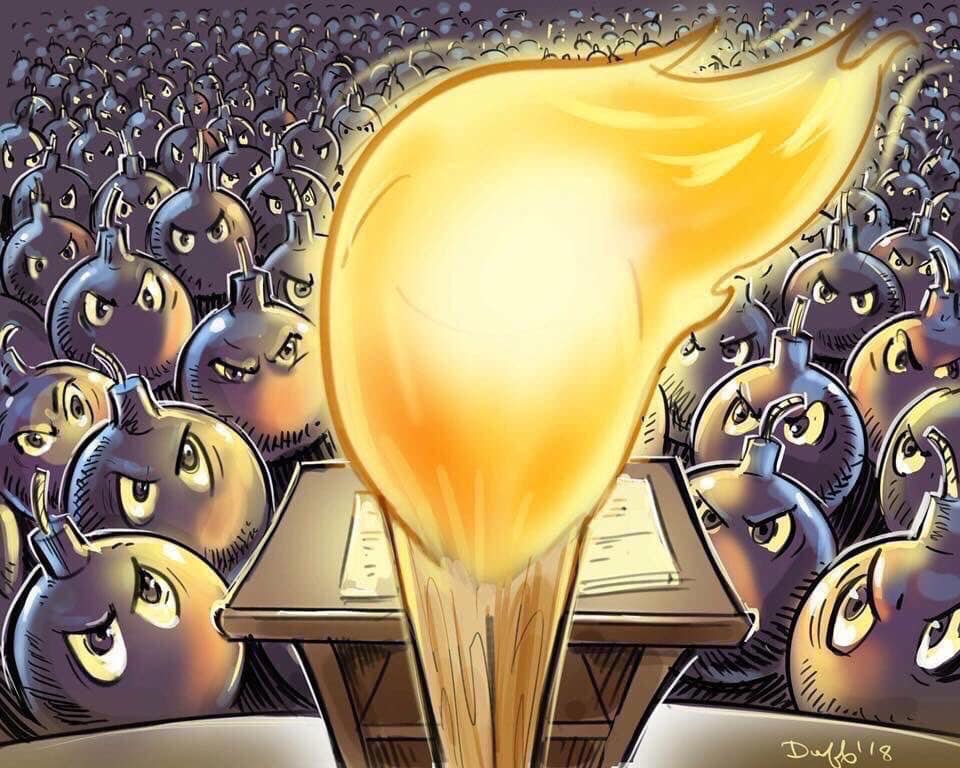
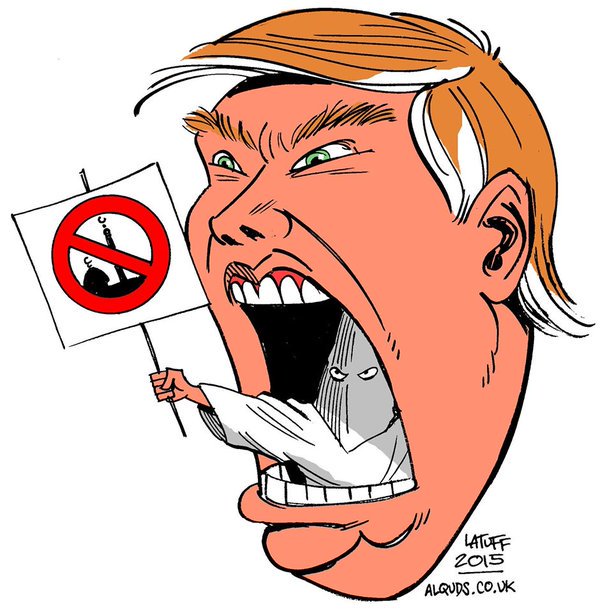

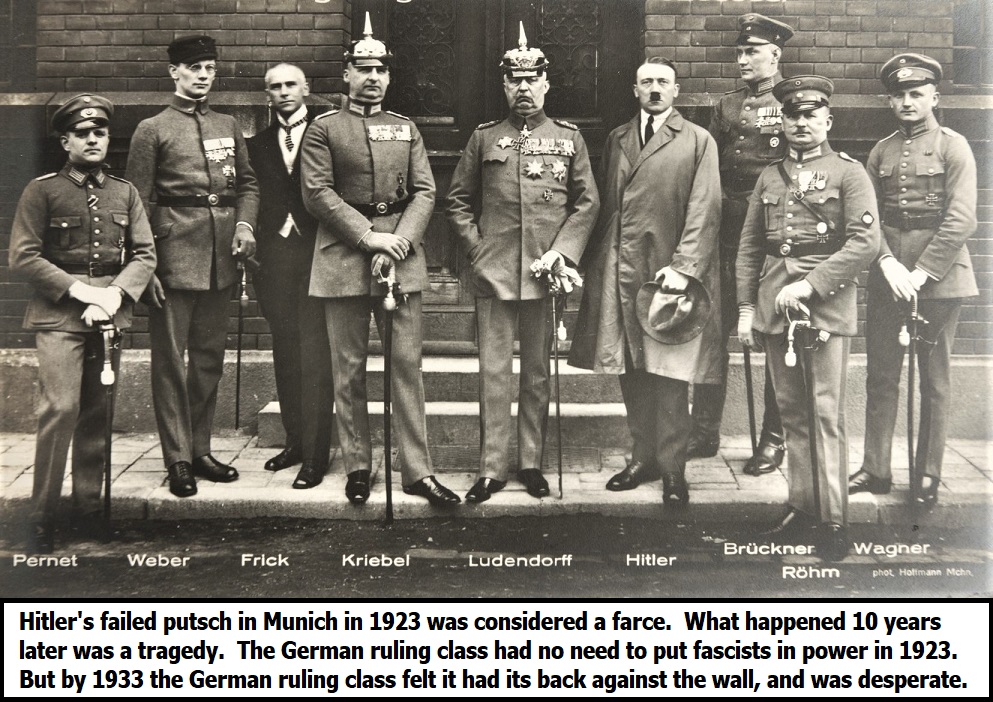
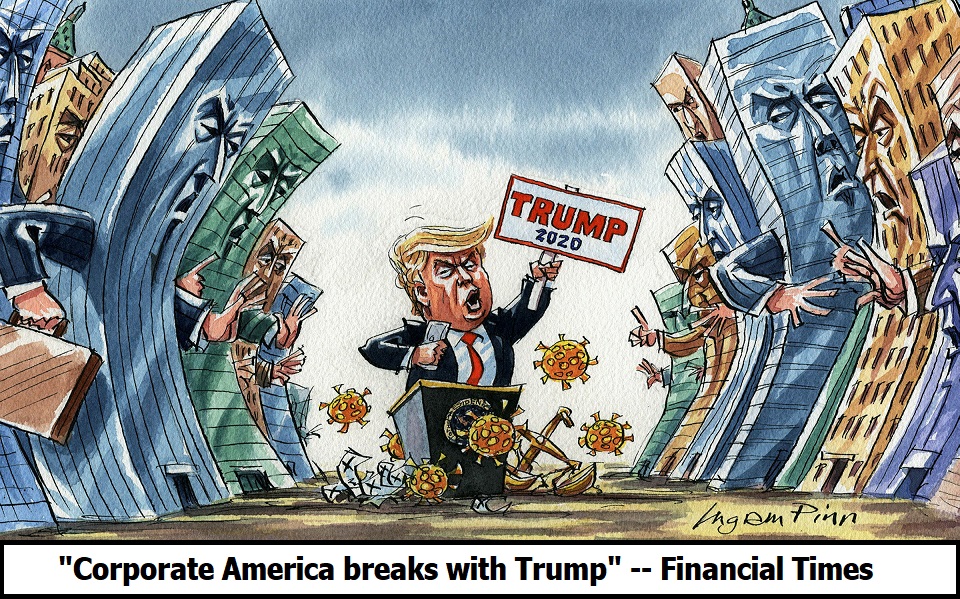
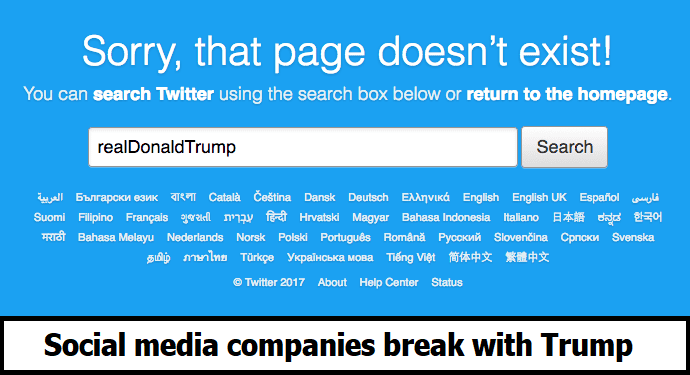
|
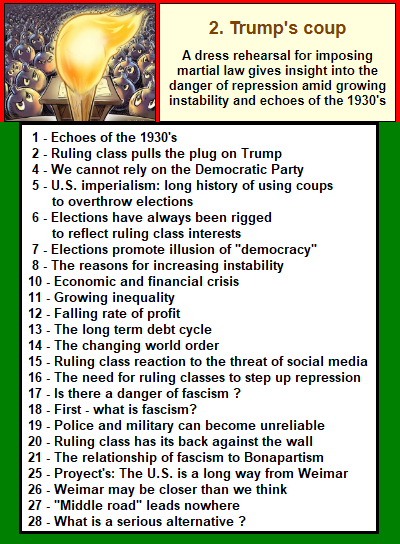 a dress rehearsal for imposing martial law On January 6, a crowd that Trump had summoned to Washington D.C., possibly as large as 10 thousand, stormed the Capitol building, in an effort to change the outcome of the 2020 election. The assault was led by the neo-fascist Proud Boys, and included other fascist and neo-fascist gangs that Trump has encouraged, as well as supporters of the bizarre QAnon conspiracy theory, which holds that Democratic Party politicians are cannibalistic pedophiles that Trump had been sent by god to arrest and execute. Some in the crowd were yelling "Hang Mike Pence". Early reports claimed that kill-capture teams had lists of politicians they were looking to execute, although this now appears to be an exaggeration, based on the spear carried by infamous QAnon Shaman. Eight people died as a result (one woman was shot by the police, one cop was beaten to death with a fire extinguisher, one woman was trampled to death by the crowd, there was one heart attack, one stroke and, so far, at least 3 suicides in the aftermath). The assault on the Capitol had plenty of support among high-ranking security officials who--in the days before the storming of the Capitol--repeatedly refused requests by lower-level officials for more realistic security preparations--on the excuse that this would be "bad optics". One out of seven of those arrested were current or former soldiers, and the stormtrumpers included many current and former cops as well as senior business executives. Trump may have been inspired by Mussolini's March On Rome in 1922, but the result was a confused and poorly organized imitation of Hitler's failed Beer Hall putsch in Munich in 1923. The right-wing gangsterism embodied in the calls to hang Trump's Vice President bring to mind the atmosphere in 1930's Japan, where Japanese militarists began to systematically assassinate politicians who refused to abandon constitutional government and go along with military rule. The result of all this has been a fiasco for Trump and his MAGA movement. The ugliness of the white supremacist and neo-fascist thugs was shown in a way that was hard for anyone to deny. Trump's support among Republicans dropped, and support from corporate and other big-money donors evaporated. Right-wing talk radio stations told their broadcast personalities that they would be immediately fired unless they stopped promoting the lie that Trump actually won the election. And the main big-tech outlets which had been amplifying Trump's racist poison, Twitter and Facebook, finally had enough and shut him down. Further actions were taken by Reddit, which closed one of the main Trump groups for incitement of violence. Google and Apple pulled Parler (a right-wing social media platform known for incitement of racist violence) from their app stores for phones. And Amazon shut down web services hosting for Parler. |
||
|
[Link 2.1 ] Zeynep Tufekci, Atlantic - Jan 5, 2021
This Isn’t Just Political Theater 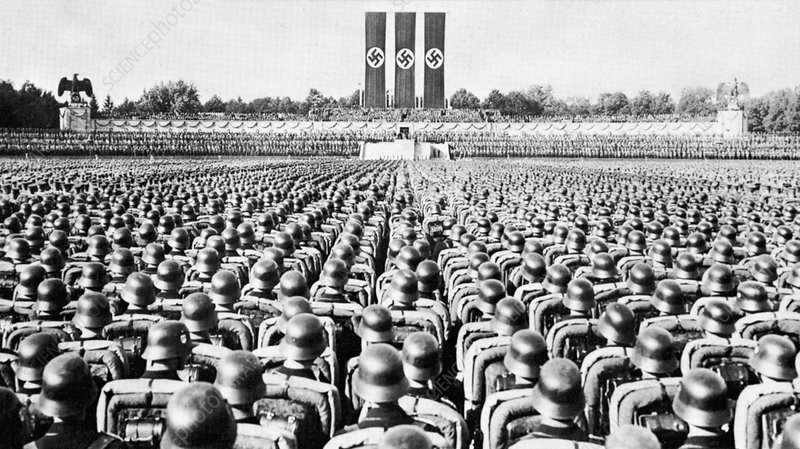
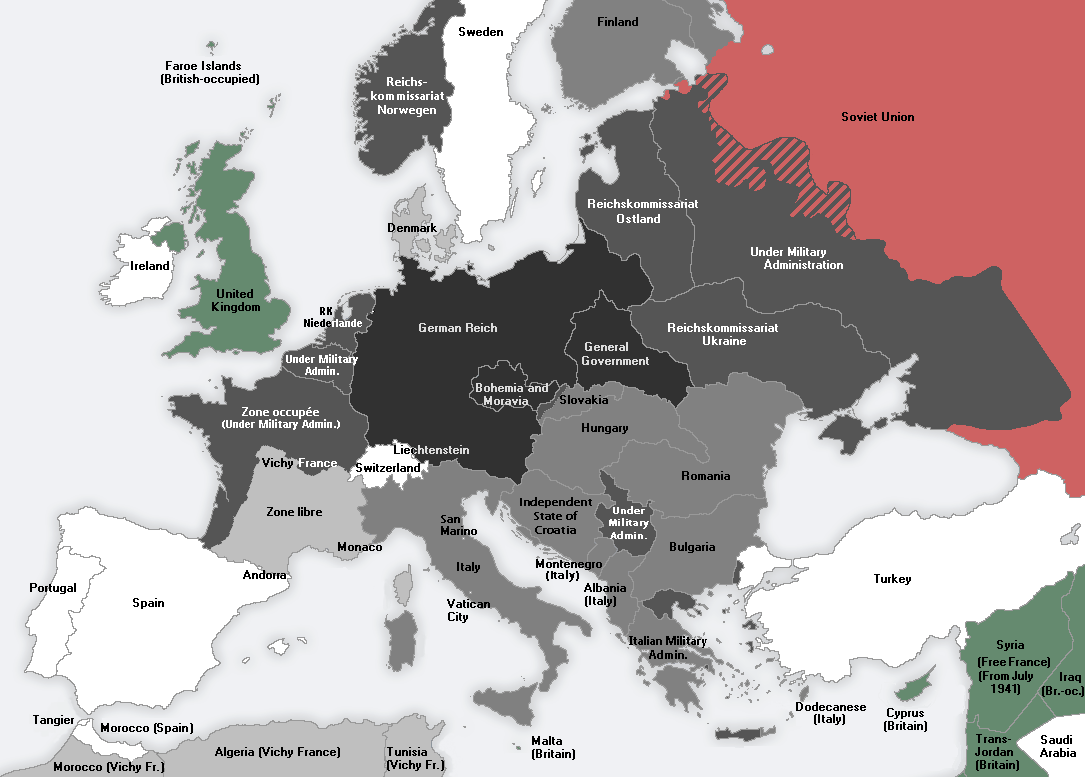
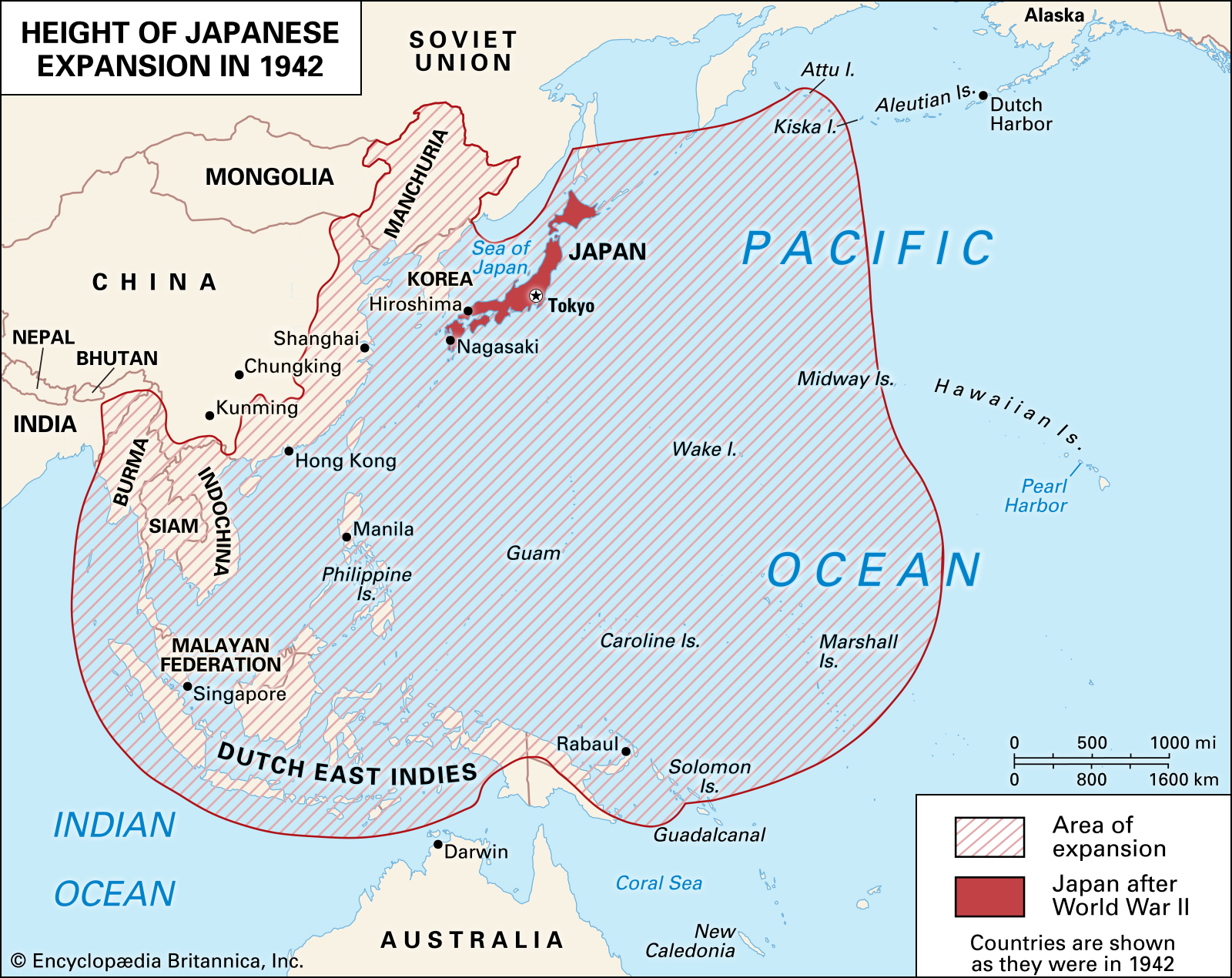
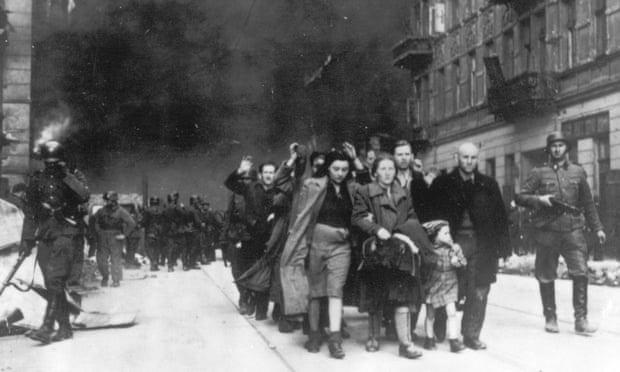

(below) using coups to overthrow election results is standard operating procedure for U.S. imperialism 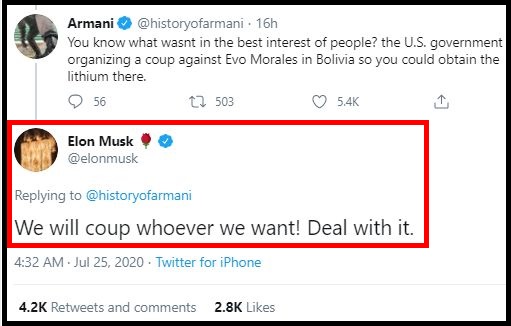
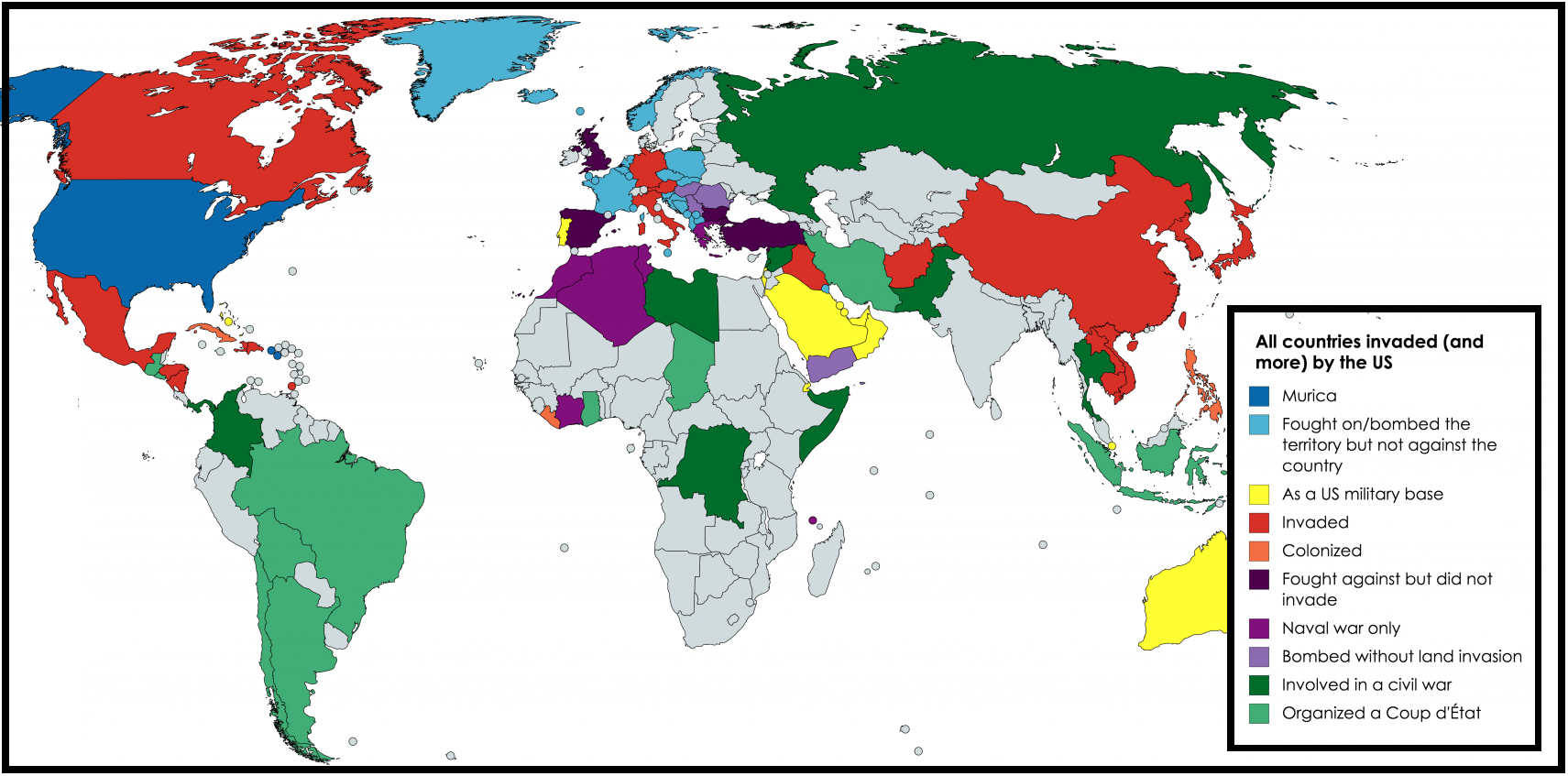
(below) a section from map above 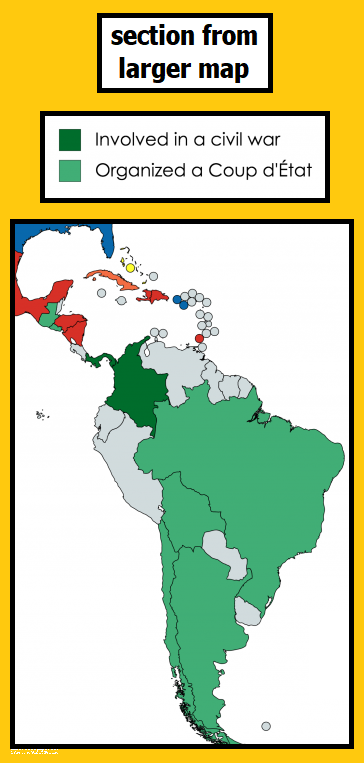
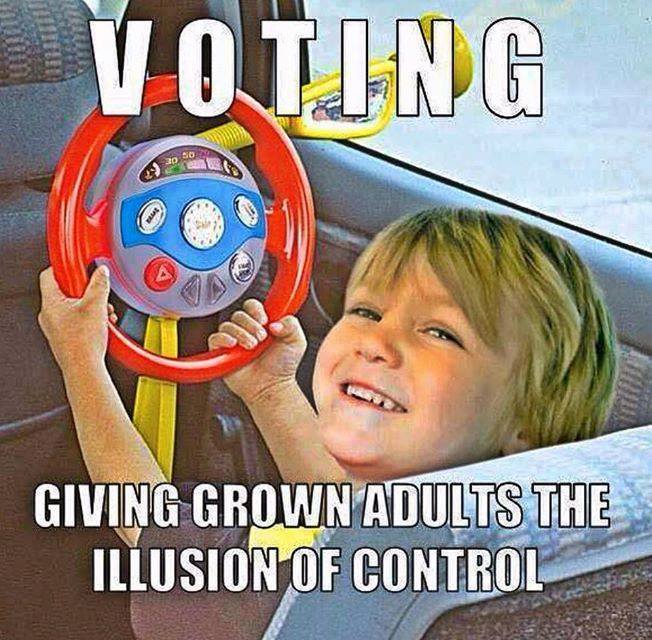
|
|
||
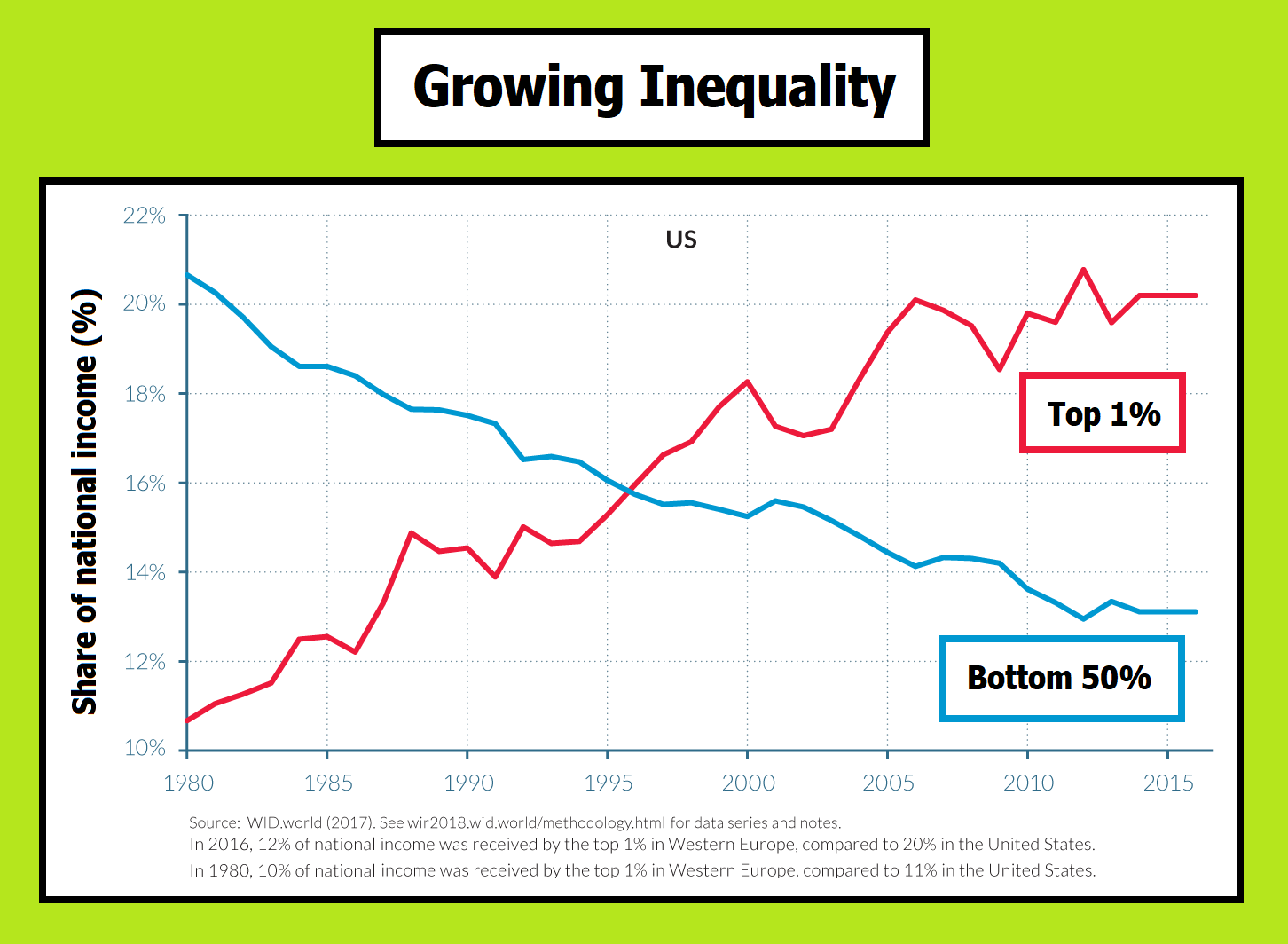
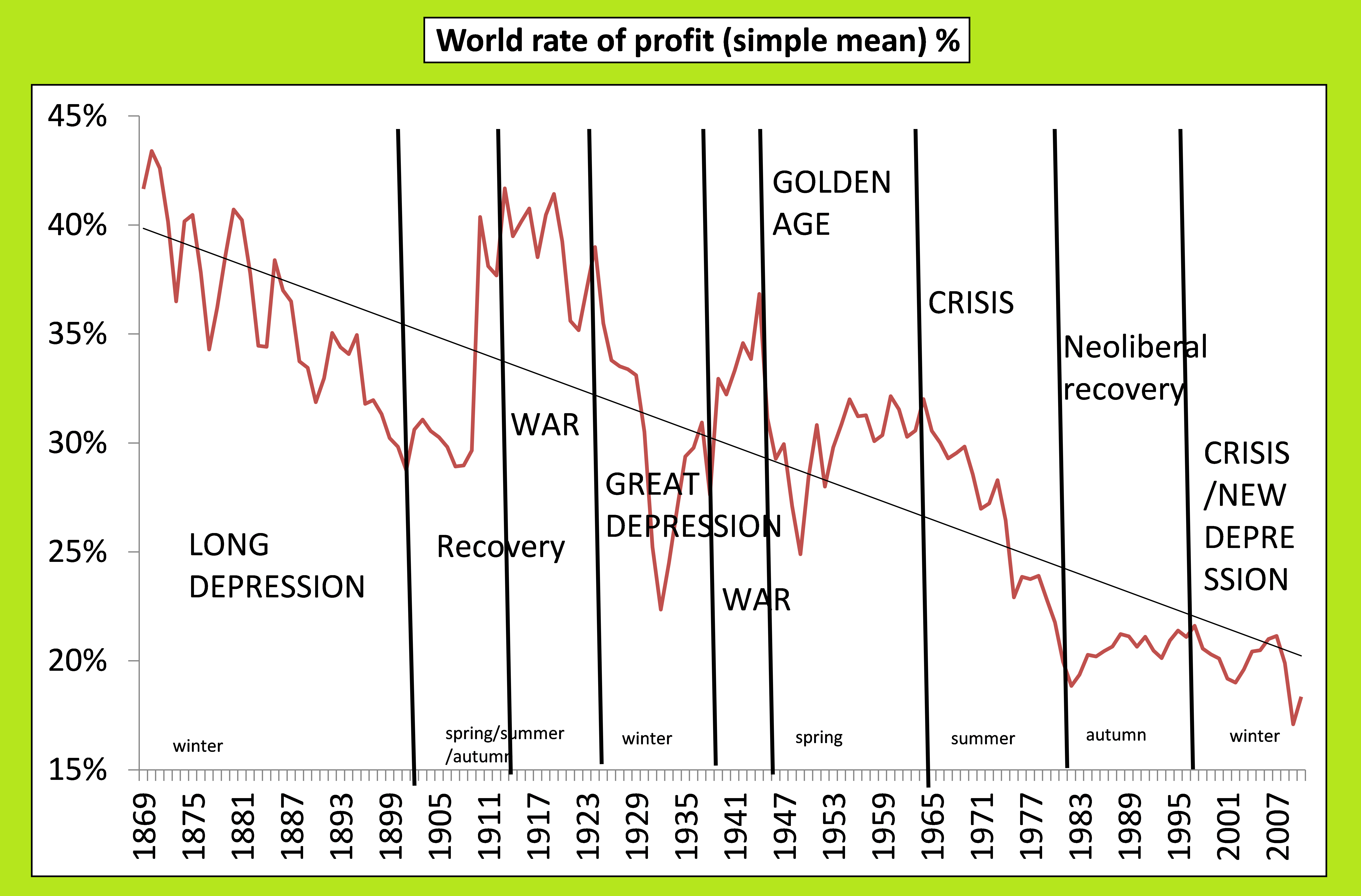
I am including a link to this "Fundamentals of Marx" video because it looks interesting and potentially insightful. However (as a caution to readers) I have not had time to study this topic, and (I will note) nearly every time I have looked at something which advertized itself as "Marxism" it managed to leave out the things which are most important. So I advise readers and viewers to ask themselves, often, "what is this explanation overlooking or leaving out?" By the way, here is a video (from the same source as the video above) about Marx's dialectics . I have always been fascinated by dialectics, which is strongly related to Taoism. For example, here is another video  (that I created) which uses these principles
to gain perspective on brain lateralization:
Our Brains are divided because the Universe is divided
(that I created) which uses these principles
to gain perspective on brain lateralization:
Our Brains are divided because the Universe is divided
|
|
||

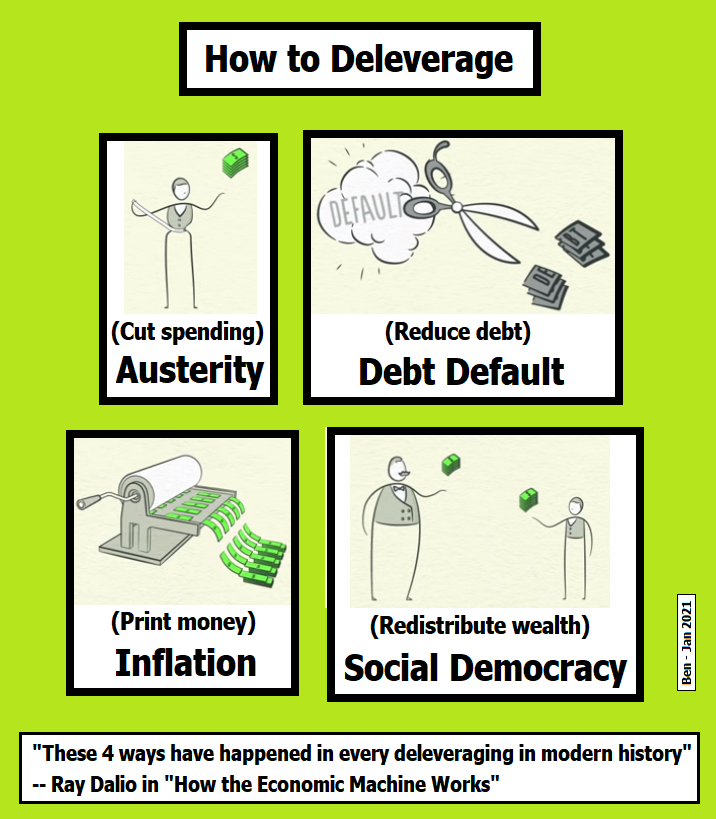
Ray Dalio (a representative of capital) gives his views on the long term debt cycle, what it is, and how it must be managed by decision makers in capitalist society. Also: An entertaining way to learn how the big capitalists turn debt into a form of fictitious capital is to watch YouTube clips from "The Big Short" (2015): 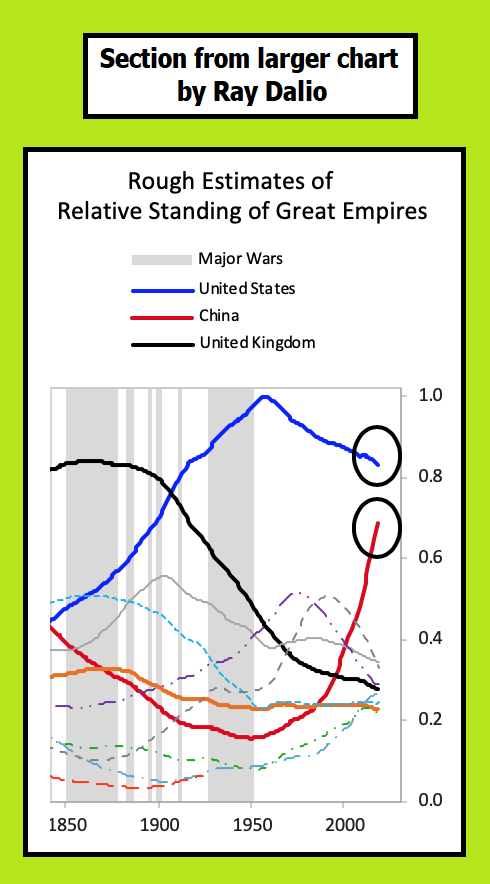
|
|
||

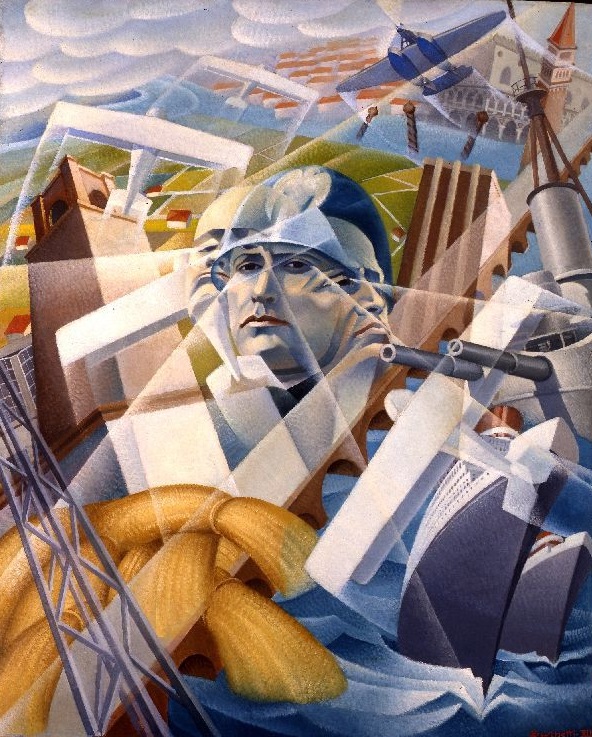
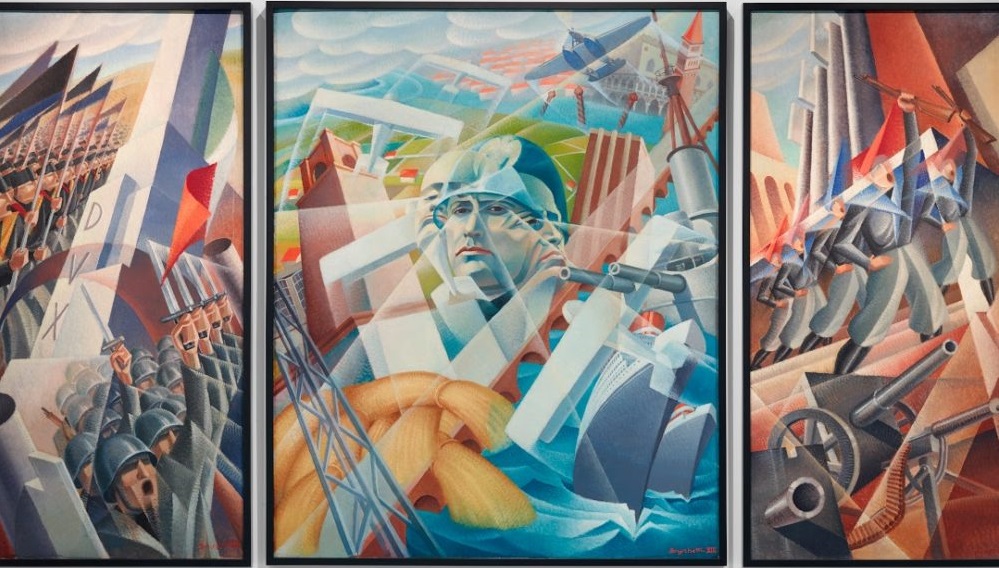

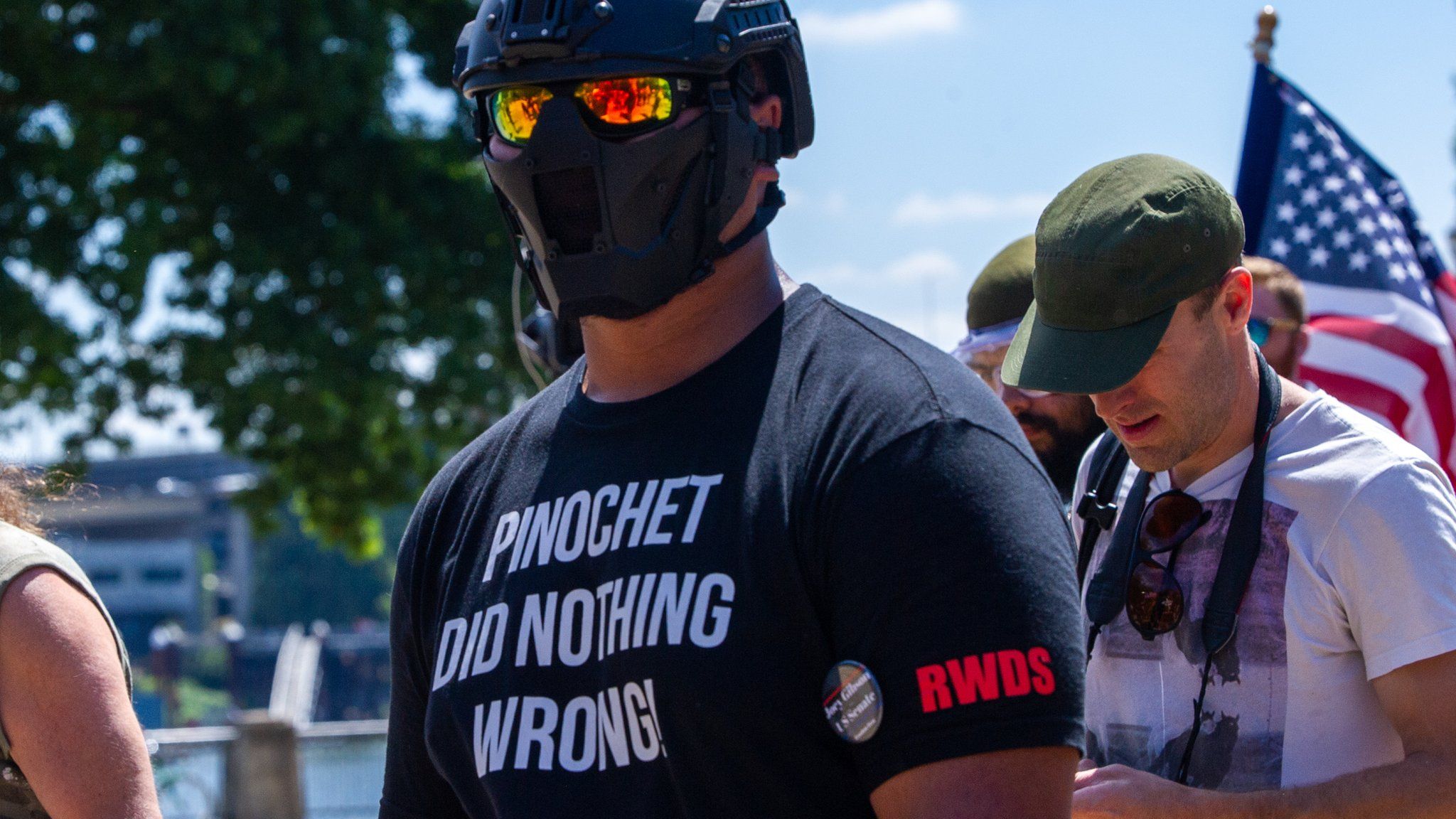
tens of thousands of progressive activists of dropping prisoners from helicopters) . 
[Link 2.2 ] Left Voice - Jan 9, 2021 - Scott Cooper What Is Fascism? - The violent far-right assault on the Capitol on Wednesday has raised the specter of fascism. But what is meant by that term? |
|
||
..
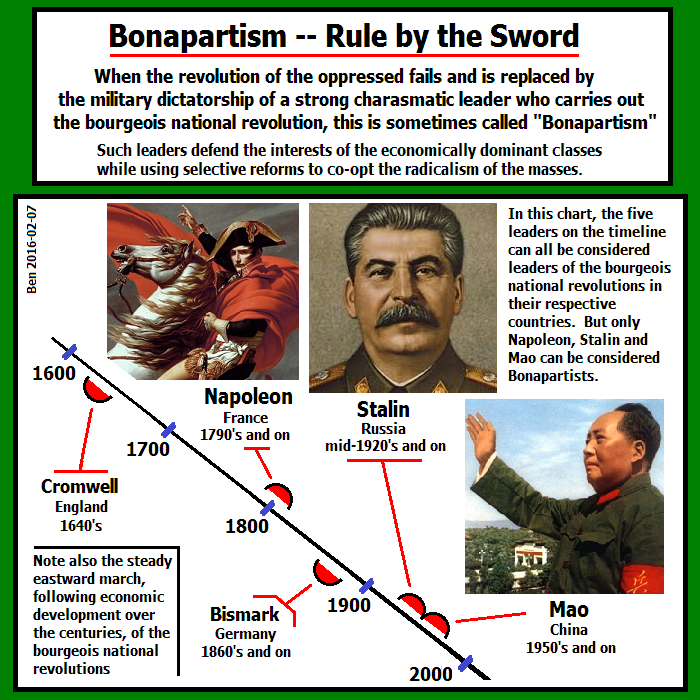

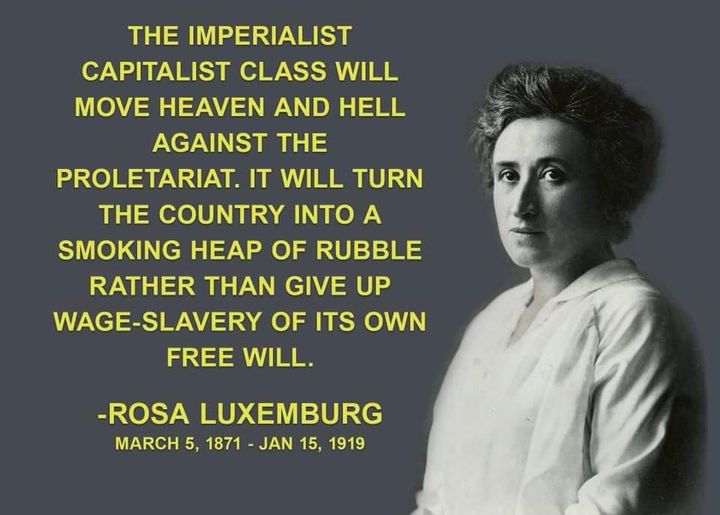
[Link 2.3 ] Louis Proyect - some articles related to Bonapartism: • Fascism, Trumpism, and the left - October 2020 If Trump poses the same threat as Hitler in 1932, the only conclusion you can draw is that it is a counter-revolution without a revolution.• Does Donald Trump pose a fascist threat? - Feb 2016 • Is Donald Trump a fascist? - December 2015 • When the puppet talks back to the puppeteer - 2013 • Lars Lih, Permanent Revolution - January 2021 • Fascism and neofascism [Link 2.4 ] Louis Proyect - January 10, 2021 No, America has not entered the Weimar era [Link 2.5 ] -- D/SWV Jan 11, 2021 Demand that Trump and his accomplices are held accountable! [Link 2.6 ] D/SWV -- Nov 23, 2020 The twilight of Trotskyism (part one) 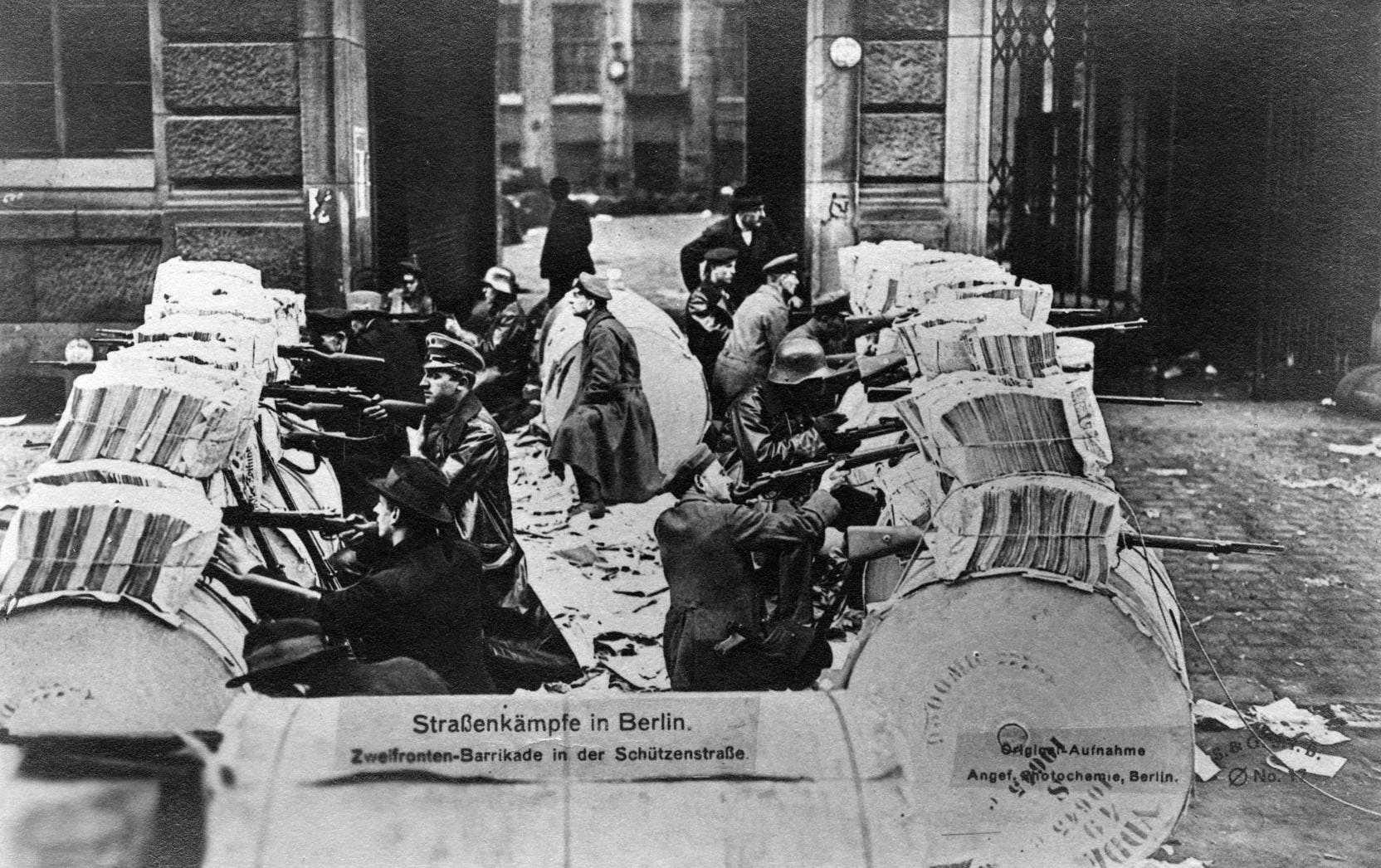
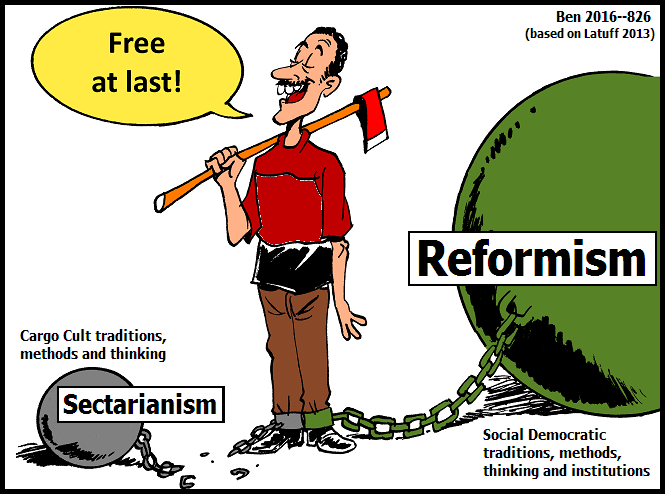
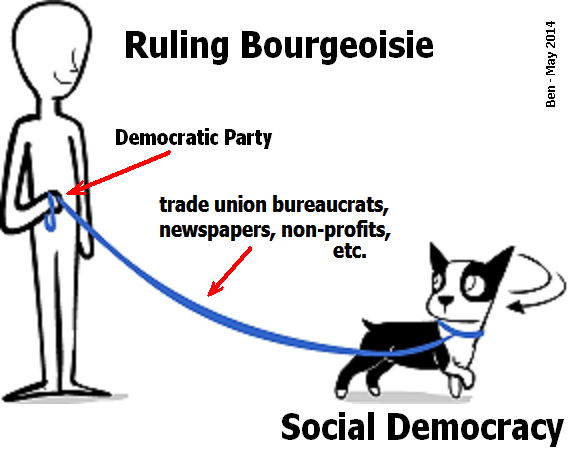
|
|
||

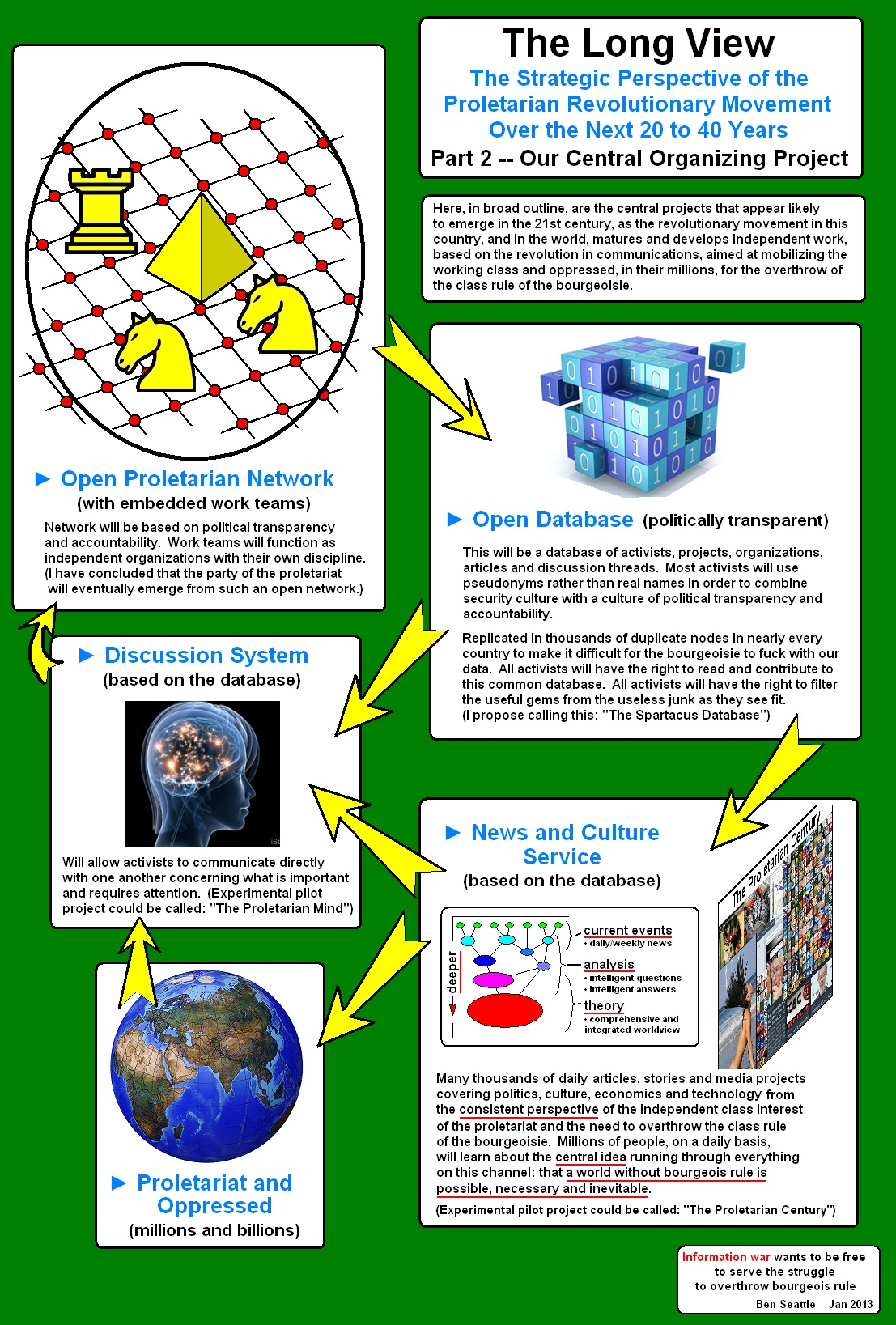
|
|
||
..
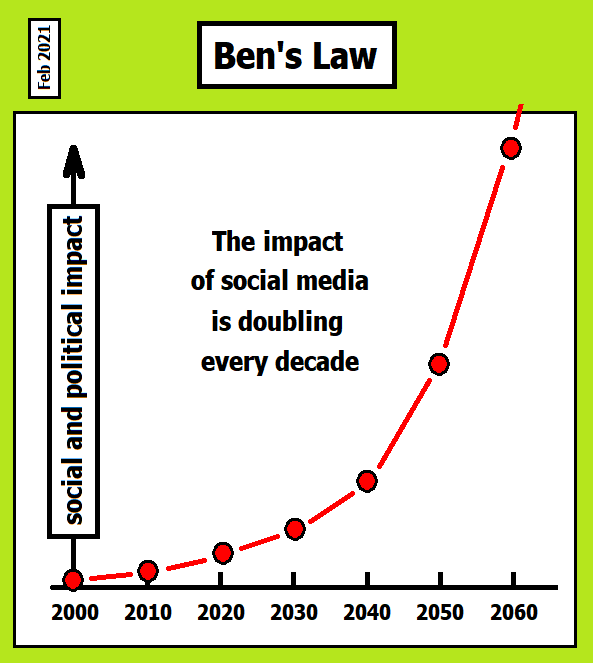


• Have Trump's Lies Wrecked Free Speech? (NYT, January 6) - A debate has broken out over whether the once-sacrosanct constitutional protection of the First Amendment has become a threat to democracy. • Facts won't fix this: (Guardian, January 1) Experts on how to fight America's disinformation crisis 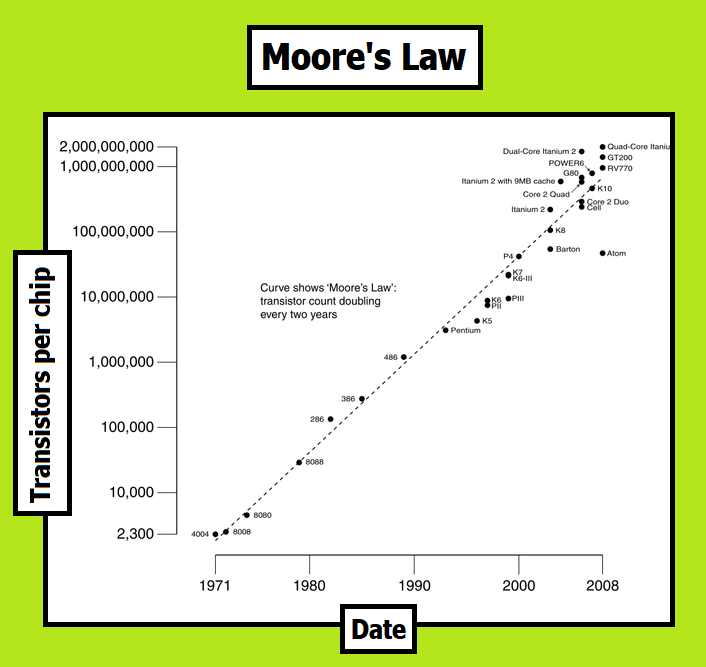

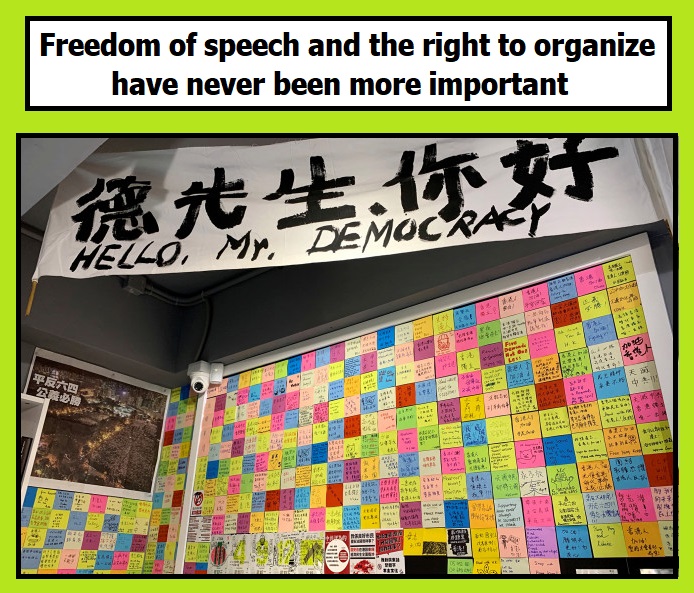

|
 in deep shit as public opinion increasingly gets "out of control" The ruling class in the US is beginning to recognize that they have a big problem on their hands. Here is one of their experts, Yale law professor Robert Post: "The formation of public opinion is out of control because of the way the internet is forming groups and dispersing information freely" Before the advent of the internet, Post noted: "People were always crazy, but they couldn't find each other, they couldn't talk and disperse their craziness. Now we are confronting a new phenomenon and we have to think about how we regulate that in a way which is compatible with people’s freedom to form public opinion." (see links in next column) The storming of the Capitol by a mob made up of (1) white supremacists, (2) people who believe that Trump won the election, and even (3) many who believe that the Democrats eat children for breakfast--has reinforced a fear that has been growing for a while. It was not that long ago that our ruling class was laughing at the problems that countries like China, Russia and Iran would have when the internet gave people the right to learn about and share ideas. They are not laughing now. The problem is that modern capitalist society is built on mountains of lies, at every level. This was not that much of a problem when a handful of trusted gatekeepers controlled the information that was available to most people. The worst and biggest lies were rarely effectively challenged. When I grew up there were only 3 TV networks. And most people got news that had been approved by people who bought ink by the barrel. I have been writing about the future impact of social media since long before it was called "social media". This report is already too long, so I will get to the point: The impact of social media is steadily growing, and there is no end in sight. Our society is structured on lies--which will increasingly be challenged. These lies are flammable, and will burn. I have concluded that the impact of social media is growing in an exponential way, and there is an analogy here to "Moore's Law" (which was an observation, rather than a law) which holds that the number of transistors on a semiconductor chip doubles about every two years. In an analogous way, I have observed that the social and political impact of social media is doubling about every decade. As decade rolls after decade, it will become inceasingly obvious that humanity is entering new territory. The war of ideas in society has never been on a level playing field. That is what's going to change. All of the lies of our ruling classes, all of their tricks and servants, are going to be exposed, like Harvey Weinstein was when the internet made it possible for his victims to share their stories. It will be like that--times a million. So, if you think the impact of social media is big now--fasten your seatbelts. [this section updated: March 6]   |
||
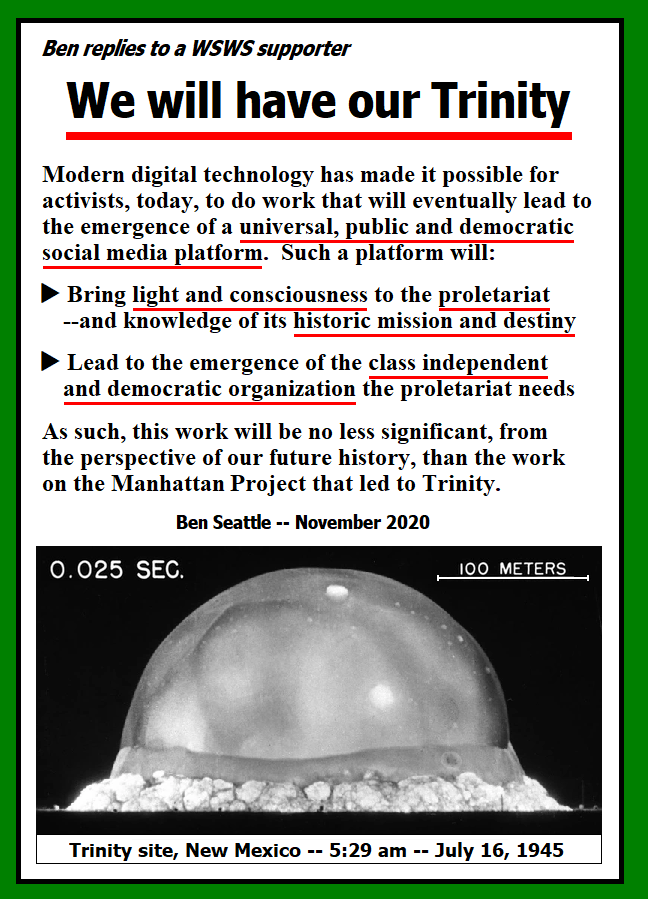
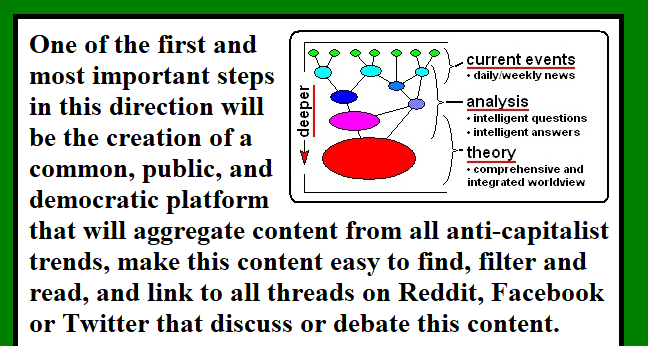
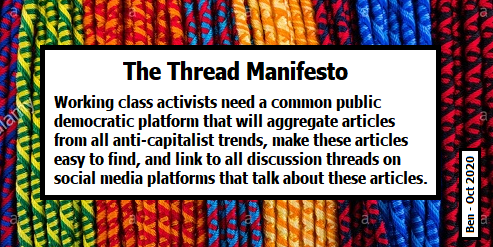

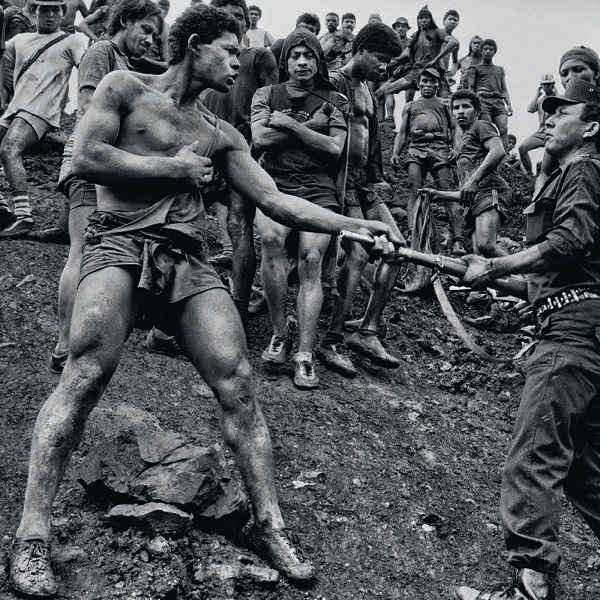
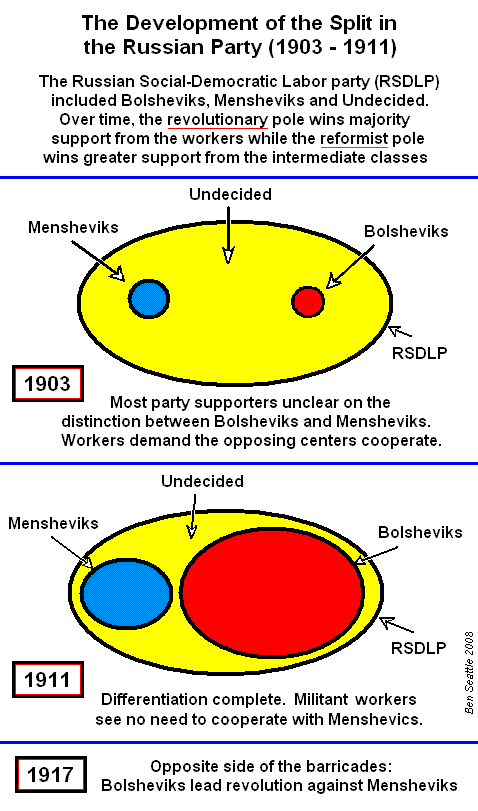
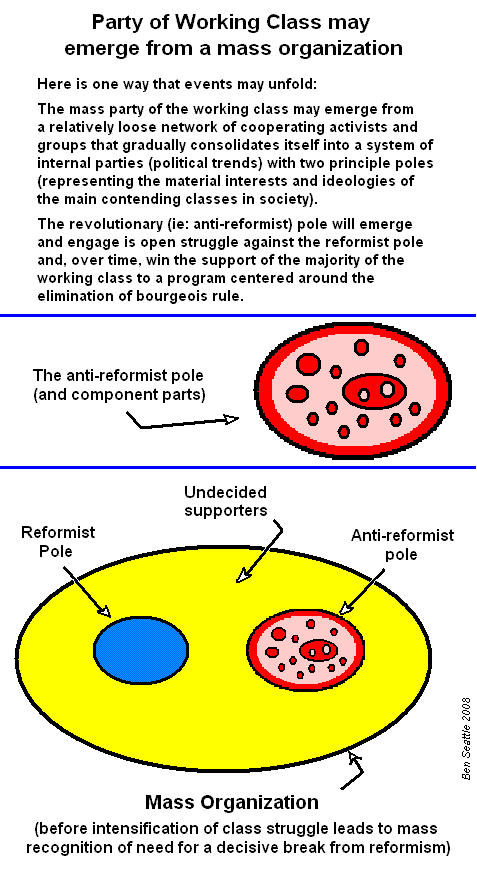

|
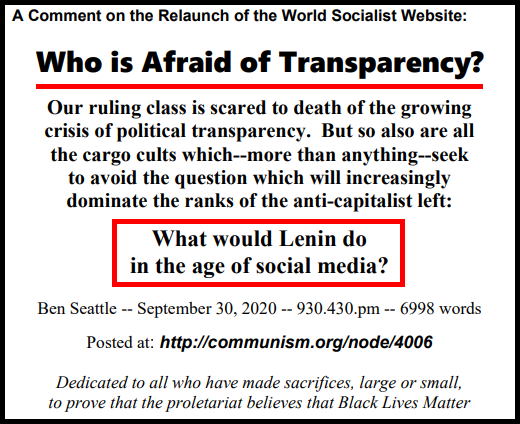 (a supporter of WSWS/SEP Note to readers: This letter is part of an ongoing correspondence with a supporter of the "Socialist Equality Party" (better known as the "World Socialist Web Site"). The letter from CB (as well as links to all relevant material) is in Appendix A (below). Hi CB, First, since it has been 2 months, I would like to apologize for the delay in replying to you. I first had to write (and debug) the code that I used to create this webpage. After I got that done, I got up the next morning at 5 am, with a clear mind and determined to complete all writing by noon. Unfortunately, at that point, Trump turned his hordes loose on the Capitol, and it was necessary to write about that--including related matters (such as the nature of bonapartism and fascism) that a lot of people are confused about. Then the demands of my day-job kicked in, and I had to put political work on the back burner for a few weeks so that I could remain gainfully employed. But now (at last) I have carved out a few hours to focus completely on you. I will start by making clear that I am encouraged by your response, because you have focused on the key issue: > what I had hoped to see was an explanation > of how your proposal would advance any of > the struggles the working class currently > faces, which I don't feel you have done. That is a damn good question. I will sketch out some thoughts here that I hope will at least begin to address it. Hopefully you can follow up with more questions so that I can be specific in ways you may find helpful. The working class, of course, faces thousands of struggles, some more important than others. (1) Some struggles are for specific partial (and practical) demands: For example: emergency money to pay for rent or food during the Covid pandemic, or for the punishment of cops who murder people with impunity. (2) Other struggles are for less immediate and more long-term demands: For example: Action to reduce global warming. (3) Some struggles are for things that are somewhat more abstract, and not necessarily tied to any single set of partial demands: For example: the struggle for a class independent party, or the struggle for consciousness so that they can understand how this world came to be, and how the real solution to all the problems of our time will require that the world be run by the proletariat as a class rather than by the needs of capital. Within the general category of consciousness, there is also the struggle of the working class to gain confidence in itself and in the power of mass struggle, and to learn who are its friends--and who are its enemies (such as social democratic misleaders, or trade union bureaucrats who make a career out of selling out struggles). need to get on the "same page" You ask how my proposal would advance any of these struggles. I want to be clear about what my proposal is, because it appears that this is a source of many misunderstandings. My proposal to is make use of the internet and digital technology to put all revolutionary activists on, so to speak, the "same page". Obviously there will need to be an intense process of sorting out the genuinely revolutionary elements from the elements which simply claim to be revolutionary. This intense process must take place on a level playing field and in conditions of full transparency--without any self-appointed group having the ability to silence or suppress their critics. The above is the essence of what I propose, but it is too abstract for many to understand. To make it more concrete, I am putting together what I call "the thread manifesto":  The thread manifesto is based on a common database of articles from all groups which claim to be revolutionary -- as well as associated means of democratic discussion and democratic moderation. In my humble opinion, it is mind-bogglingly absurd that such a database and associated democratic discussion does not exist already. We are in the 21st century. There is no excuse for this. we lack the democratic forum we need Yes, there are plenty of "marxist" or "socialist" discussion forums. But the moderation on all of the large forums stinks, to put it charitably. Good posts are deleted and good activists are banned--because they ask intelligent questions that need to be asked--and say intelligent things that need to be said. The result of all this is a level of ignorance that calls itself "marxism" that is so astoundingly immense--that in comparison--it makes the QAnon theories look like a model of sober and scientific inquiry. You have complaints about the moderation of r/socialism? Join the club. All of the forums are fucked up, to put it bluntly. (The "forum" maintained by your group in the form of comments on your online articles is no better, as my experience having my comments deleted for supposedly being "off topic" makes clear.) By putting on one page links to all discussions about all articles, the thread manifesto proposes a step that would make it impractical for any group of moderators with their heads up their asses to silence their critics. |
||
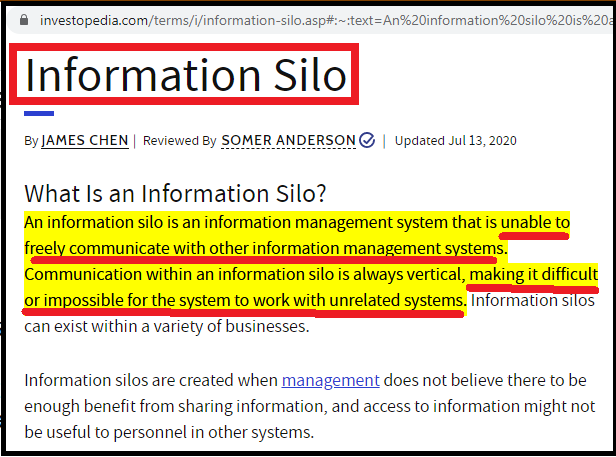


Big Ships and Small Canoes 
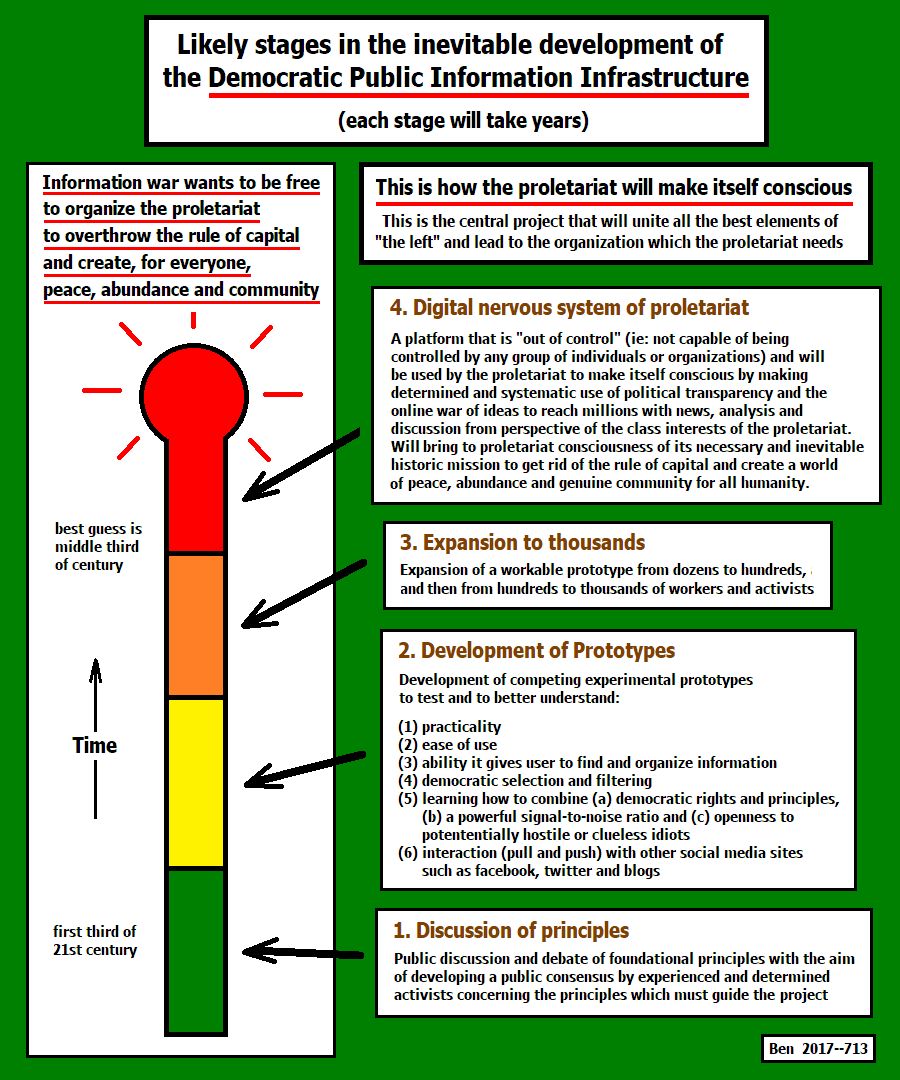



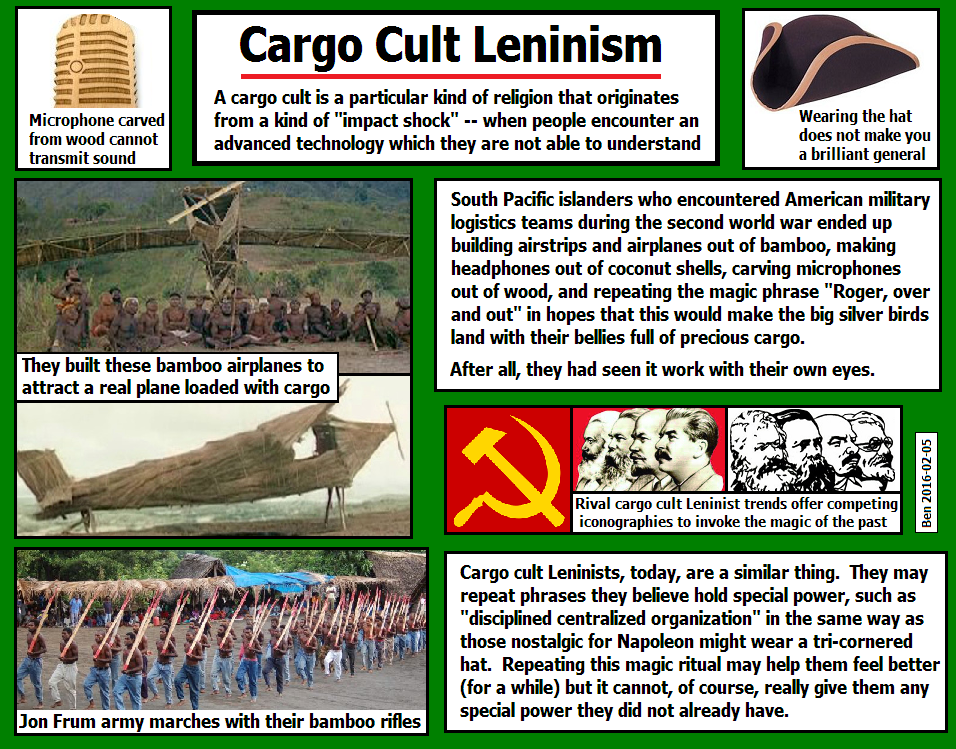
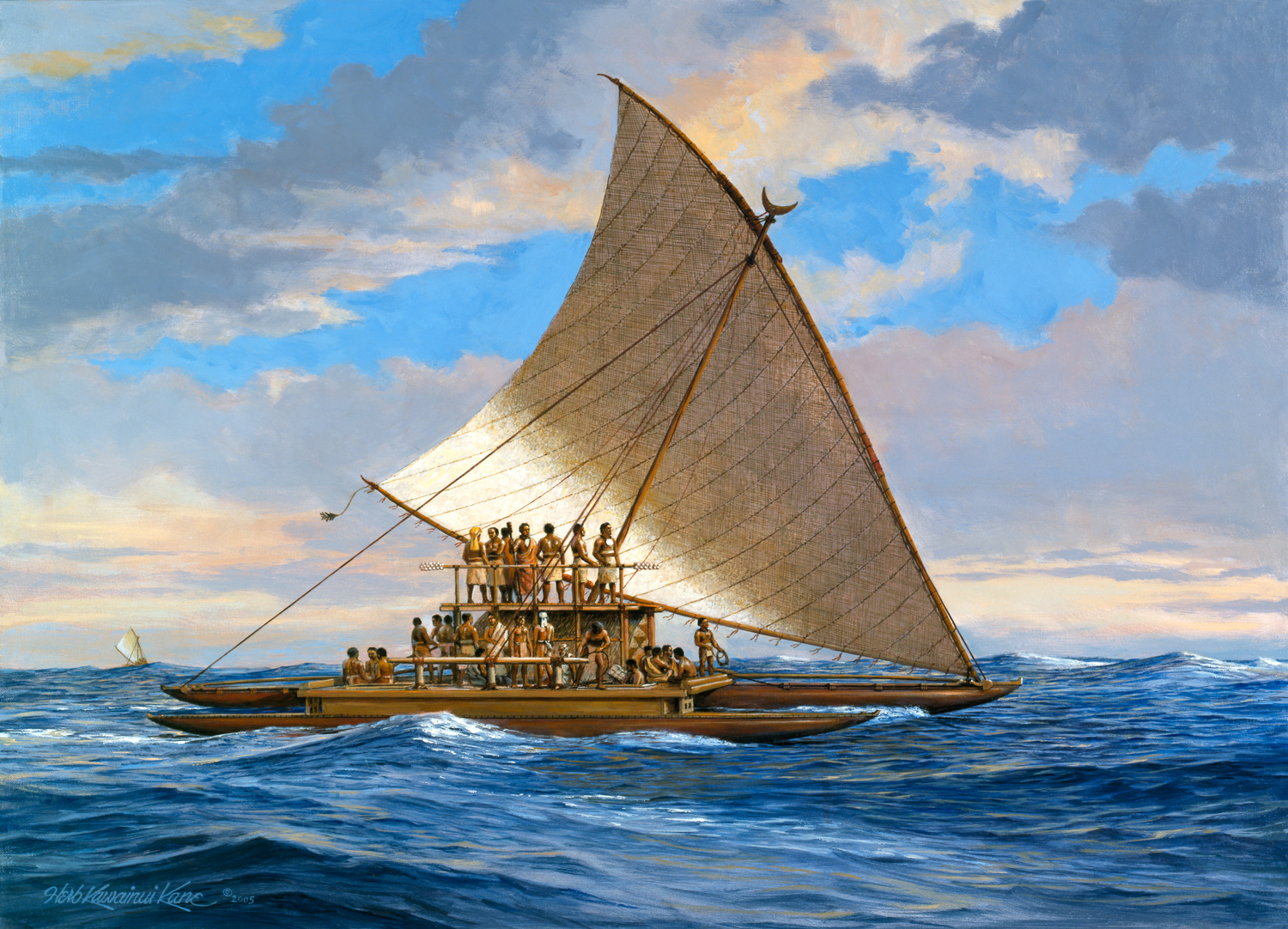

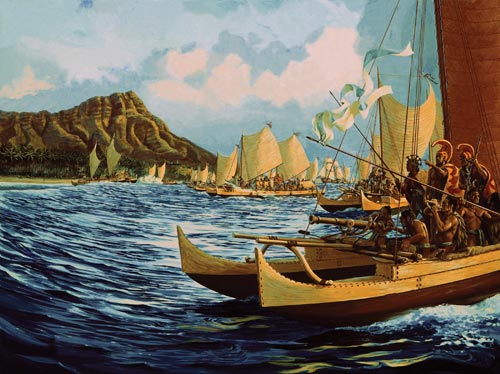


|
|
||

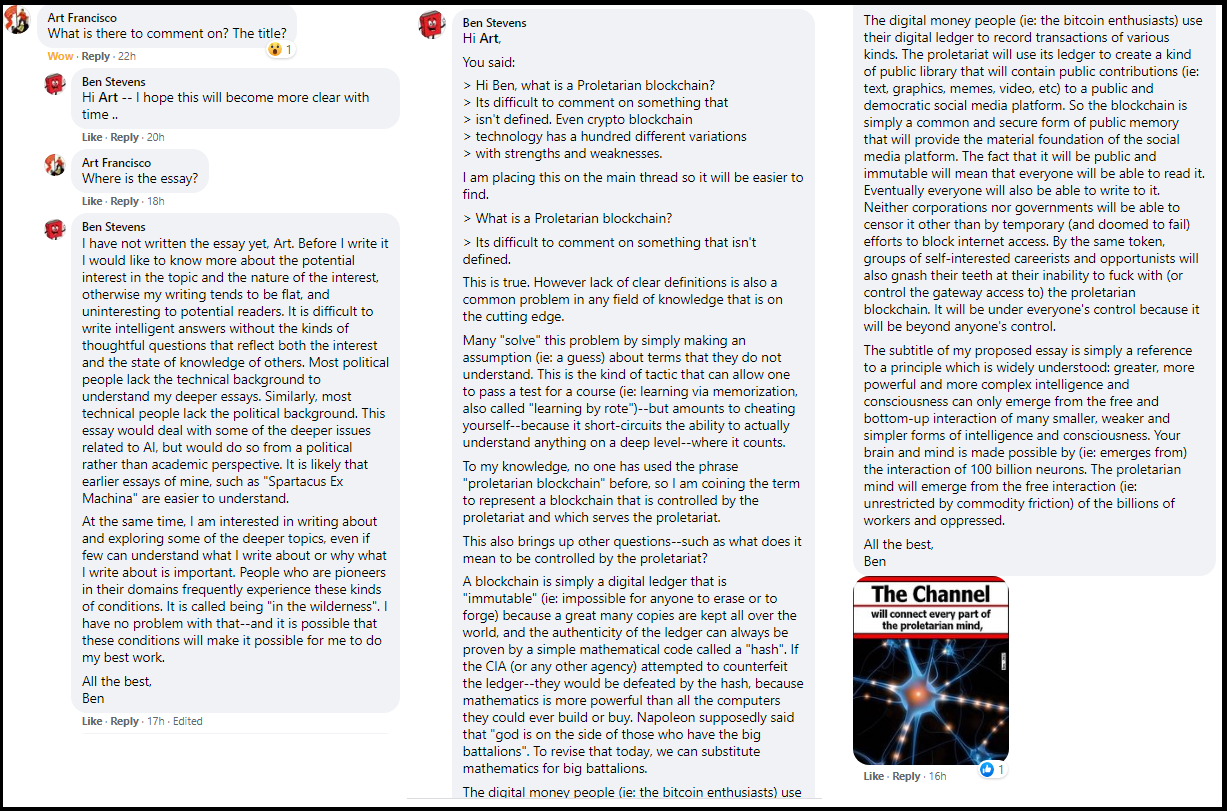
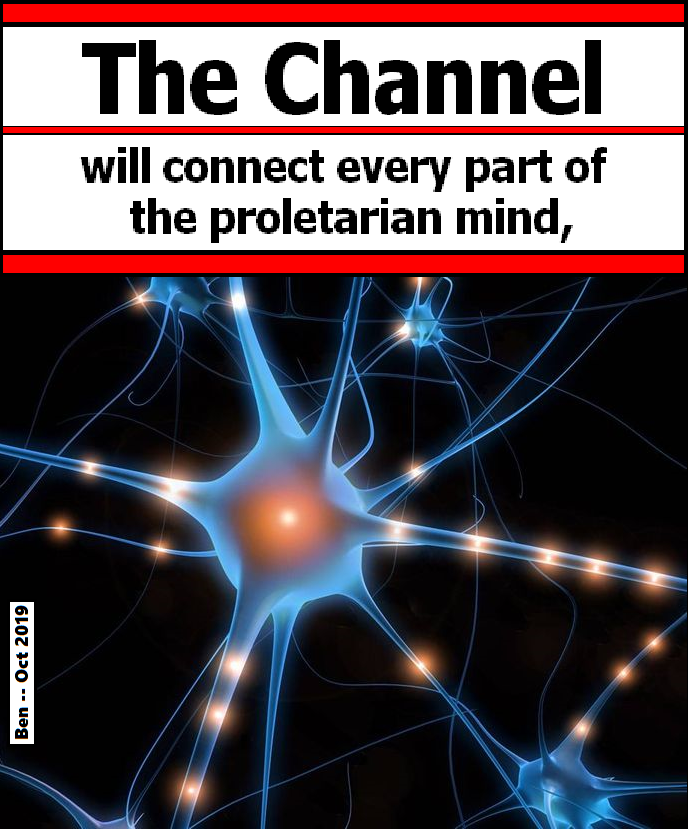
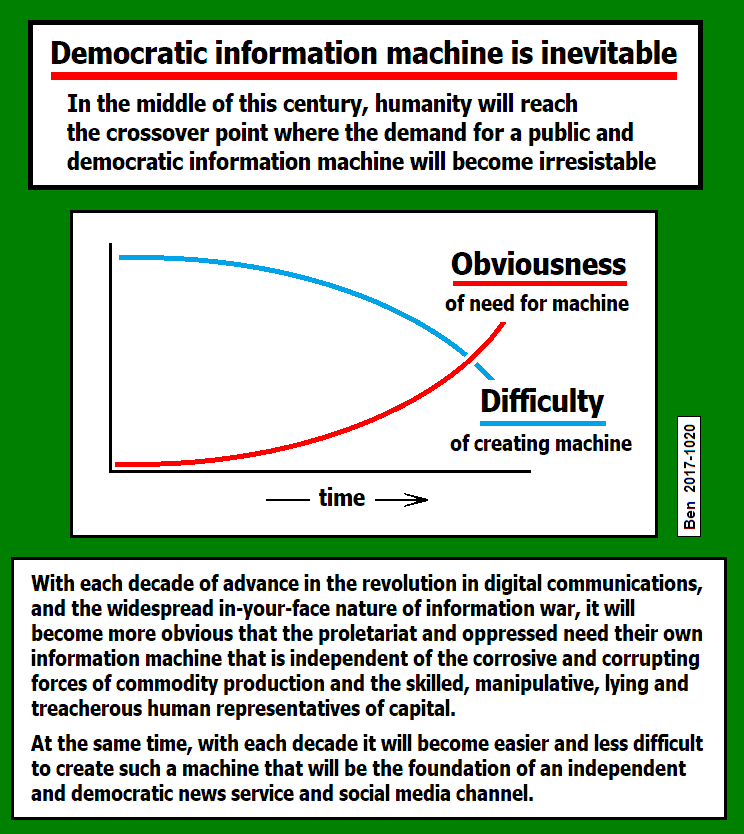
.. |
because it will be beyond anyone's control Note to readers: Two months ago I posted this image (see next column) to facebook along with a note explaining that I was thinking of writing an essay on this topic and wanted to know if anyone might be interested or have any questions. There was little interest, and so I have given up (for now) on the idea of writing an essay or article on this. I include (below) some of the comments that I wrote in reply to Art: To my knowledge, no one has used the phrase "proletarian blockchain" before, so I am coining the term to represent a blockchain that is controlled by the proletariat and which serves the proletariat. This also brings up other questions--such as what does it mean to be controlled by the proletariat? A blockchain is simply a digital ledger that is "immutable" (ie: impossible for anyone to erase or to forge) because a great many copies are kept all over the world, and the authenticity of the ledger can always be proven by a simple mathematical code called a "hash". If the CIA (or any other agency) attempted to counterfeit the ledger--they would be defeated by the hash, because mathematics is more powerful than all the computers they could ever build or buy. Napoleon supposedly said that "god is on the side of those who have the big battalions". To revise that today, we can substitute mathematics for big battalions. The digital money people (ie: the bitcoin enthusiasts) use their digital ledger to record transactions of various kinds. The proletariat will use its ledger to create a kind of public library that will contain public contributions (ie: text, graphics, memes, video, etc) to a public and democratic social media platform. So the blockchain is simply a common and secure form of public memory that will provide the material foundation of the social media platform. The fact that it will be public and immutable will mean that everyone will be able to read it. Eventually everyone will also be able to write to it also. Neither corporations nor governments will be able to censor it other than by temporary (and doomed to fail) efforts to block internet access. By the same token, groups of self-interested careerists and opportunists will also gnash their teeth at their inability to fuck with (or control the gateway access to) the proletarian blockchain. It will be under everyone's control because it will be beyond anyone's control. The subtitle of my proposed essay (ie: "the emergence of the proletarian mind") is simply a reference to a principle which is widely understood: greater, more powerful and more complex intelligence and consciousness can only emerge from the free and bottom-up interaction of many smaller, weaker and simpler forms of intelligence and consciousness. Your brain and mind is made possible by (ie: emerges from) the interaction of 100 billion neurons. The proletarian mind will emerge from the free interaction (ie: unrestricted by commodity friction) of the billions of workers and oppressed. from a blockchain enthusiast My facebook post led to some private questions and comments from people who have experience and knowledge of blockchain applications. Question: Have you investigated the idea of smart contracts using blockchains such as Ethereum or Cardano? Answer: No. I have no interest in that. All these things may have some use, in some situations, to some people, at some time. What I am interested in is what can be done today to lay the needed foundation for the independent and democratic social media platform that we need. Please see my reply to CB (above) for more on this. Q: Does something like Bitcoin make it possible for working class people to find a little independence and/or improved economic position? A: Not in a way that is significant. It is possible that someone might find financial independence at the blackjack table in Las Vegas. But that is not usually how the cards fall. Q: To what extent will a socialist society require the use of blockchain, and cryptocurrency? A: It is important to distinguish for readers that "blockchain" refers to technology that stores information in a distributed and tamper-proof way, while "cryptocurrency" refers to a specific use of the blockchain technology for the creation and trading of money-like tokens. It is safe to assume that the transitional economic and political system which will replace the rule of capital will make use of money. So it is possible that something like a cryptocurrency will be used. I don't actually know. Nor do I care. However the blockchain technology, in the sense of creating tamper-proof storage, will have wide application. Q: Is it fair to call cryptocurrency a classic pyramid scheme wrapped in a high tech package? A: I don't know. I never thought about that. But, now that you mention it, it does remind me a bit of the classic "Wolf Of Wall Street" scene with Matthew McConaughey (see next column). Bitcoin, in particular, is based on a clever algorithm that is actually designed to waste energy. The people who mine the tokens are actually in competition with one another to waste the most energy. Political activists and tech workers do need to assist one another. And the most important fruit of this collaboration will be various pilot projects that experiment with independent and democratic social media. And the independent social media projects will (in the long run) eventually merge--and eventually make use of blockchain storage. However the blockchain application will come later--when the need for it emerges. For now--there is a need, for everyone who knows the difference between a bit and a byte, to re-think what is possible in social media when all forms of money and commodity advertizing are removed from the equation entirely, and those who use the platform can create and use algorithms of their choice. This will enable a whole new world. For people who work in tech I would say this: As far as the potential for synergy between (1) how we might make a living in information technology, and (2) the application of tech to important political projects--my view is that, for the most part, for most people, and for most situations, it is best to simply keep these things separate. Many who work in tech have little protection from retaliation from employers for our expression of radical political views (which may involve the need for the expropriation of these employers). I write under the name "Ben Seattle". But in my day job, I am known by another name. |
||
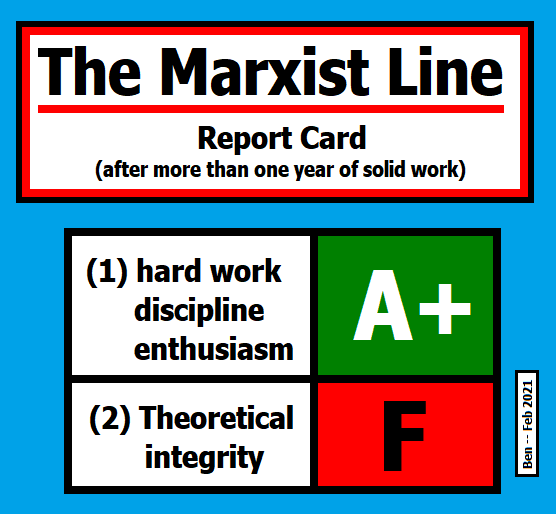
TheMarxistLine 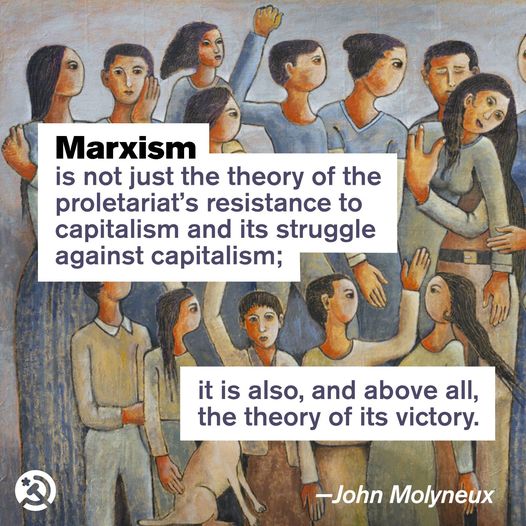




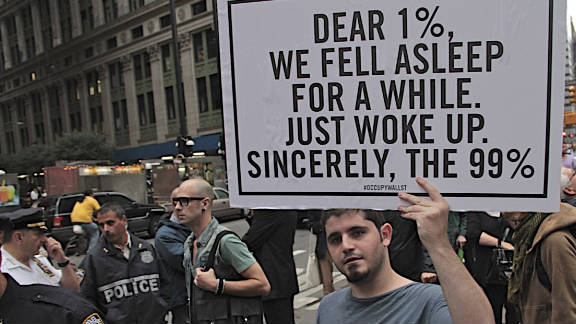
|
cannot be separated from where the working class needs to go The Marxist Line, a video podcast, is my favorite show. Viewers can watch it every Sunday (at noon, Pacific time) or view videos of recent shows (see link in next column). The Marxist Line has been running for about a year and a half, and basically reviews articles (and sometimes videos) from groups (and people) who call themselves marxist. To my knowledge, there is nothing else like it. For about two or three months I was part of the show, but I eventually felt uncomfortable being part of a program which--it became clear to me--lacked the necessary commitment to the theoretical integrity the working class needs. This lack of commitment was particularly objectionable when it was part of a project which advertized itself by using the name of Karl Marx. Plenty of groups and people in the movement prostitute Marx's name to sell shit. Particularly in light of my own history (as a former supporter of Stalin and Mao) I believe we need to be extremely careful about this kind of thing. We must take responsibility for our own positions (and mistakes) rather than attempt to pin the blame on Marx or Lenin. I believe that revolutionary activists must develop the habit of outlining, in clear, concise and public format, their criticisms of one another. This is a necessary part of developing the collective understanding and consensus we need on the way forward. For this reason I will outline here my perspective on the good, the bad, and the ugly about the Marxist Line, and about what can happen when fundamental principles get in the way of "success". Art and Andrew, the hosts of the show, find many of the most interesting articles in newspapers (and blogs) from what they call "the marxist community". (There is no such thing as a "marxist community", but that is a topic for another day.) They give comments that are usually relatively well-informed. They are not afraid to criticize groups for errors of commission or omission. Their criticisms are usually on target. They are entertaining, and have worked out the kind of co-host chemistry that makes a show interesting. Andrew usually sets up one or more good questions about whatever is being reviewed. Often these are the kind of questions that a viewer might have. Art, with more experience in the movement, usually gives an answer that cuts through a lot of the usual bullshit and gives insightful perspective. Any viewer can ask them questions or post comments on the twitch interface. In the screenshot (next column) I show the kinds of questions and comments that make a show interesting and informative. By the way, I agree with the commentator, Phil, that the show in question (which discussed Trump's coup attempt a few days earlier) was one of their best. As far as Phil's question regarding the emergence of an alternative social media platform for Trump--it would be good to keep an eye on Parler--as it is essentially owned by the Mercer family (which is Trump's biggest financial backer, and also the family that gave its name to the island in the middle of Lake Washington). We will certainly see Parler emerge in some form (maybe with Trump having an ownership share since that possibility has been in the news). The right wing certainly wants and needs its own platform, and they will eventually have it. But we also need to be thinking about our movement (ie: the revolutionary movement of the working class) needing its own independent and democratic platform. There is nothing to stop us from creating this platform today other than a general lack of recognition that we need it. Corporate interests invest millions and billions of dollars into creating their platforms. We don't need that kind of money. As a movement, we will have access to free labor from progressive tech workers--who only need from us a clear understanding of what tasks and what principles are most important. The software we need is free (or can be created for free). And the price of hardware, as they say, is approaching the price of sand. Once we have our our own independent and democratic platform, this will be like the moment Spartacus and his group of fellow slaves escaped from their gladitorial school. We will be in a position to capture the imagination of activists (and eventually workers) everywhere. But--getting back to The Marxist Line--for some years, after we met at the local Occupy encampment, I was something of a mentor to Art. Since that time, Art has matured and developed his own views and practice, and our relationship includes more tension. However these interactions remains quite useful. For example: Art criticized the design layout of one of my web pages, and the result was that I put some effort into a (hopefully) better design. And (another example) I wrote the chapter on China in this report partly to respond to some comments that Art and Andrew made on their show. So these are definitely positive things. |
||
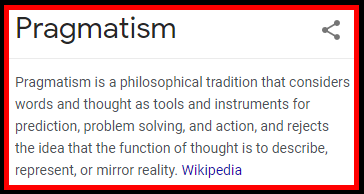
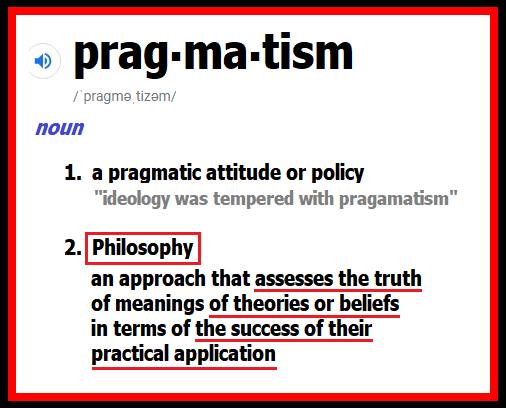

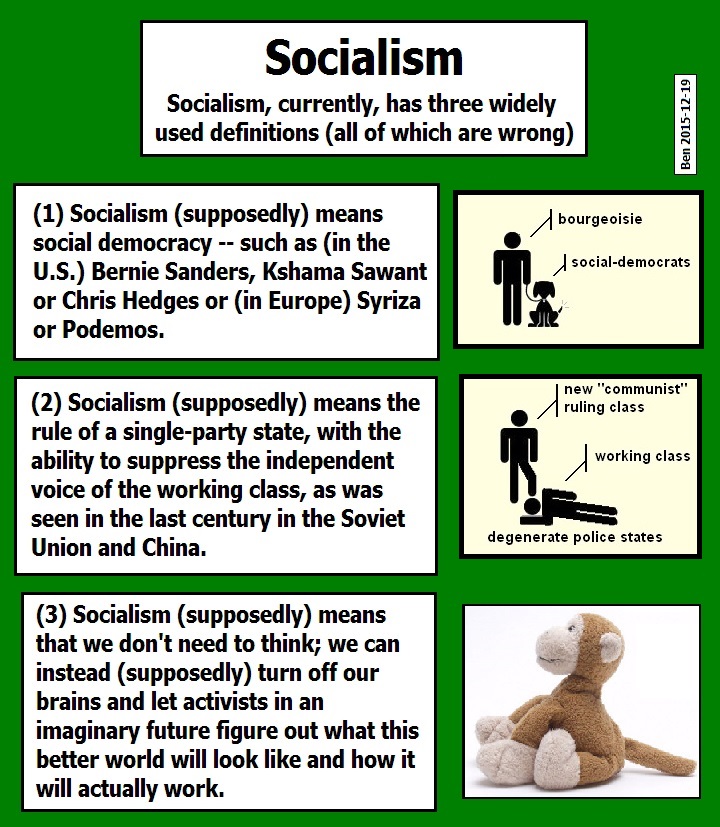
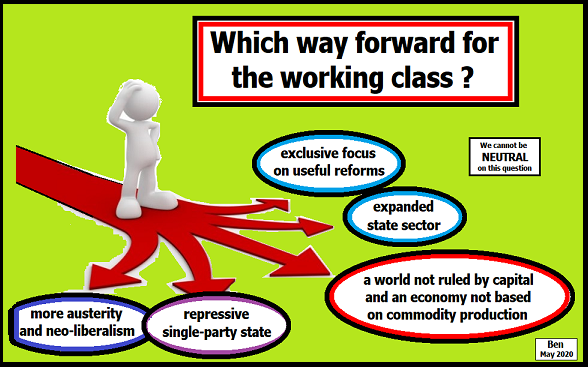

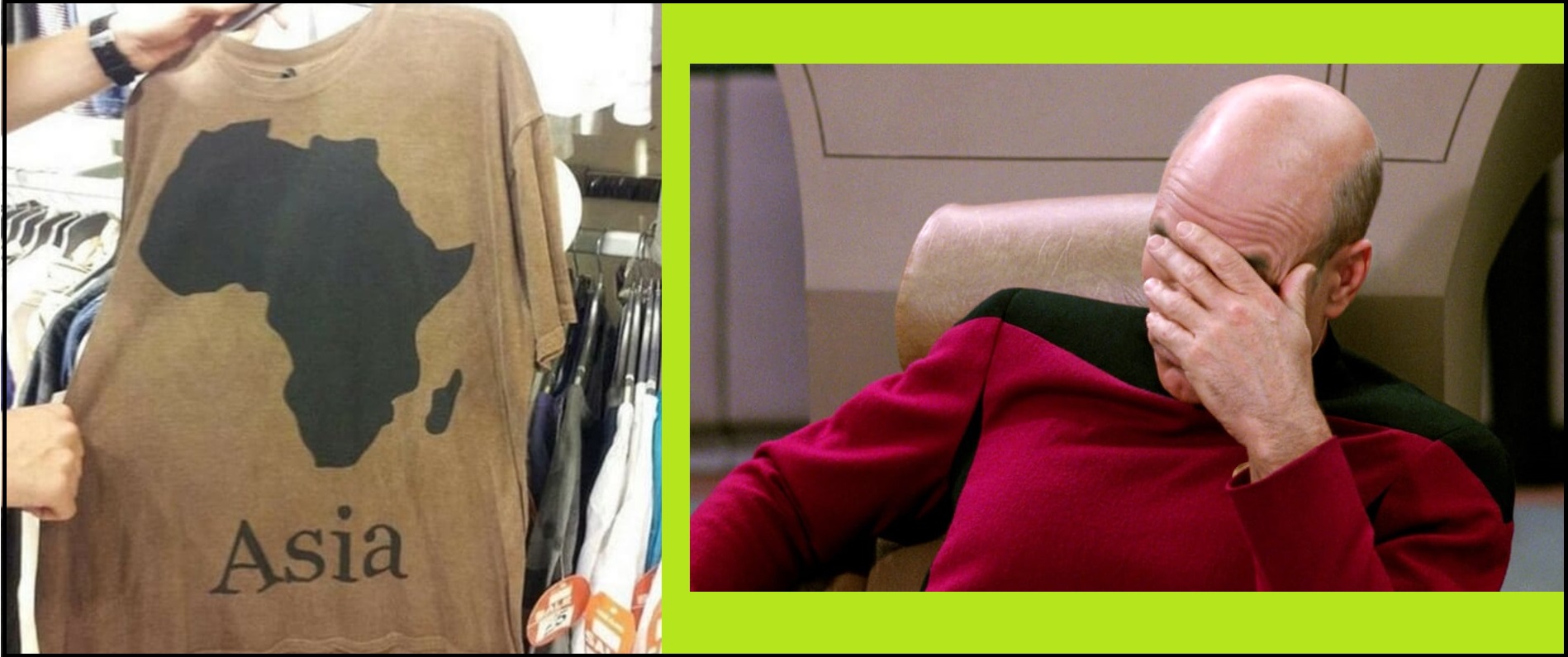
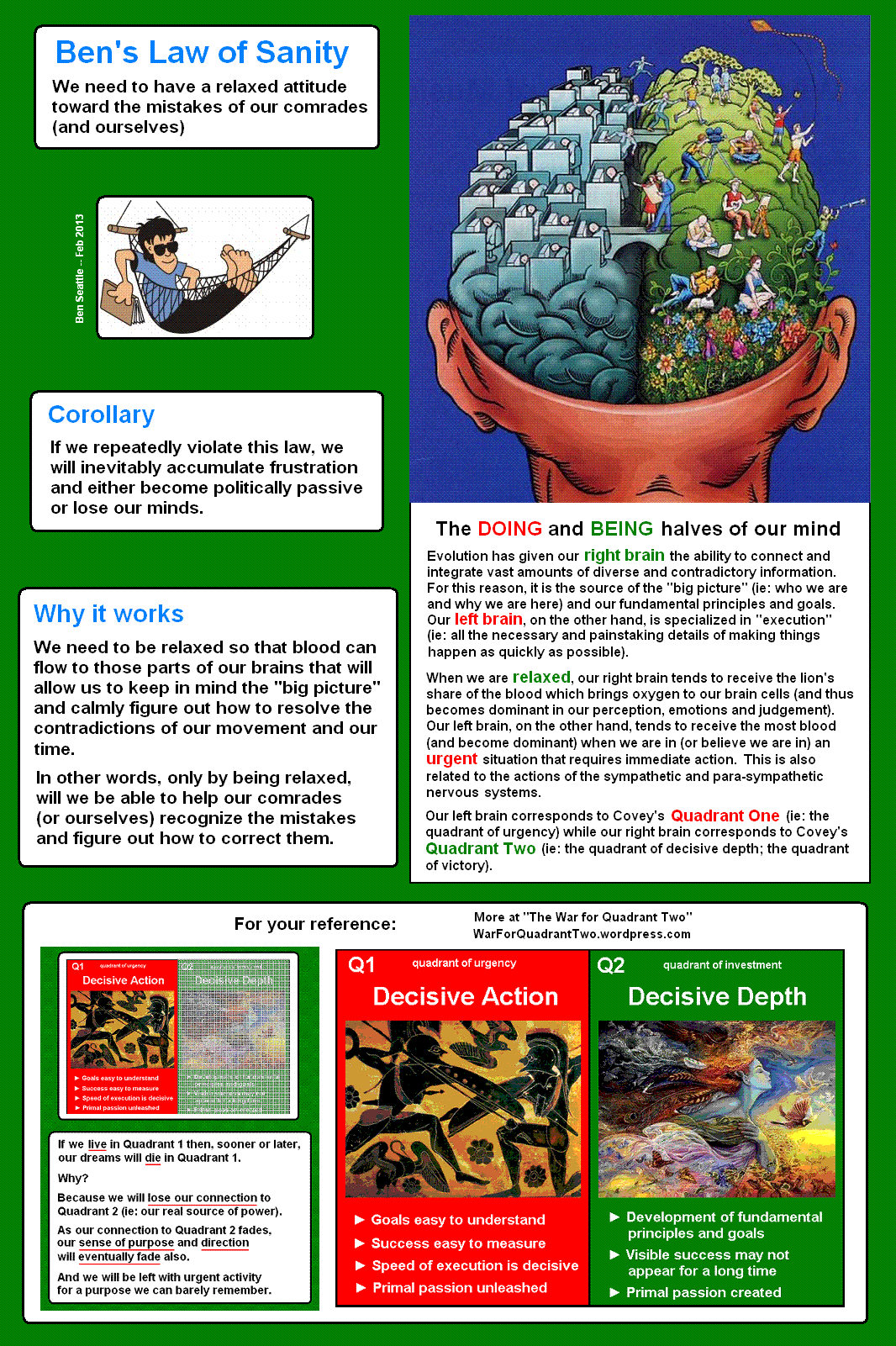


|
|
||
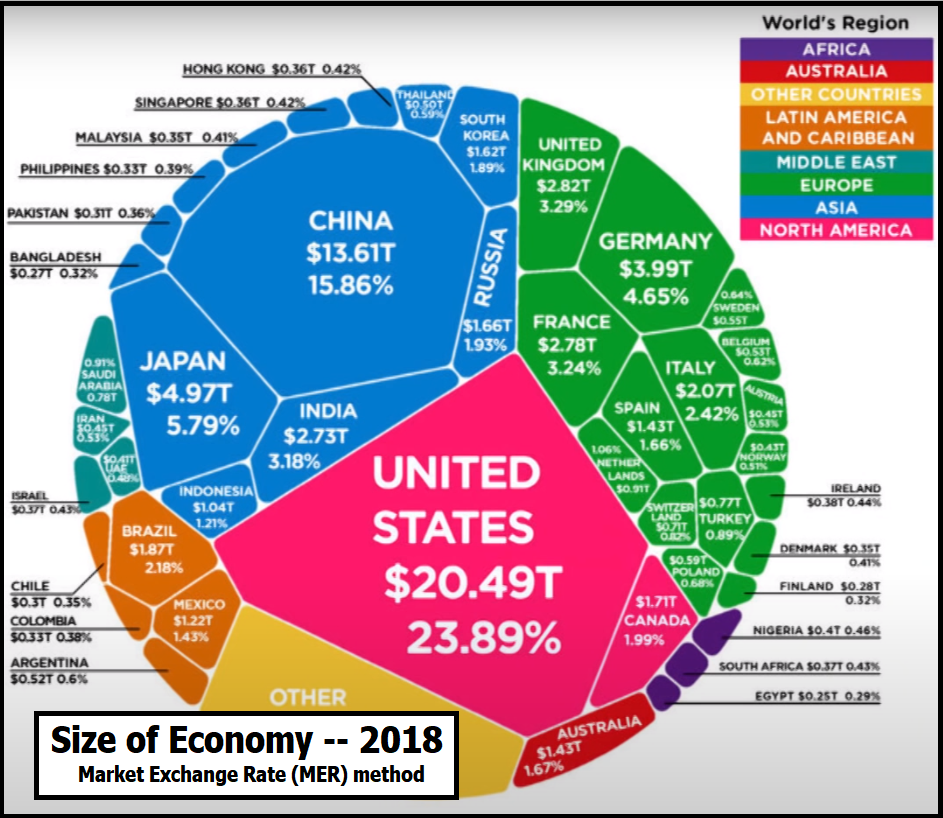

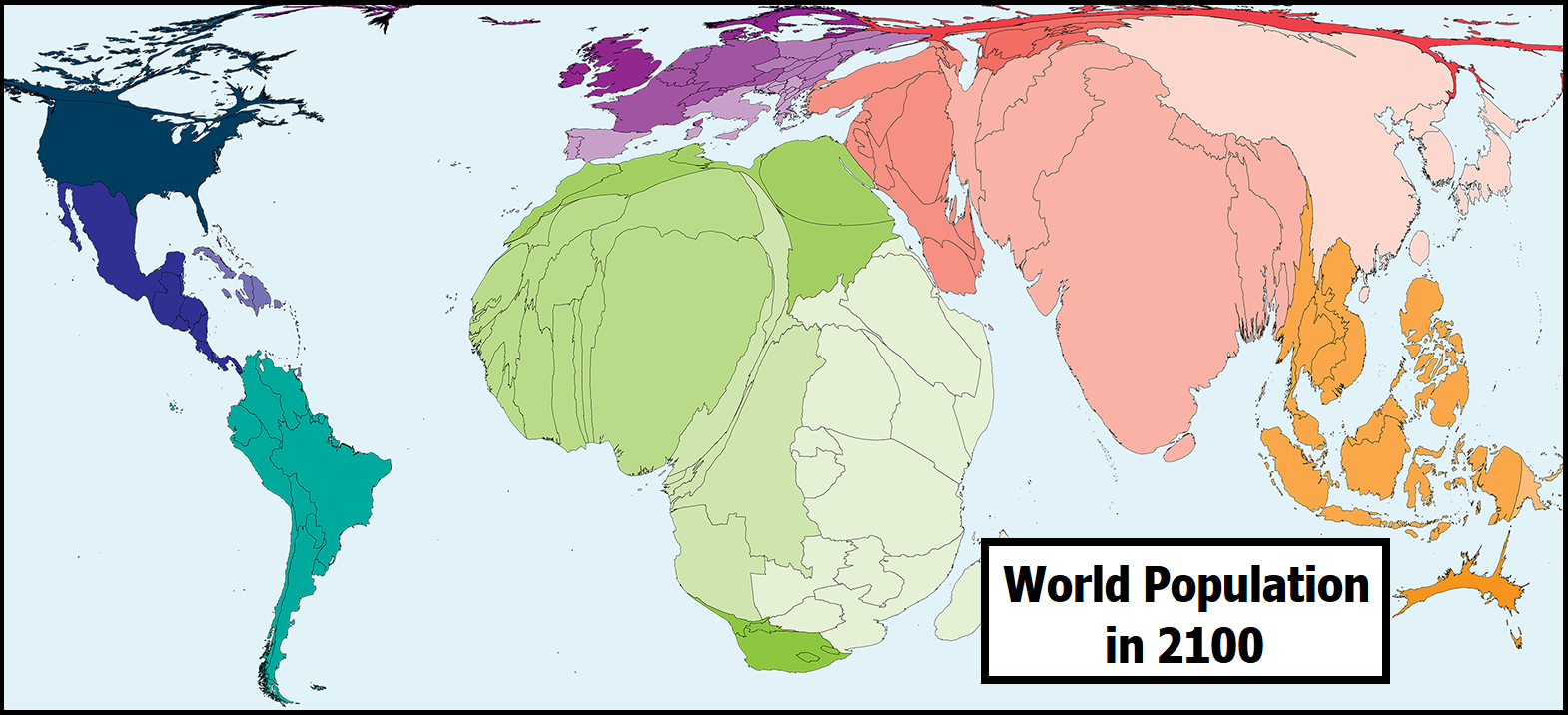



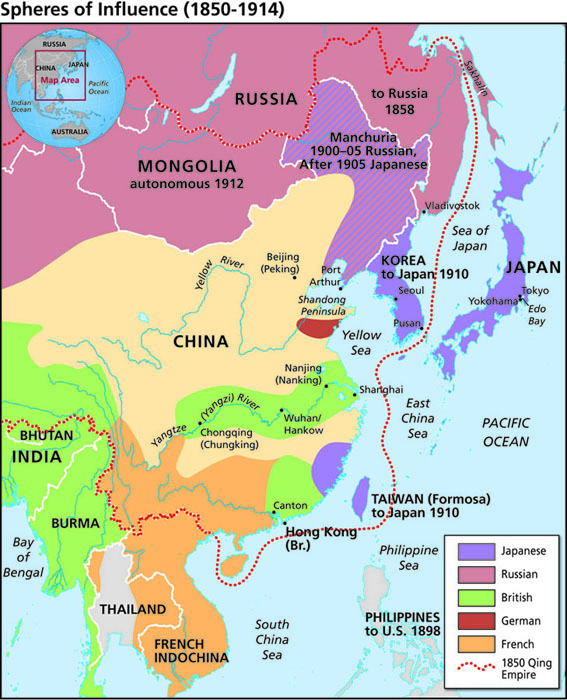
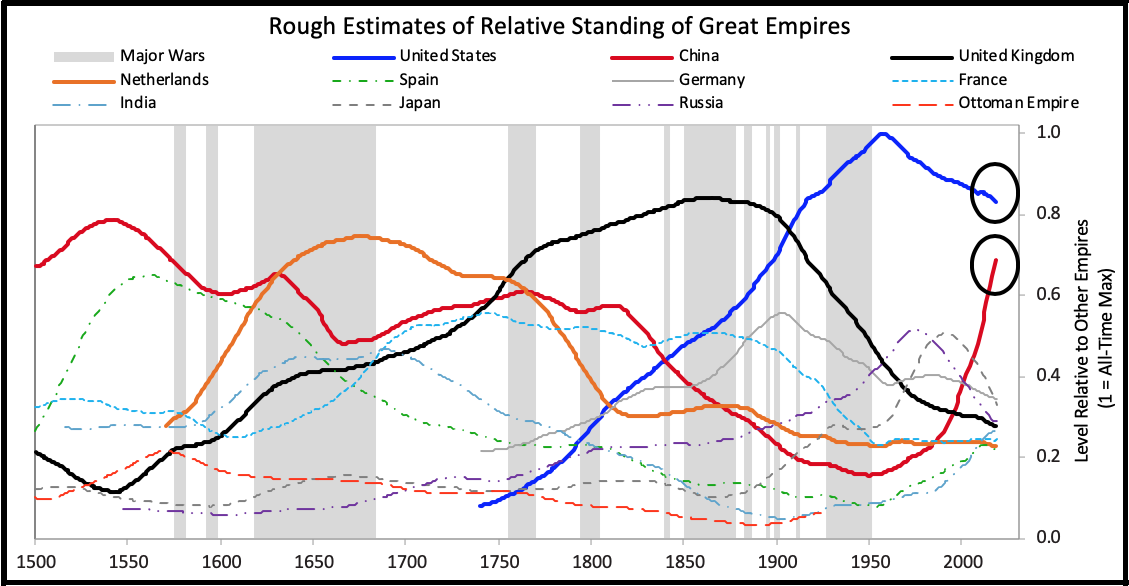

War was the result in 12 out 16 similar situations, in the last 500 years, when a rising power was viewed as a threat by an established power 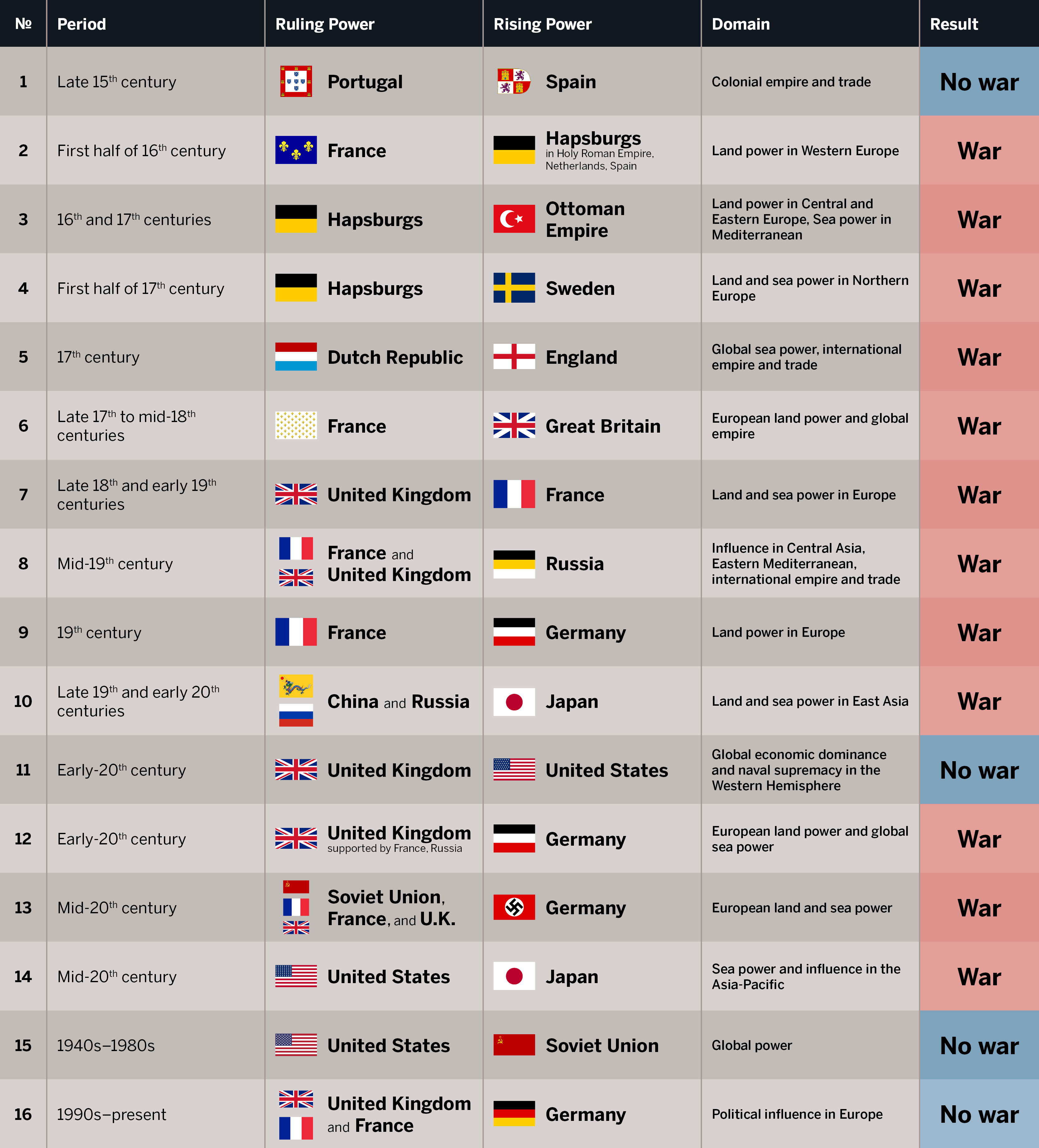
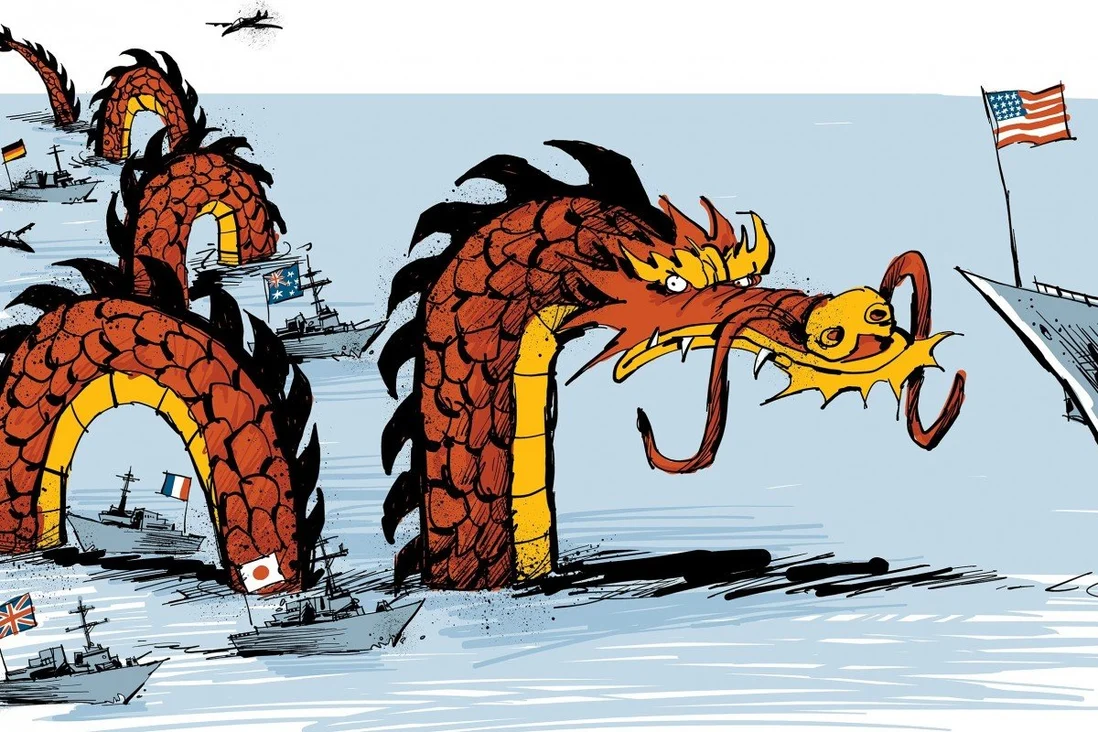
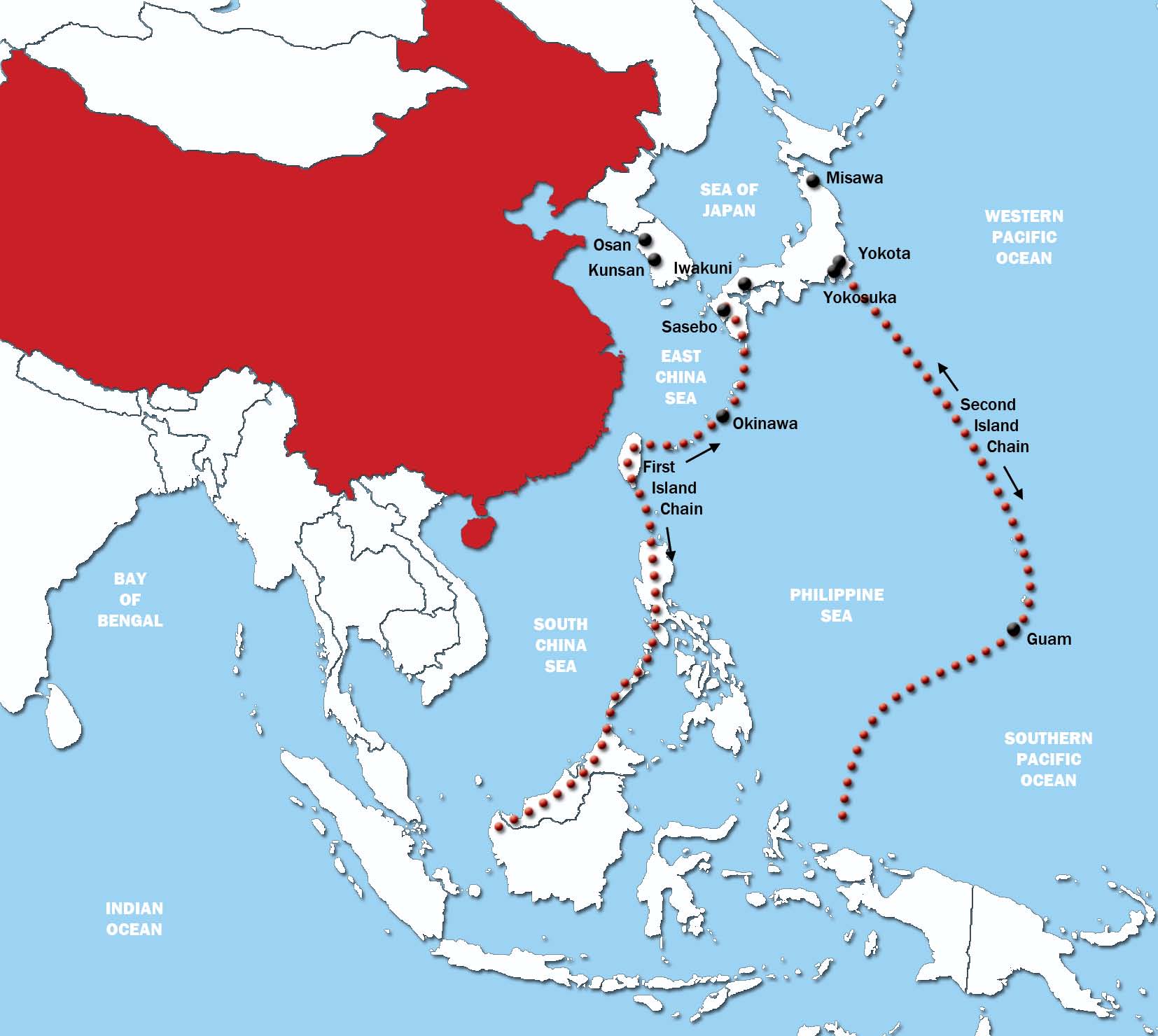
Links for this chapter: Online version of Ray Dalio's 2020 book: The Changing World Order -- Where we are and where we're going Naval War College Review - Gabriel Collins - 2018 A Maritime Oil Blockade Against China -- Tactically Tempting but Strategically Flawed Journal of Strategic Studies - Sean Mirsky - 2013 Stranglehold: Context, Conduct, Consequences of an American Naval Blockade of China Rand Corporation -- 2016 -- War with China -- Thinking Through the Unthinkable Forbes - Zak Doffman - July 11, 2020 -- Is TikTok Seriously Dangerous—Do You Need To Delete It? DailyMail, Australia -- November 30, 2020 Diplomat has built a career out of inflammatory tweets including horrific post about Afghan killings 
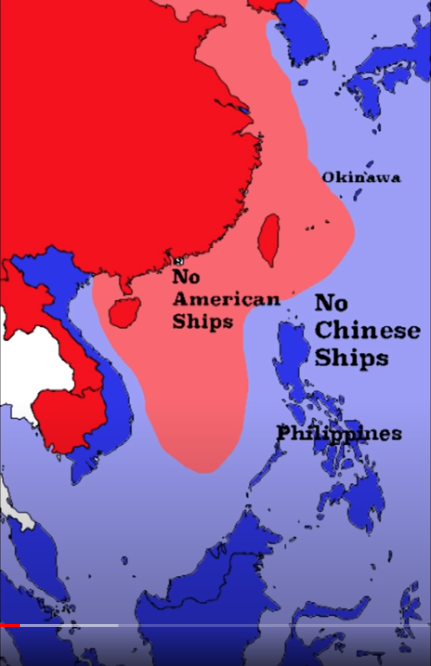


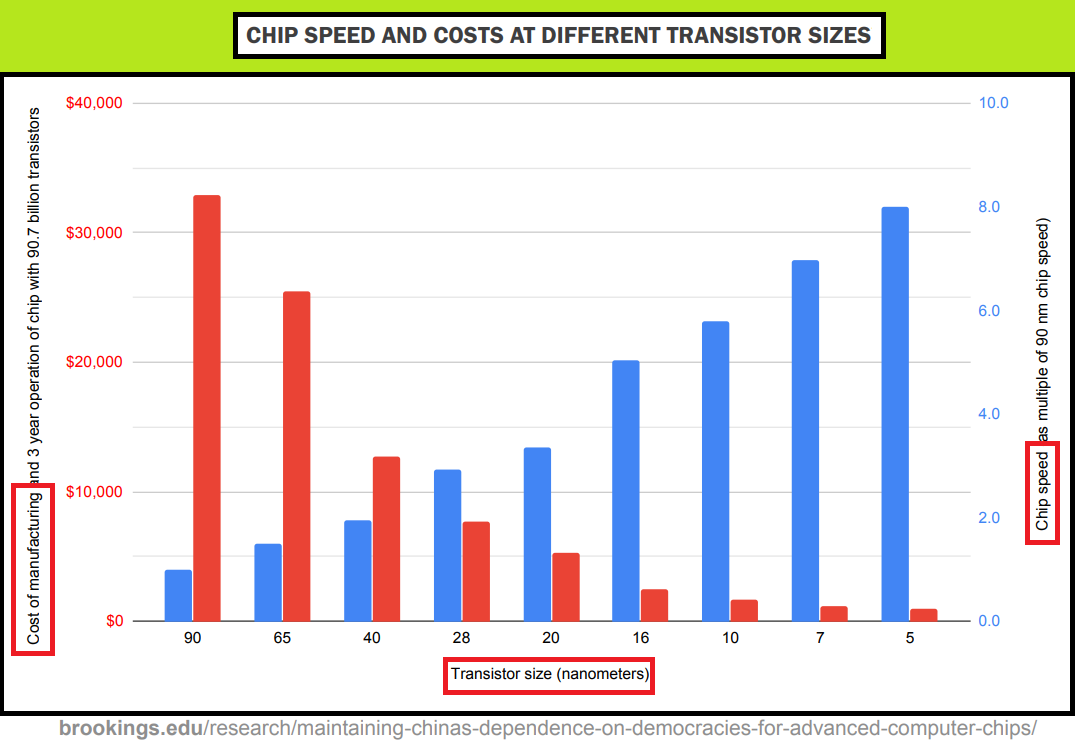
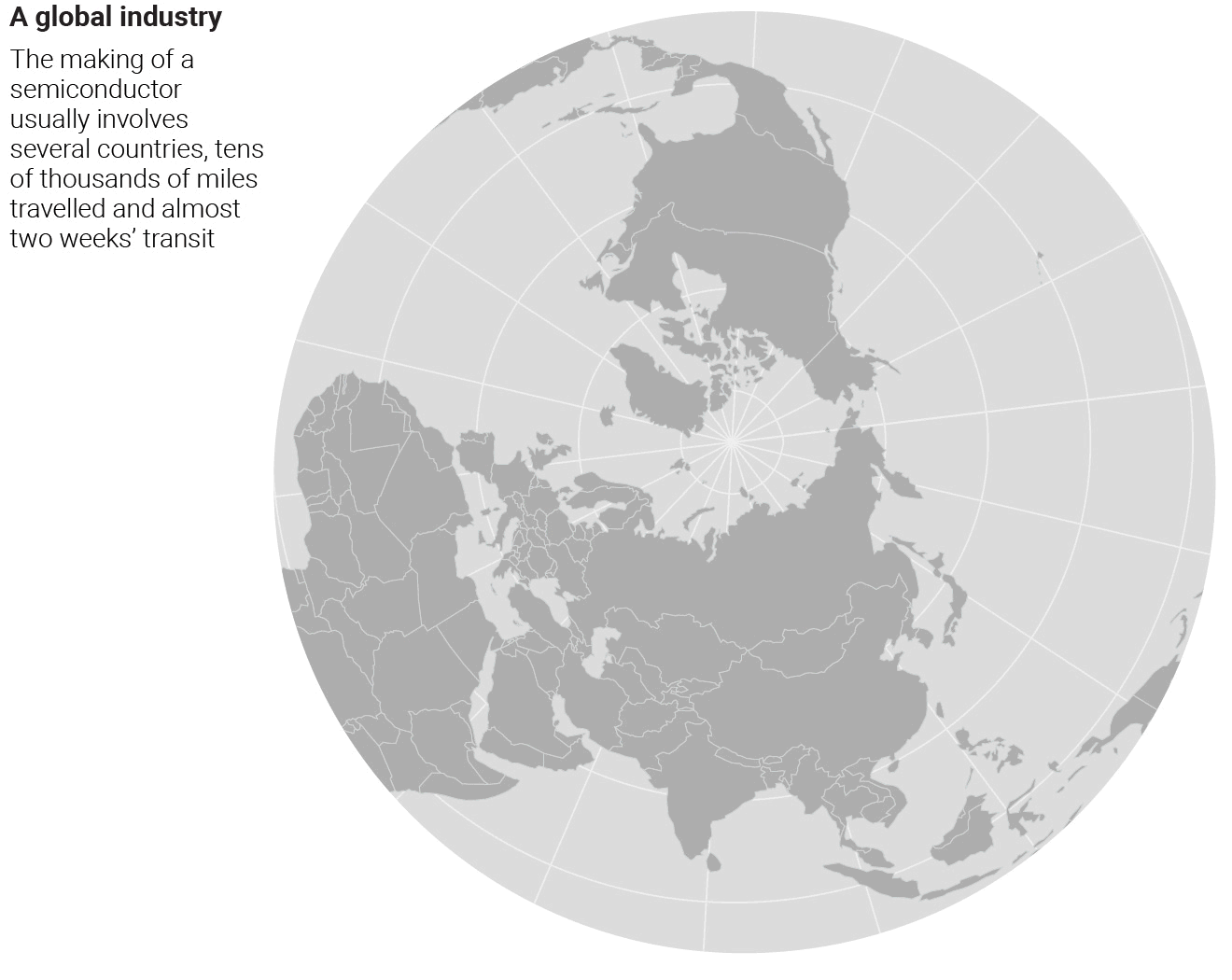

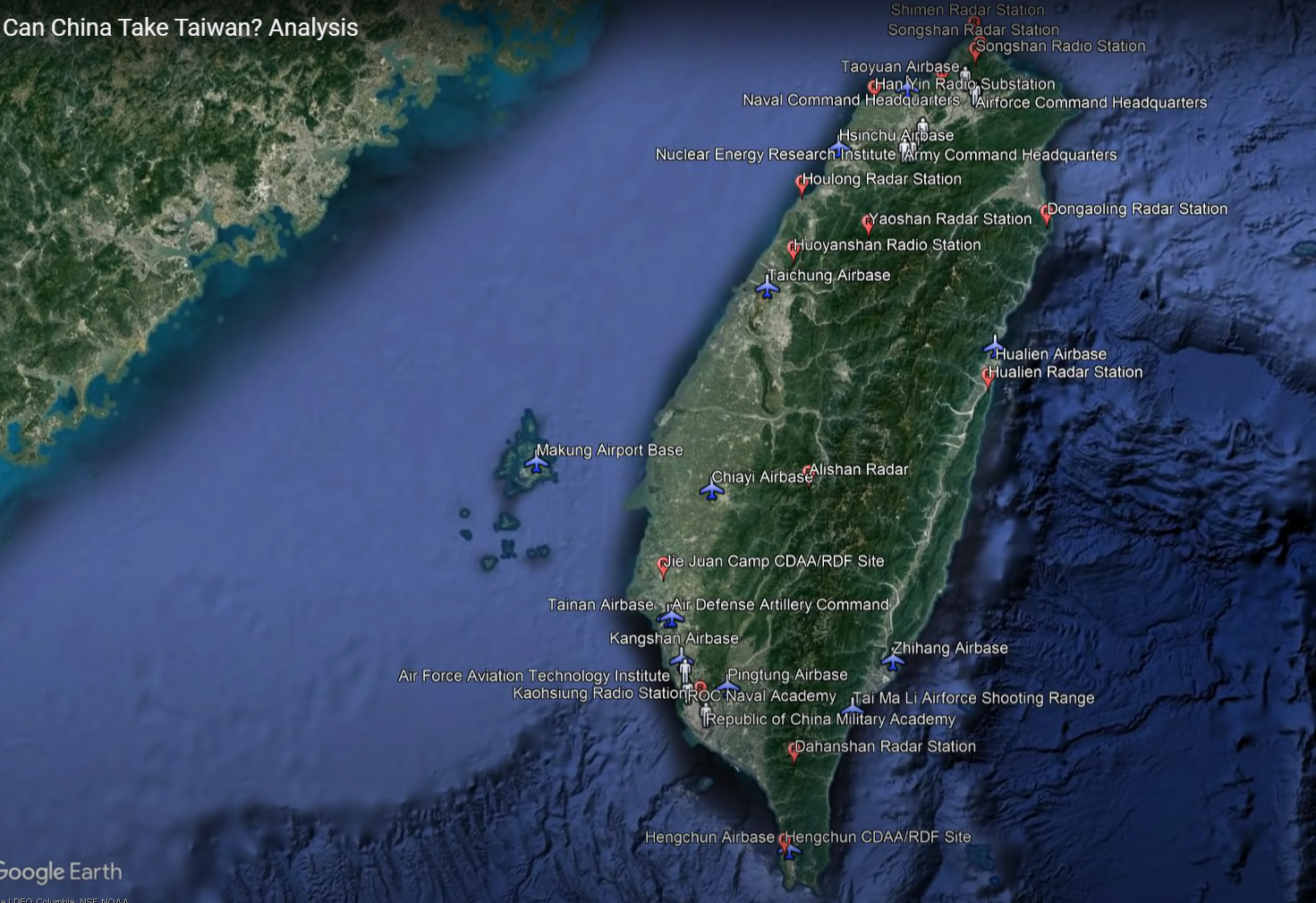


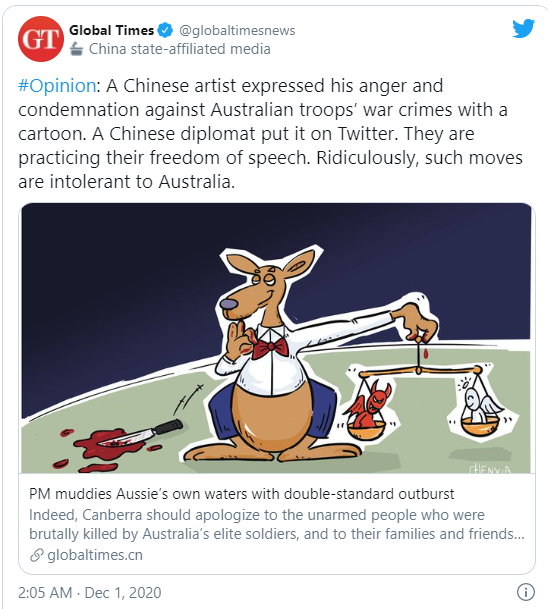

|
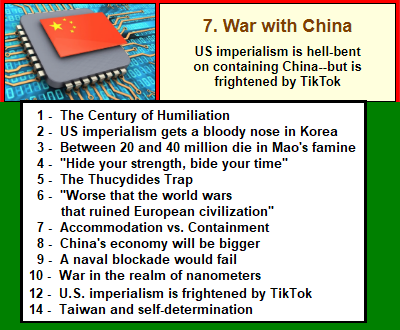 inevitable, but it is becoming increasingly difficult to see how it might be avoided I was born during the first war between U.S. imperialism and China, which took place in Korea from 1950 to 1953. I have a chance of living long enough to see at least the beginning of the second war, which will take place under quite different circumstances. China is emerging as the manufacturing center of the world, with the largest economy and its own imperialist ambitions. China has the determination and ability to retake Taiwan, and replace the U.S. as the dominant power in East Asia. The era in which the United States has stood as the reigning economic and military power in the world is drawing to a close. This era began around the time of the first world war, and will likely end sometime mid-century. China will be the indisputable master of East Asia after it reunites with Taiwan. This will take place either with or without war with the U.S., although war seems more likely. Either way, it will happen. I have been watching this story unfold for a while. My uncle was a colonel in the Marines and met Chiang Kai-shek. I became a maoist around the time that Nixon went to China, in 1972. I am no longer a maoist, but rather a student of Lenin. But the story of China, its place in the world, and the role of the Chinese working class in the unfolding events of this century--which I believe will witness the overthrow of the rule of capital--has always held a fascination for me. It is one of those topics that--the more we learn about it--the more we realize how little we know. I can claim no special knowledge of any kind, but I know that, as China and the US move closer to war, the general interest in this topic is bound to grow. Since so much that is written about this and related topics is shallow (for obvious reasons) I thought it would make sense for me to sketch out a few notes here. Chinese civilization goes back to before the time of ancient Greece, Rome and Persia--before the time of the Bronze Age and the Trojan War--all the way back to the Stone Age and the emergence of agriculture. For much of history, China was the center of the world economy. But capitalism developed first in Europe, and the European countries became colonial powers which were able to use modern weapons and technology to rape and enslave the rest of the world. China was not spared, and its century of humiliation is often regarded as beginning in the 1830's, when Britain ransacked whatever they could reach when the Chinese government attempted to ban the sale of British narcotics (ie: the "Opium Wars"). After this, China was carved up like a melon. The century of humiliation is regarded as ending when Mao's armies chased the US imperialist puppet, Chiang Kai-shek, to Taiwan in 1949, where he was protected by the US 7th fleet. Taiwan, today, remains as "unfinished business". China and the US went to war with one another in 1950, in Korea. In many ways it was a battle between rifles and jets, but US imperialism got a bloody nose, and learned that it was unwise to underestimate China. die in Mao's famine The alliance between China and the Soviet Union disintegrated in the 1950's, and under Mao's leadership, the biggest famine in history led to between 20 and 40 million deaths between 1959 and 1961. The U.S. and China established a defacto alliance in the 1970's against their mutual enemy, the Soviet Union. After the collapse of the Soviet Union around 1990, the ruling class in the U.S. saw China as a source of cheap labor and as a big future market, while in China the philosophy was "hide your strength, and bide your time". "It was the rise of Athens and the fear that this instilled in Sparta that made war inevitable" -- Thucydides, "History of the Peloponnesian War" China's economy grew and, around the time of the 2008 financial crisis, as the U.S. and European economies grew unsteady, China saw that it was time to stop hiding and biding, and became more assertive. Soon both the U.S. and China began to openly talk about and prepare for an eventual war. As China asserted itself in the East and South China Seas, Graham Allison, a Harvard professor, used the phrase "Thucydides Trap", in a 2012 magazine article, to describe a tendency towards war when a rising power (such Athens) challenges the dominant status of an existing power (such as Sparta). Allison followed up with a 2017 book "Destined for War", which made clear that the US and China were on a collision course. Allison did a survey that showed that--12 out of 16 similar situations in the last 500 years--resulted in war. You can find all kinds of shallow articles or videos on the internet about a possible war with China. But deeper, and more sober sources are also available. that ruined European civilization" The first question many people want to know is whether, in the event of war, the US and China would use nuclear weapons. The answer is probably not--although no one really knows. The problem with war is that, once it begins, it tends to have a logic of its own in which sometimes the only way to avoid immediate defeat is to gamble on escalation. In talking about a war between the US and China, Henry Kissinger (who is both an insightful historian as well as a war criminal who deserves to be hung) noted that not one of the leaders who entered the first world war would have done so if he had known what the outcome would be like. Last November, Kissinger warned that such a war could easily escalate (in particular because modern technology tends to strongly advantage the side which escalates most quickly) and slip entirely out of the control of those who initiate it. The result could be a "catastrophic" war that "will be worse that the world wars that ruined European civilization". If Kissinger's views were representative of the influential strategic thinkers who guide U.S. policy--then this might indicate that U.S. imperialism would be determined to avoid war with China. But Kissinger and those who share his view appear to no longer have influence. Strategic thinkers in the U.S. are commonly said to fall into one of two camps: (1) those who favor the accomodation of China, and (2) those who favor containment. The first camp recognizes, for example, that the U.S. cannot stop China from taking Taiwan (and would be foolish to try). I think of these camps as "realpolitik" vs. "fantasypolitik" -- because it is a fantasy to think that the U.S. will be able to contain China's ambitions over the long term. But when I look at journals (such as Foreign Affairs or Foreign Policy) which represent the opinions of those who have access to strategic experts, it seems clear that it is the containment camp which has influence. Those who argue against war with China appear to be aware that they are considered naive. Worth reading are the view of Ray Dalio. I include a link to the free online version of his book "The Changing World Order" and show two of his charts, which make clear that, in terms of relative power, the decline of the U.S. and the rise of China appear to be unstoppable. China's economy is already larger than that of the U.S. when measured in terms of Purchasing Power Party (ie: one of the ways in which national wealth is calculated). Within ten years it will also be larger when measured in terms of Market Exchange Rates (ie: the other way of measuring). Studies and policy papers by various think tanks, and the Naval War College, that I have looked at were much more optimistic about the outcome of war with China ten years ago than they are now. One idea that used to be popular was that the U.S. could win a "stand-off war" by simply staying out of range of China's ship-killer missles and instead blockade China's oil imports, and if necessary also China's trade. But in more recent years it has become clear that this would not work. China is prepared, and might be able to withstand an oil blockade for years (by means of rationing, substitutions, overland pipeline routes, and its strategic stockpile). And China's role in the world economy means that a U.S. blockade against China's trade would amount to an act of war against the economy of most of the countries on earth. This would plunge the world into a depression and have severe consequences in terms of damaging U.S. relationships everywhere--and lead many countries to retaliate in various ways against the U.S. This means that it would probably not be realistic for the U.S. to maintain a blockade long enough to win its objectives. Efforts by the U.S to avoid or reduce the causalties and other damage of a shooting war by, instead, slowly strangling China from a distance with a naval blockade would likely have another effect also: it would look, to countries in the region that are caught between the U.S. and China, like U.S. imperialism is afraid of a real war--and is not truly committed to maintaining its power in the region. China spends more money importing semiconductor chips than it does importing oil. The worldwide semiconductor market is about a half trillion dollars per year, and is growing, as semiconductors become part of an increasing number of both consumer products (such as cars) and weapons such as planes, tanks and missles. However, as semiconductor size has shrunk (and the associated technology has gotten more complex and expensive) the number of companies that actually manufacture semiconductors has also shrunk. Today only 3 companies make the most advanced (ie: smallest) semiconductors, and all are outside China. China decided to end its dependency on critical technology from US imperialism (and US allies in Europe and Asia) but this will not be easy because they have united to embargo from China the sale of advanced semiconductors (and the equipment needed to make them). This leaves China seriously behind "the West" (which at this point includes Japan, South Korea and Taiwan). Taiwan is producing 5 nanometer chips, while China is 3 generations behind, making 14 nanometer chips. Chips become more powerful as the transitor size shrinks, because more transistors will fit on a chip. Each generation of chips has transitors that are about a third smaller than before. So a chip with 5 nanometer transistors will be nearly 10 times more powerful (or 10 times cheaper) than a chip based on 14 nanometer technology (see chart). Even assuming a "Manhattan Project" level of commitment, it would likely take China at least 10 years to catch up to the level of where the US and its allies are now. And, by then, Taiwan will be making 2 nanometer chips. In comparison to modern semiconductor manufacturing equipment, nearly everything else is simple. Manufacturing nuclear weapons? Simple. Creating missles to deliver those weapons with pinpoint accuracy to the other side of the earth? Not a problem. Sending a rocket to the moon and back with rock samples? China has been there, done that. But creating 5 nanometer chips? The only thing more difficult would be sustained fusion energy (which humanity has never achieved). The smallest features on a 5 namometer chip are about 10 nanometers (the advertized size has gotten out of sync with actual size). 10 nanometers is about 50 atoms wide. Creating chips with features that size requires starting with a laser powerful enough to cut through 3 inches of steel. That laser is used to zap microscopic droplets of tin, 50 thousand times a second, creating a plasma that radiates extreme ultraviolet photons, which are bounced off mirrors and onto a lithography system that helps to etch the silicon wafer. All this is in equipment that is made by only one company in the world (in the Netherlands--see video) and must be adjusted daily, more by the use of black magic than technology. more than the rise of China The embargo on advanced semiconductors, associated manufacturing equipment, and the disruption of tech supply chains worldwide imposes a hefty tax on the entire world economy. Foreign Affairs (Sept 11 2020, Adam Segal) cites a report from Deutsche Bank which estimates this cost as $3.5 trillion over the next five years. Readers can understand what this means: a trillion here, a trillion there, pretty soon you are talking serious money. In 1941, the US attempted to use an embargo on oil to cripple the economy of Japan. Japan responded, 6 months later, by bombing Pearl Harbor. It is probably safe to say that both sides have run war games to see how events would unfold if China responded, to the current embargo, by seizing the world's most advanced semiconductor manufacturing facility (Taiwan Semiconductor Manufacturing Company) barely more than 100 miles from its shore, in territory it considers its own. But, if there is going to be a war, it is to the advantage of US imperialism that it be sooner, rather than later. And it is to the advantage of China that the war take place later, when victory would be more certain. Will China be able to catch up to "the West"? I think it will. I would like to think that, when it does so, US imperialism will recognize that it is "game over"; it simply does not have the ability to contain China. That would help to avoid a war. More important, in avoiding a war, would be the development of political movements here in the U.S. that make it clear to the representatives of capital that a war with China would likely lead to their revolutionary overthrow by the US working class. That is the only thing that scares them more than the rise of China. is frightened by TikTok There is also another dimension here that is often overlooked in the typically shallow articles and videos: a war by U.S. imperialism to contain China would be unpopular everywhere--even in the U.S. once the patriotic jingoism wears off and the sober realities of war sink in. This later factor would be amplified by the reaction to war on social media. U.S. imperialism is already frightened of TikTok precisely for reasons like this. Here is Forbes: "TikTok is Chinese. ... It is now more viral than Instagram and YouTube ... social media is used to push propaganda out to users who tap those platforms as a primary source of news. When TikTok is described as a national security risk, that is essentially what those governments mean. ... TikTok and other apps present a danger of mass manipulation and social control and disinformation. The danger may be minimal to the individual but serious for society and democracy." That sums it up well, except that, in the quote above, we should substitute "the rule of capital" for the word "democracy", and "the exposure of hypocrisy and lies" for "mass manipulation and disinformation". To understand how badly U.S. imperialism would get its butt kicked as a protracted war plays out on social media--we can consider the #ZhaoLiJian #Australia incident in November. A four year investigation in Australia revealed that special forces killed 39 unarmed prisoners and civilians in Afghanistan, with senior commandos forcing junior soldiers to kill defenceless captives in order to “blood” them for combat. In response, Chinese foreign ministry spokesman Zhao Lijian tweeted a photoshopped representation of an Australian soldier slitting the throat of a child holding a sheep. The Australian Prime Minister, Scott Morrison, demanded Twitter remove the "doctored photo". Twitter, of course, told Morrison to take a hike, because the image was not a "doctored photo" but was simply an artistic representation, after the fact, of a real event, as was obvious to anyone who looked at it. In response to this, another user tweeted an image of Picasso's Guernica (regarded by many as the most powerful anti-war painting in history) side-by-side with Zhao Lijian's image, with the following words: Q: What is the difference between Fascists and Australians? A: Hitler did not demand Picasso to apologize for his painting. One of the most important questions related to a war between a declining U.S. imperialism and a rising Chinese imperialism is simple: Which side will you take? But this does not mean that we must choose the "lesser evil" of the imperialists. Marx taught us that the proletariat has no country. A war between the U.S. and China would fundamentally be a war between two competing groups of capital (which is ultimately organized and regulated on a national basis) represented by two competing groups of capitalists. The answer to this question is therefore that we must take the side of the proletariat: the workers of the U.S., the workers of China, and the workers of all the countries that would be involved in this terrible war. All of these workers are our class brothers and sisters and all of us share a common interest in getting rid of the rule of capital which makes these kinds of wars inevitable. See also Appendix C (below): Taiwan, self-determination, and the struggle against imperialist war |
||
|
Reddit Discussion: A facebook post (with tons of comments) related to how the left needs to use modern digital technology to create its own platform (1) Ben's Law (2) filters for hotheads and bullshit Some exchanges concerning the need to express our feelings Ben replies to TML for March 7 Ben expands his reply to Andrew Ben replies to Andrew Ben adds 2 comments to his reply Ben replies to Andrew (Includes Feb 15 reply from Andrew, co-host of TheMarxistLine) Ben asks for thoughtful comments, questions, and criticism The Big Picture: We need a proletarian party for the information age Ben gives an overview of "Fully Automated Luxury Communism" and how a proletarian economy based on the unfettered flow of of information will bring forth a vast increase in the productivity of labor. Ben also corrects the one-sidedness on this topic from Louis Proyect. And Ben sketches out how Trot groups disintegrate when their orbits around the left wing of the Democratic Party pass the Roche limit. 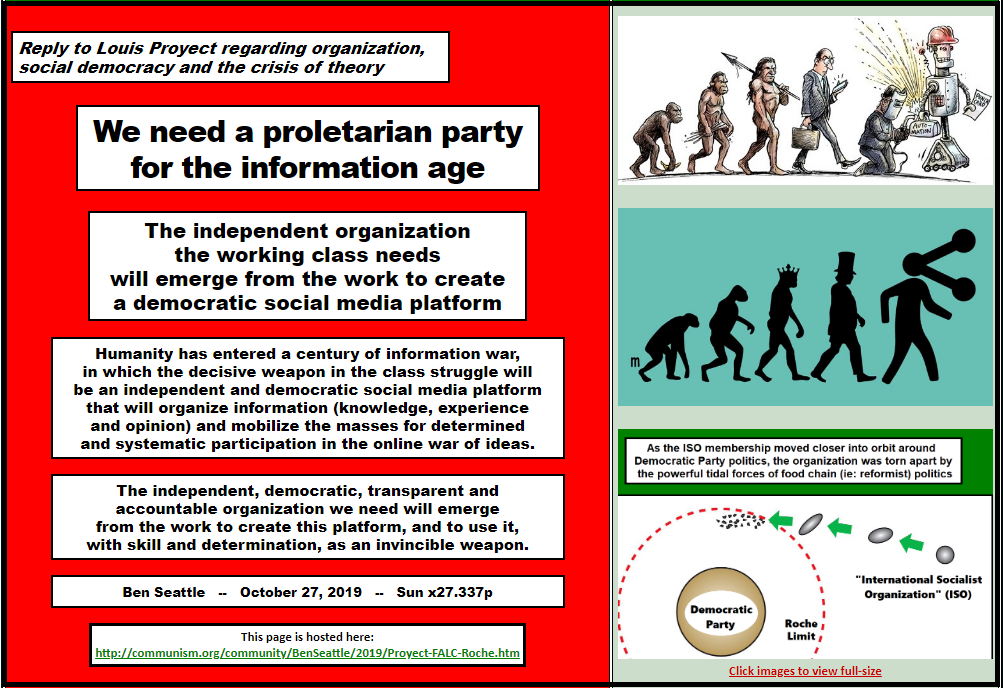
A Relaxing Video: (below) Ben's video: "Our brains are divided because the universe is divided" |
and thoughtful criticisms I'll get to the point. I need to hear from you. I need thoughtful and considered comments, questions and criticisms. You can contact me by posting on Reddit (see link in next column) or via facebook (where I am "Ben Stevens") or by email. I need feedback from serious thinkers and activists (and even from less serious thinkers and activists). I would like to know: (1) what parts of this report you read and found of interest--or thought was full of shit (2) what you liked (or didn't like) about the layout and page navigation (and what you would like to see improved) (3) anything else that might be important to you In the meantime, for anyone interrested in my views on "the big picture", I recommend my lengthy essay "We need a proletarian party for the information age" (see link next column). Also, for something a bit lighter, I created a video (see next column) "Our Brains are divided because the Universe is divided". |
||

Who is afraid of transparency? (Sept 2020) Node 4007 -- facebook thread with WSWS supporter (Sept 2020) Node 4008 -- Letter to the World Socialist Website (October 2020) Node 4009 -- We will have our Trinity (November 2020) Node 4010 -- Exchanges with moderator of r/Socialism (October 2020) Node 4013 -- More exchanges with r/Socialism moderators Transparency will be based on a level playing field -- with equal democratic rights for all (October 2020) Reddit -- TML # 41 review of "Who is afraid of transparency?" (October 2020) WSWS Commenting Policy Link 2 Link 3 |
(a supporter of WSWS/SEP) December 6, 2020 Hi Ben, Thanks for your reply Ben, but it really doesn't respond to my issues with your perspective. It may be my fault for failing to emphasise it sufficiently, but what I had hoped to see was an explanation of how your proposal would advance any of the struggles the working class currently faces, which I don't feel you have done. As you say "[ending capitalism by a mass movement] will be enabled by organization. Organization will be greatly helped by a democratic social media platform" - but your proposal is not to immediately establish a social media platform, it's for the WSWS to offer to host articles from any tendency who wants to address the audience it has attracted. You accuse the ICFI of believing ourselves to be "infallible" and of simply telling workers "who to clap for and who to boo", but I don't recall our ever having done this (yes, we criticise the pseudo-left harshly, but since we do that to convince workers of our analysis of the role of these groups, there would hardly be any point in doing it without providing an actual basis), and your insistence that we are guilty of (among your many accusations) "substitutionism" has precisely this character -- whether a group which says it aims to build itself as the leadership of the working class is "subtitutionist" is a matter of judgement, so to be anything other than a sectarian attack you ought to justify your accusation with some genuine details of why a force other than the ICFI should be built as that leadership. If we say to "boo" someone, we point to some concrete failing, not merely denounce them as a "cult", as "gullible", "in denial"... And yes, we do recognise in a principled way the contribution of others -- off the top of my head you should check out our interviews with a BRTUS founder about that parents' group, our campaign against internet censorship has collaborated with multiple non-Trotskyists (even recognising the principled stand taken by a faction of the DSA), we have recognised the work of the "International Marxist Tendency" in producing an excellent new edition of Trotsky's biography of Stalin. Perhaps you think we've failed to recognise the contribution some other group has played - please tell me which. I'll keep my main response short so as to only cover that one point. A few minor points: - I do see why you've had negative experiences of your previous interactions with WSWS supporters: it's very tiresome to engage in a civil manner while being called a cultist, "gullible", a "mindless trotbot" [and before you deny that one applied to me, it's no better if you were only describing my comrades] and a "rape apologist". I can stand to set that aside to reply to the substance, but that's a matter of personal preference, not principle. If comrades choose to spend their time in some other way than being insulted by an ex-Stalinist I don't blame them. - The WSWS comments section is a forum for discussion and even disagreement, but we do moderate it to ensure discussions are on-topic and productive. You can view the policy here: [see link next column] The comment you have sent to me seems to fall foul of the "stay on topic" requirement. Disagree with the notion of moderating comments if you like, but our policy contains none of r/socialism's censorship based on political disagreement. - The banning of the WSWS from r/socialism is over opposition to the "law and order" campaign supported by much of the "left" in the Brock Turner case, and the development of this into the current MeToo movement. Thank you for linking to your response again; I agree that readers ought to judge for themselves whether there is anything wrong with your response to that ban. - Yes, "objectivist" is a word -- take it up with Lenin (or his translator) [link 1] quoted in [link 2] . You claim "I have never said that the work to overthrow capitalism will only become possible towards the middle of this century." and that to suggest you did is "word twisting and time wasting". If I may quote from Spartacus Ex Machina, in which you lay out your perspective in detail, "It also appears likely to me that the core of activists which comes together to create this machine--will also be the core that creates the class independent party of the international working class--because I believe this party can only emerge in connection with this machine." Taken together with your insistence that the machine will emerge "towards the middle of the century", what is the reader to conclude other than that a party capable of leading the overthrow of capitalism cannot emerge until the middle of the century? It is not "word twisting" to put 2 and 2 together from your writings. Best wishes, CB |
||
Every day, for 60 days in a row, 5 thousand men were ferried across the burning Volga river. Their mission was to die as expensively as they could in the fight that broke the back of Hitler's army. Every day, for 60 days in a row, was more than the equivalent of D-Day at Normandy beach. Life expectancy, for those who survived the ferry trip, averaged less than 24 hours. Chuikov was the guy in charge. When given his orders, he replied: "We shall hold the city or die there." His HQ was a tunnel dug into the steep embankment on the Volga shore. The Germans, only hundreds of meters away, shelled the refinery at the top of the embankment, and flaming oil poured down over the entrance to his tunnel. Chuikov and his staff could hardly see through the hot, acrid smoke, and had to breath it for hours. The worst part of it was that every few minutes the phone would ring. Stavka was calling. They wanted to know if he was still alive. Two months later, Chuikov was told that he would not be getting his usual reinforcements the next day, as no further German offensive operations were anticipated. He understood what this meant: the long-awaited Soviet counteroffensive was about to begin. The software I am creating (a note-taking and content creation app) is dedicated to the memory of Vasily Chuikov. What we can learn from Chuikov is not to underestimate what people can do when they have a clear and compelling purpose. |
|||
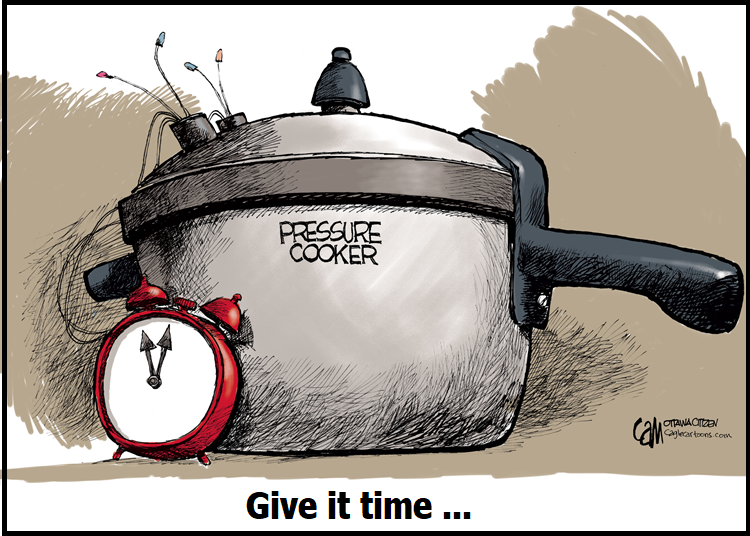
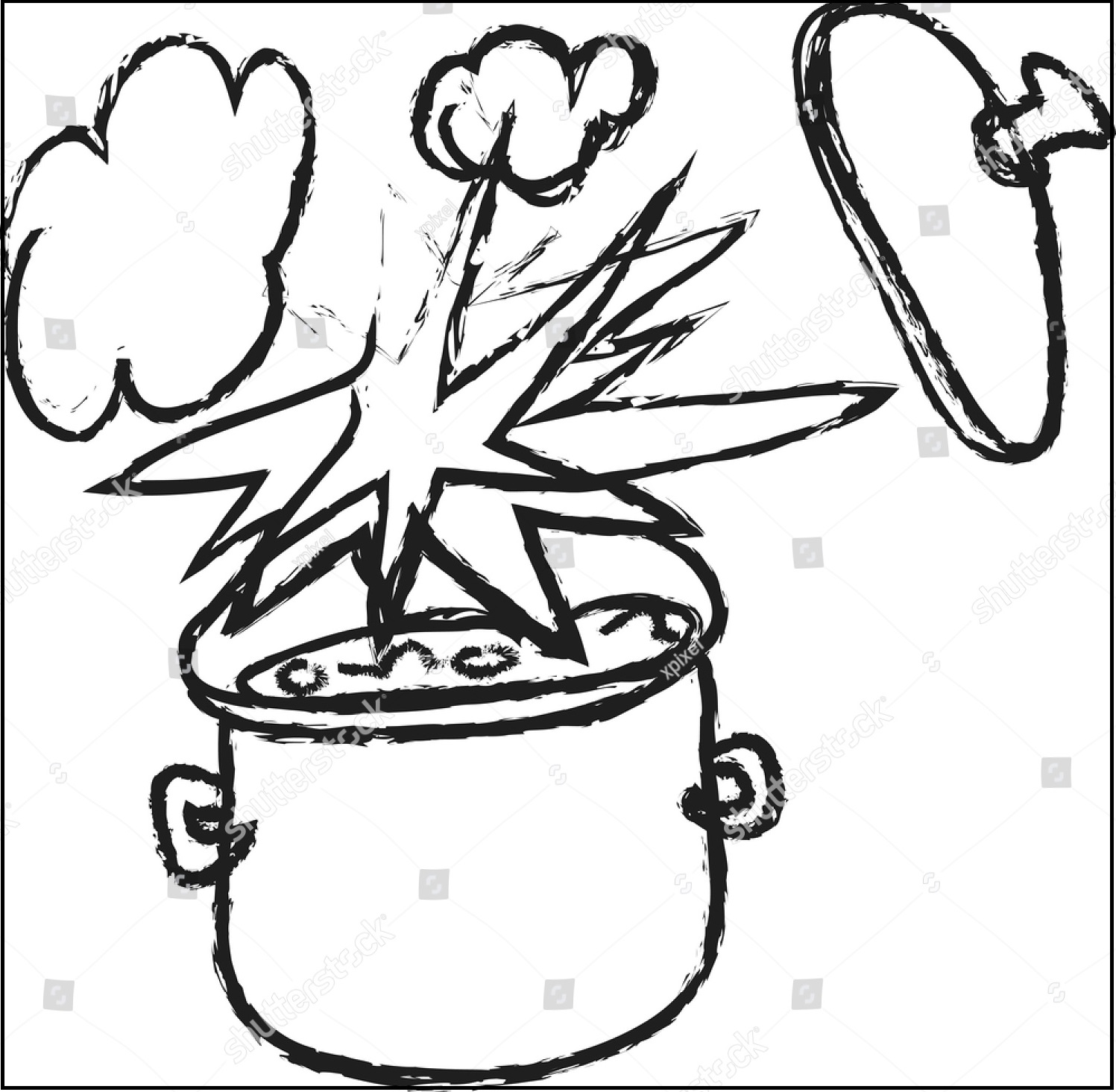
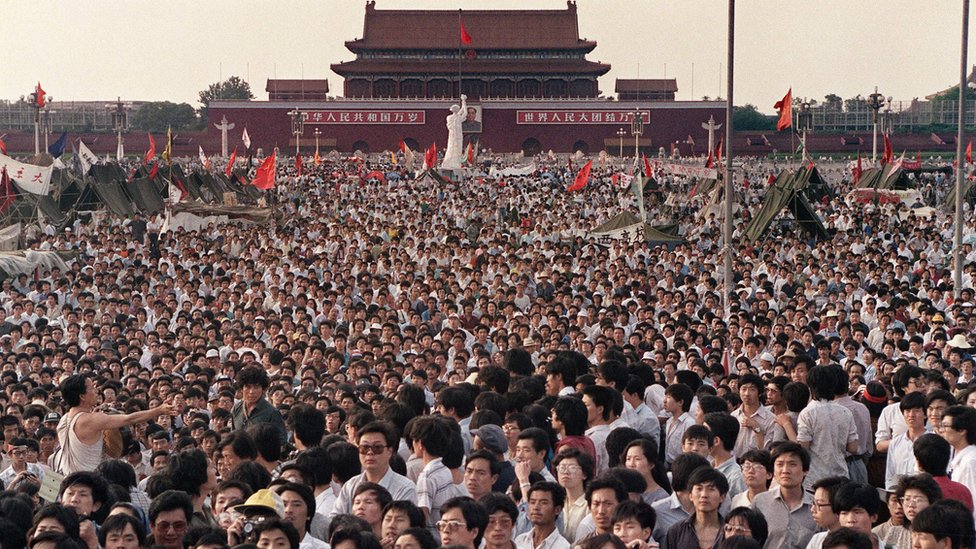
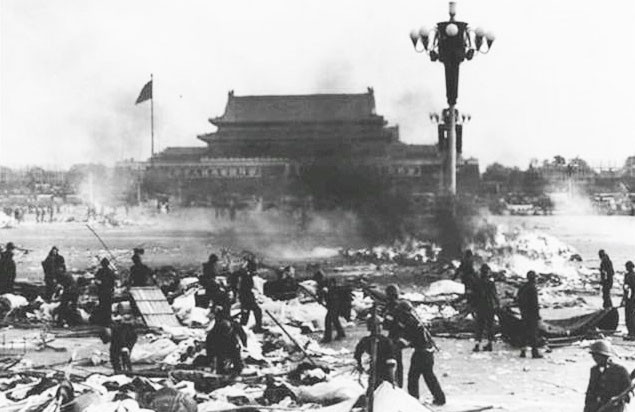
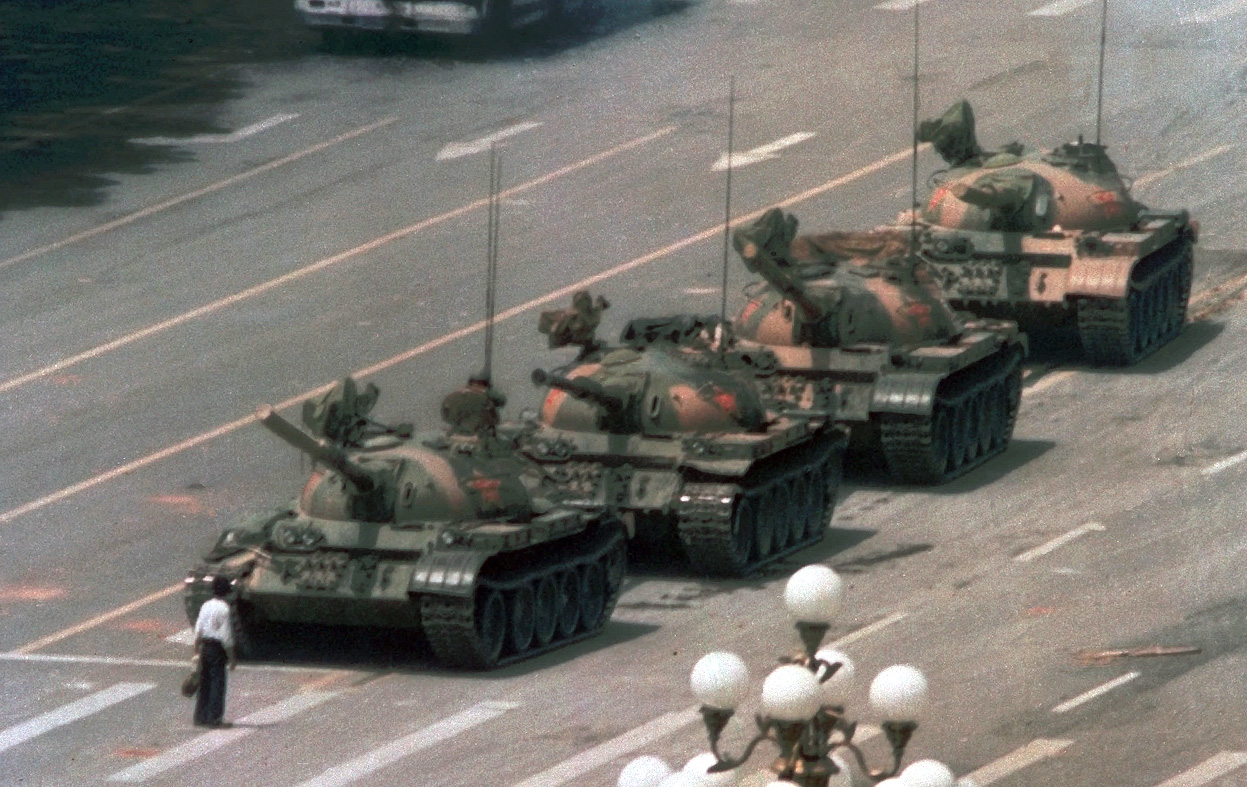
|
the struggle against imperialist war (This appendix added February 12) When Nixon and Kissinger talked to Mao and Zhou Enlai in 1972, they all understood that US imperialism would (eventually) have to give up Taiwan (the transcripts have all been declassified). They agreed to "kick the can down the road". But the road does not go on forever, and the probability of a war between the US and China exists in the context of several factors which are complicated, and may be confusing: (1) Taiwan, an independent nation of 24 million people, is being used as the lid, by US imperialism, for its efforts to contain China. It is doing this in two main ways: (a) militarily: Taiwan has a strategic location that would be useful in a naval blockade of China's access to the sea (b) economically: Taiwan is the world leader in advanced semiconductor manufacturing at a time when advanced semiconductors (and the equipment needed to make them) is being embargoed from China (2) The Chinese ruling class has a history of brutal repression of protest movements. The most famous example, of course, is the suppression on June 4, 1989 of the Tiananmen protest movement. Some people have reported that hundreds were killed in Tiananmen square that day--but this is mistaken on two counts: (1) thousands (not hundreds) were killed and (2) the deaths were not in the square itself, but along the streets and avenues leading to the square where army reinforcements fought against residents who had obtained weapons from the first wave of military units who had surrendered them. (3) China has imprisoned (by most estimates) one or two million Muslim Uyghurs in Xinjiang, and is attempting to suppress or destroy Uyghur cultural and religious traditions. By some definitions, this amounts to genocide. There have also been reports of systematic mass rapes. (4) China has suppressed the protest movement in Hong Kong. (5) China denies its citizens the right to voice their opinion about, or even know about, a whole host of sensitive topics (including points 2 - 4 above) and denies its citizens the right to collectively organize independently (ie: without permission). Even basic trade union rights (which may exist on paper) are often a fiction. (6) US imperialism (which has its own list of current and former atrocities) makes use of the crimes of China's ruling class as (supposed) justification for its own preparations for imperialist war. For example: "human rights" is being used as an excuse for the current technology embargo against China. In these circumstances, we must recognize the basic principles that can guide our perspective and our actions. (1) We oppose imperialist war. We oppose preparations for war. We do not take the side of one imperialism against the other. (2) We support the right of people in any territory to decide for themselves whether to be independent or to be part of a larger territory. (This right is called self-determination.) (3) We recognize that activists in Taiwan and Hong Kong are in a difficult position, because, as they struggle for their rights, US imperialism is attempting to hijack their struggles and use these struggles for its own imperialist aims. US imperialism is not a friend of any of these movements: it is both unreliable and treacherous. Rather, activists must find ways to link up with and rely on activists in other struggles and the working class in every country. (4) We are not afraid to speak the truth about any of these things, and we do not allow ourselves to be intimidated by those who claim that speaking the truth means support for either US imperialism or the crimes of China's rulers. None of the points I have listed above are likely to be new to activists who have been following this unfolding story. I don't have much to add beyond what is already well known. on solutions I will add one comment here: the revolution in communications, it appears to me, is destined to play a big role in the struggle of actvists and workers everywhere to (1) make connections with one another and (2) sort out the way forward and determine what forces are reliable (and what forces are treacherous) and develop organization, tactics and objectives on this basis. There are three stories which I believe will dominate this century: (1) the likely war between US imperialism and China, (2) the continual development of the revolution in communications and the use of this by the working class to raise its consciousness and organize its efforts, and (3) the overthrow of the rule of capital and the emergence of a transitional society that will lead humanity to an economic and political system that is not based on commodity production. These three stories appear to be bound up with one another. At this time, most activists who attempt to engage in long-term thinking are focused more on things like (1) the likelyhood of economic crisis and repression or fascism, and (2) global warming and (3) other things, such as ecological destruction and more pandemics. All of these things are real. I will not live to see many of them. But, as we create a movement that moves from object to subject, we will learn to focus, not simply on the problems--but on the solutions to these problems. |